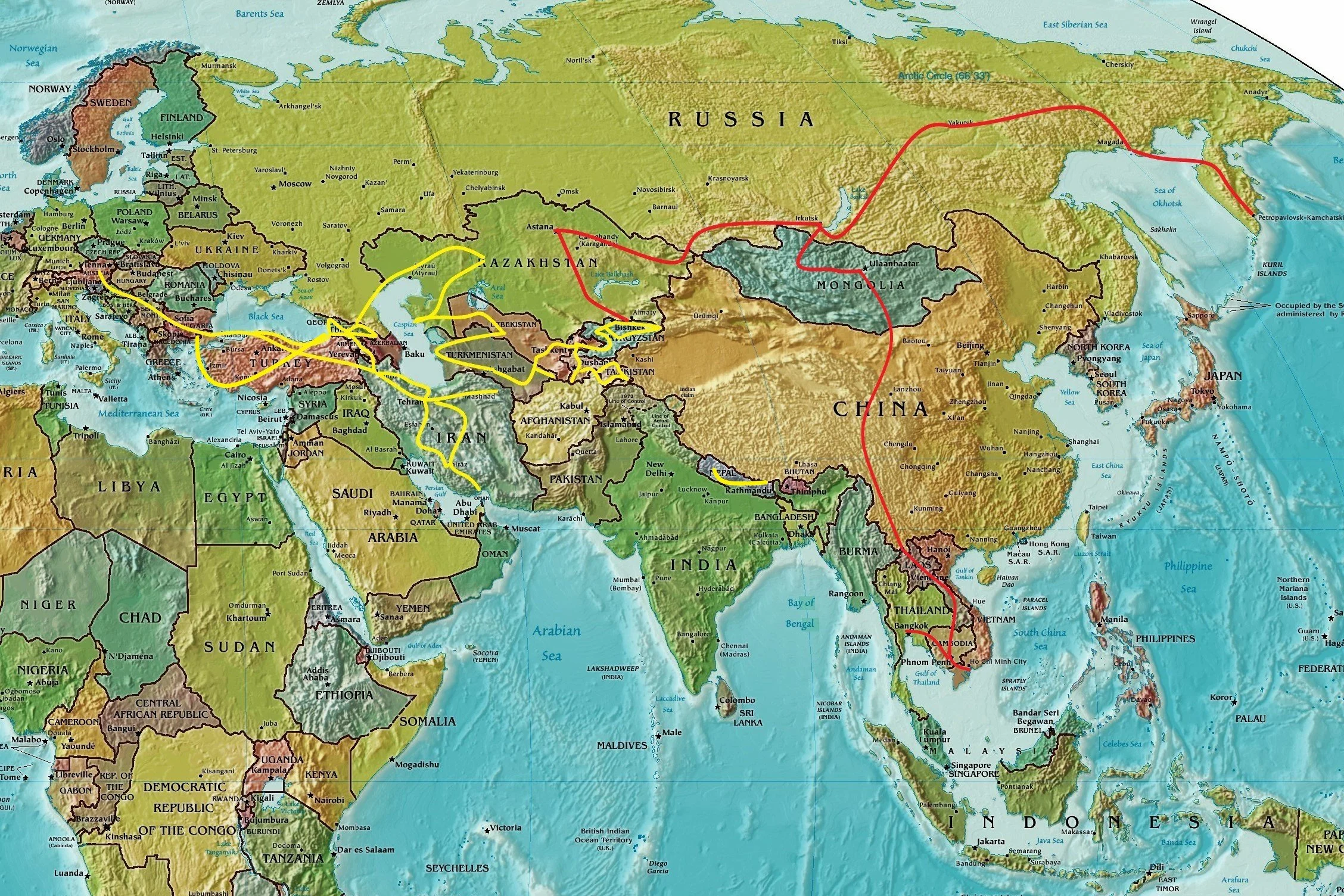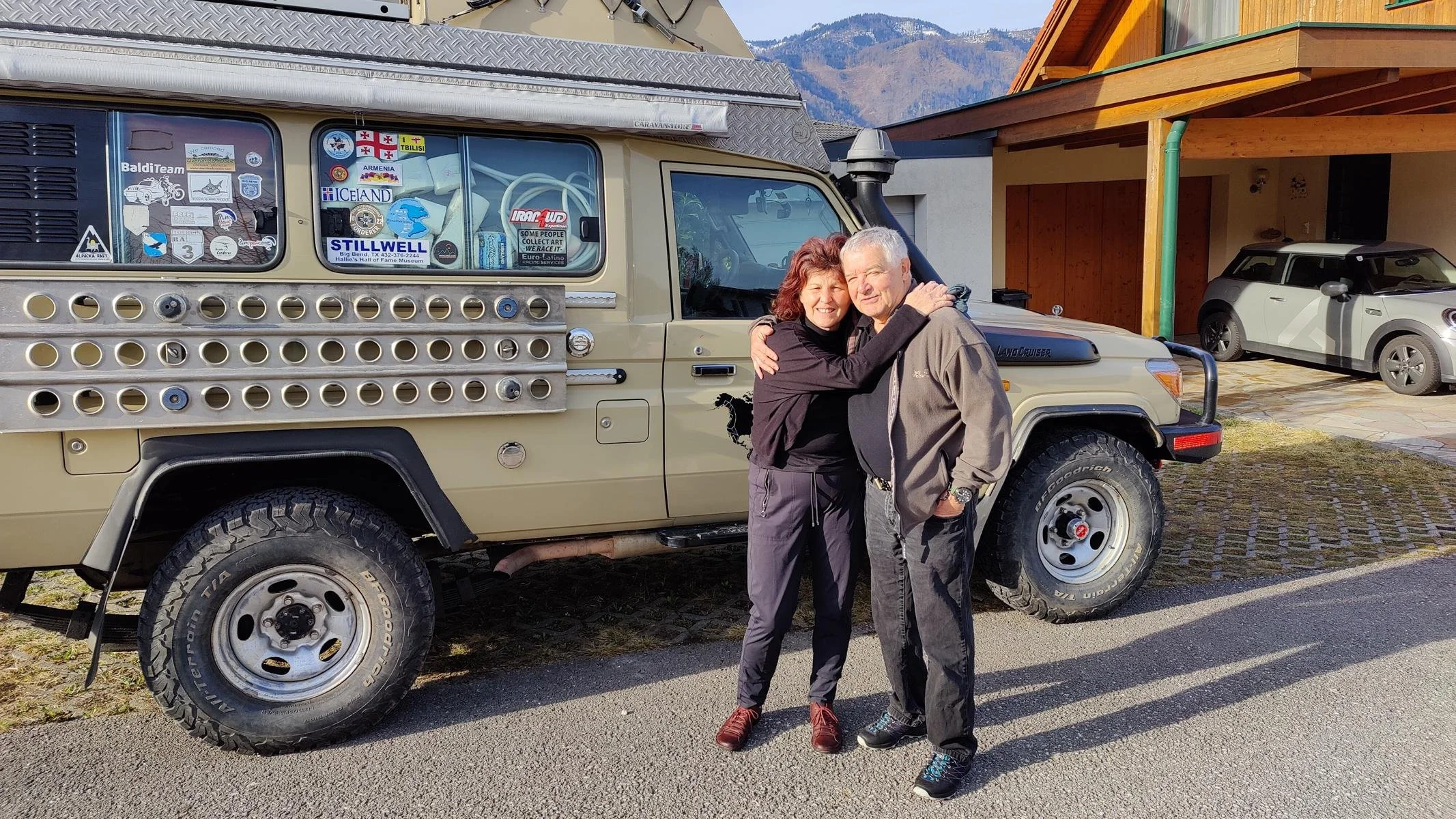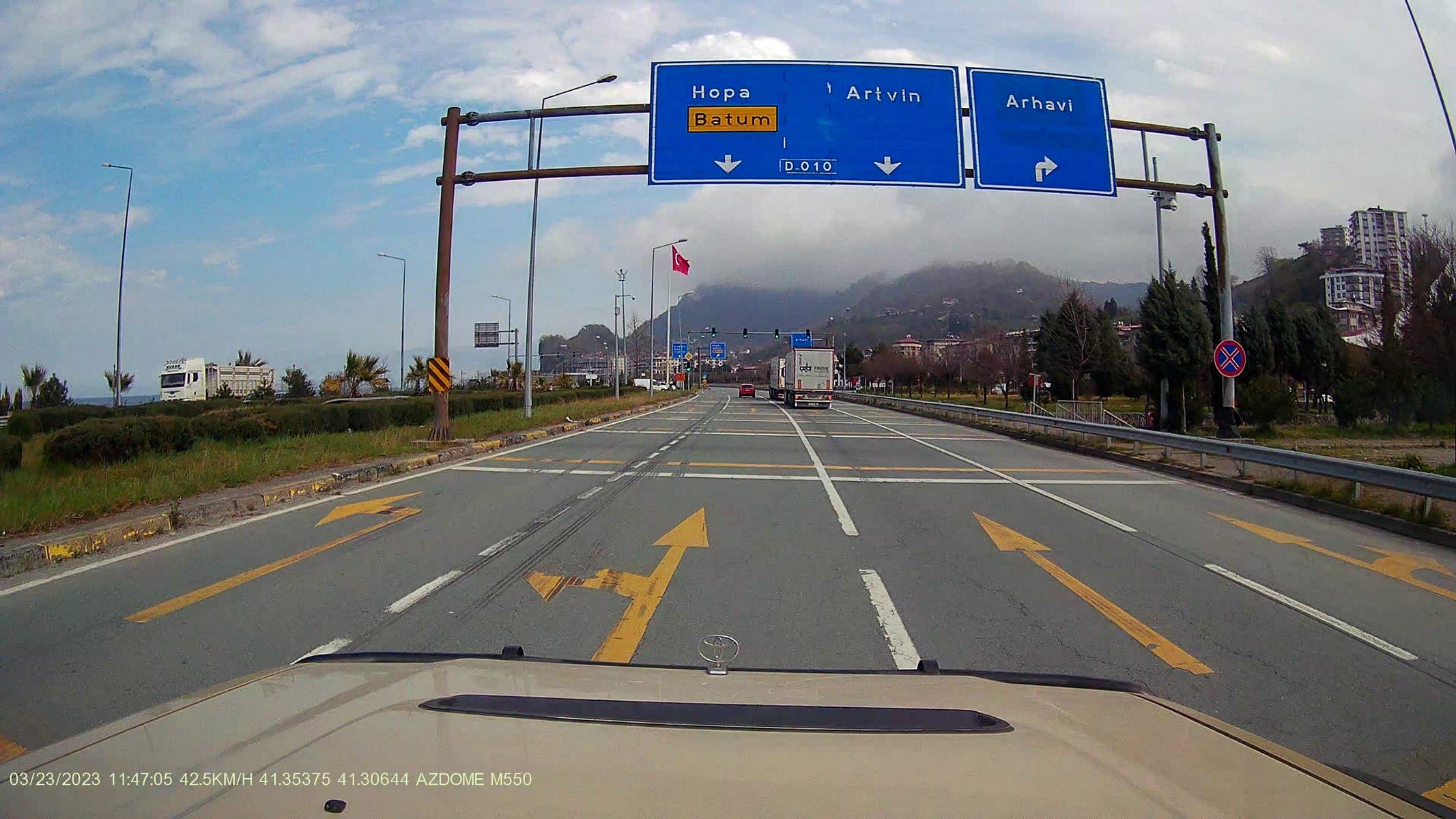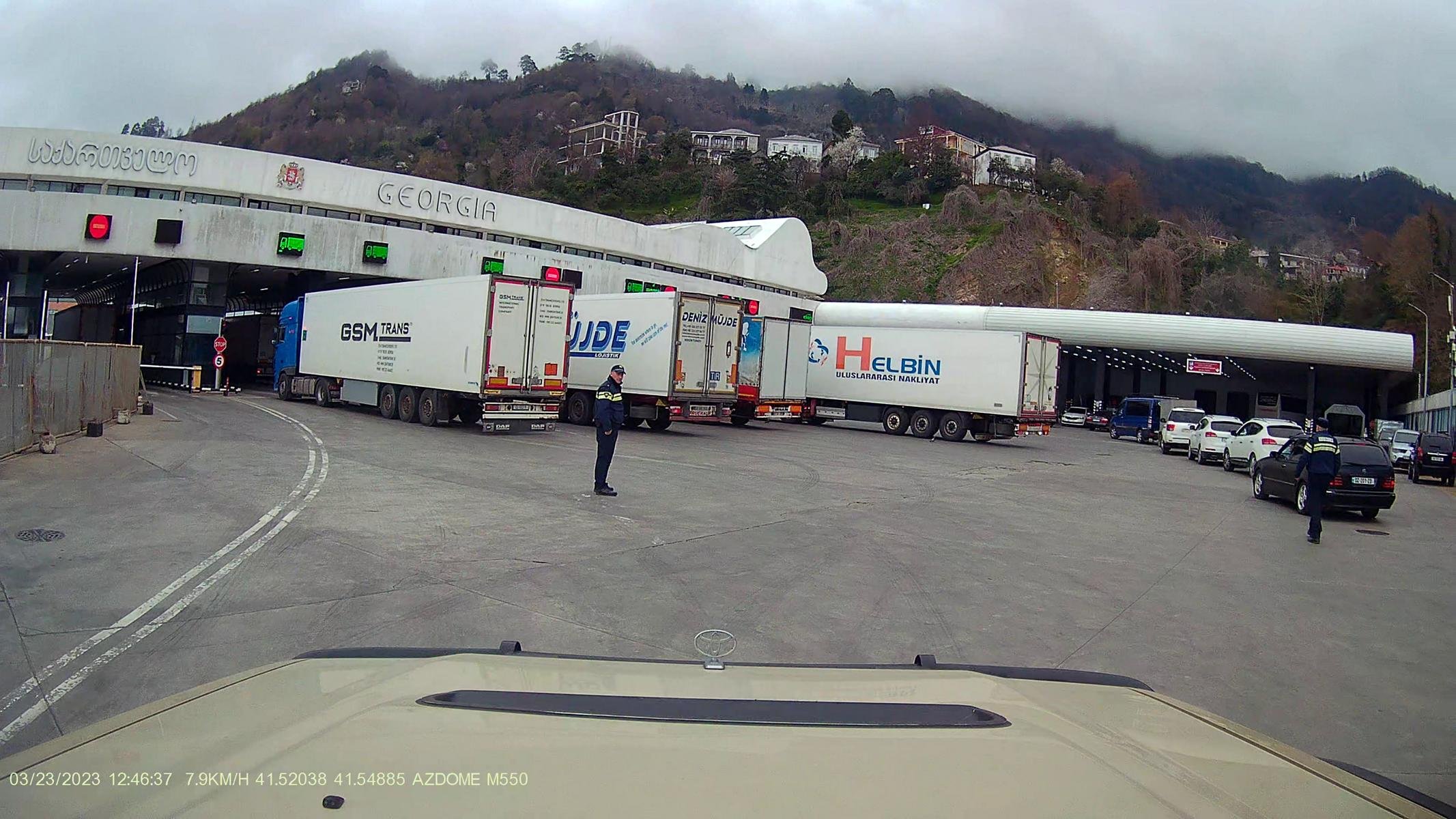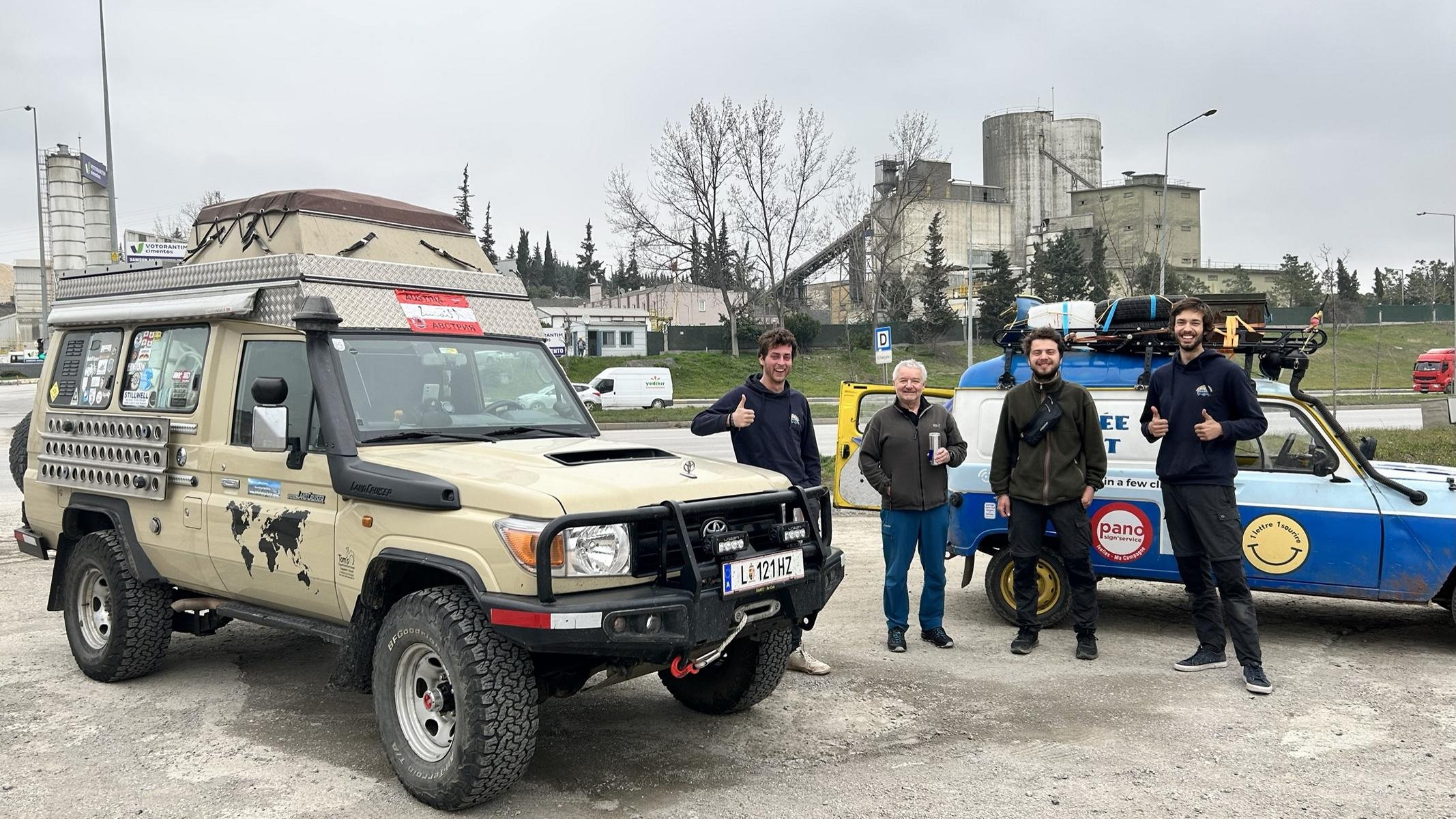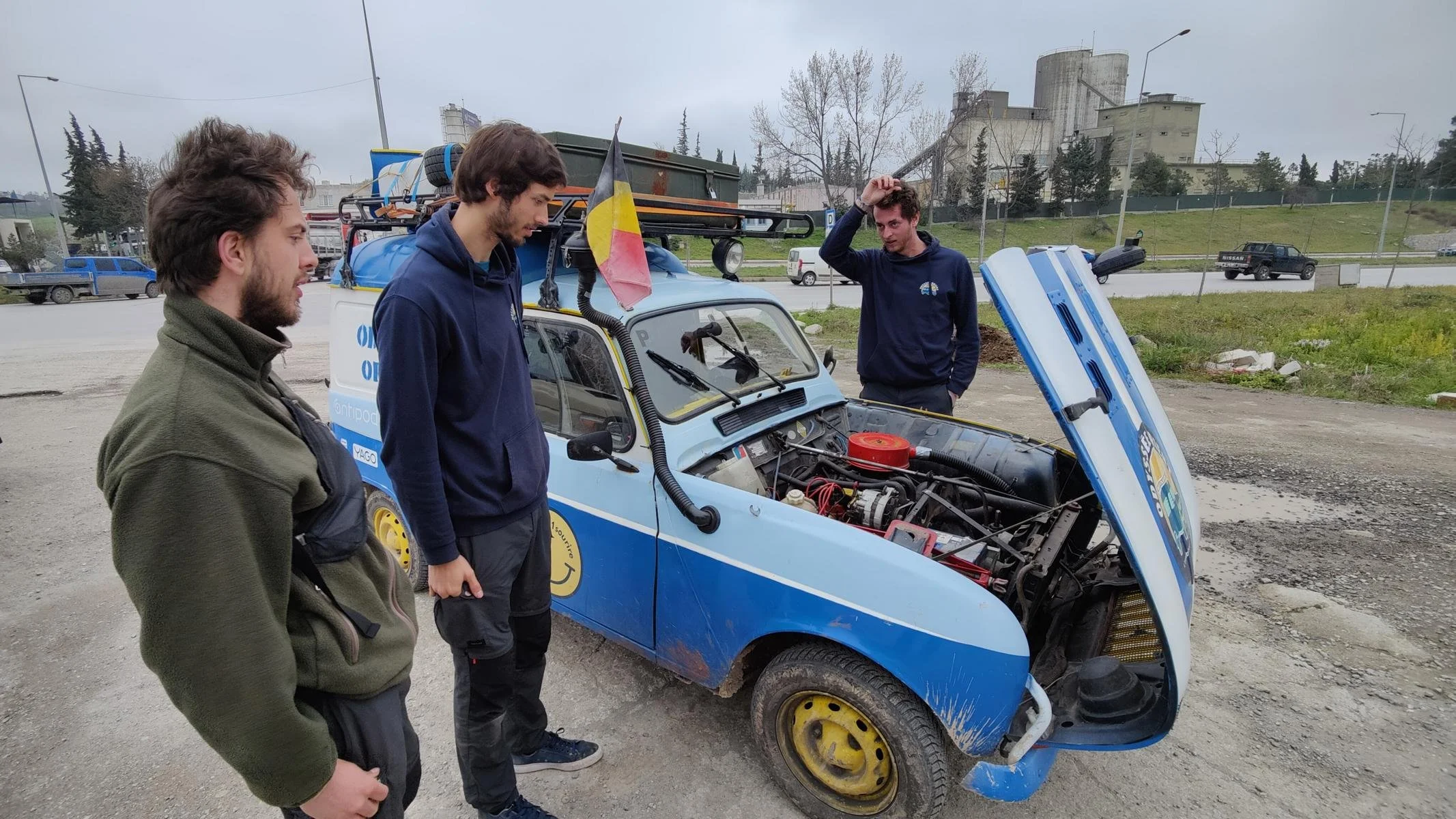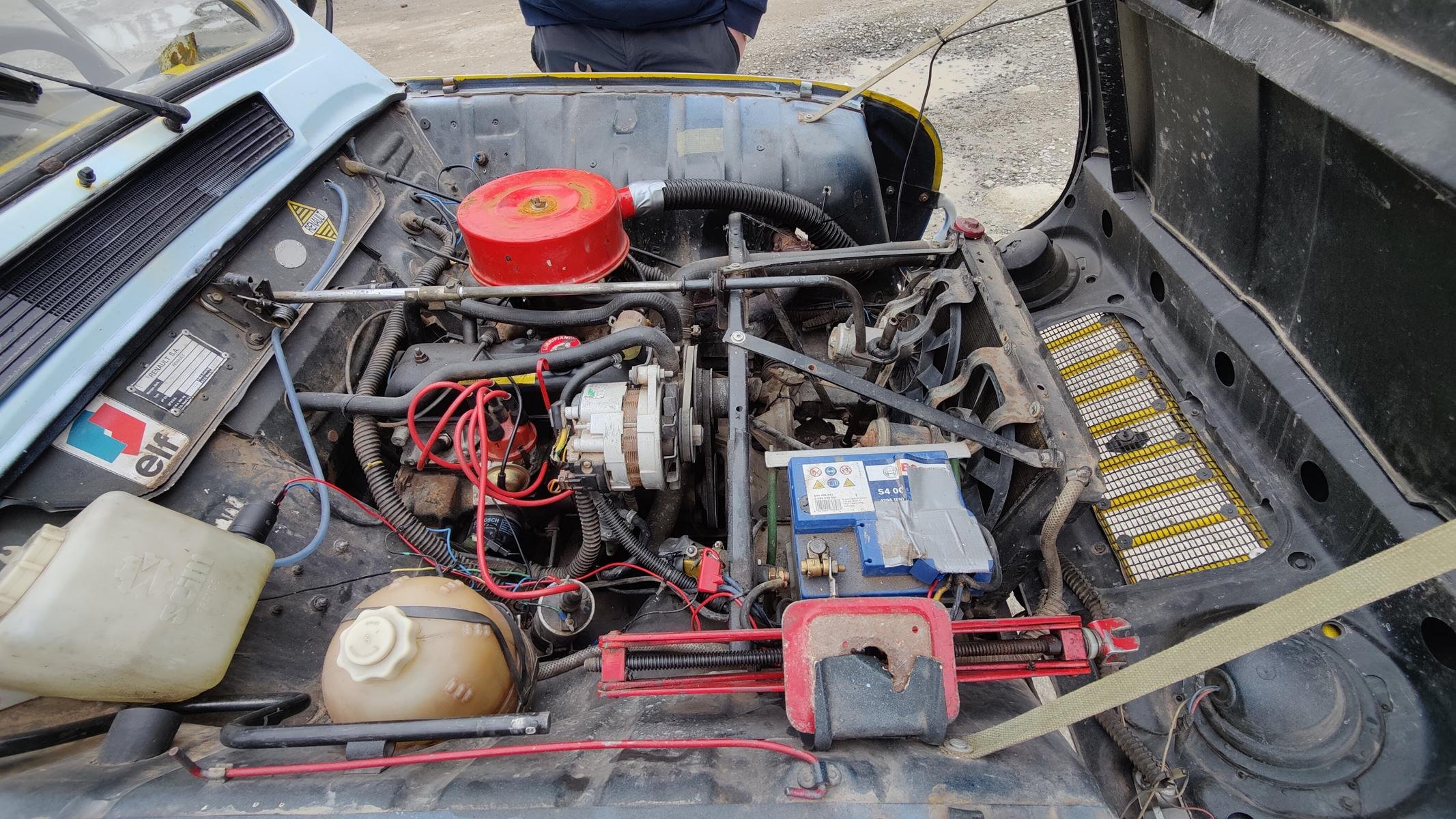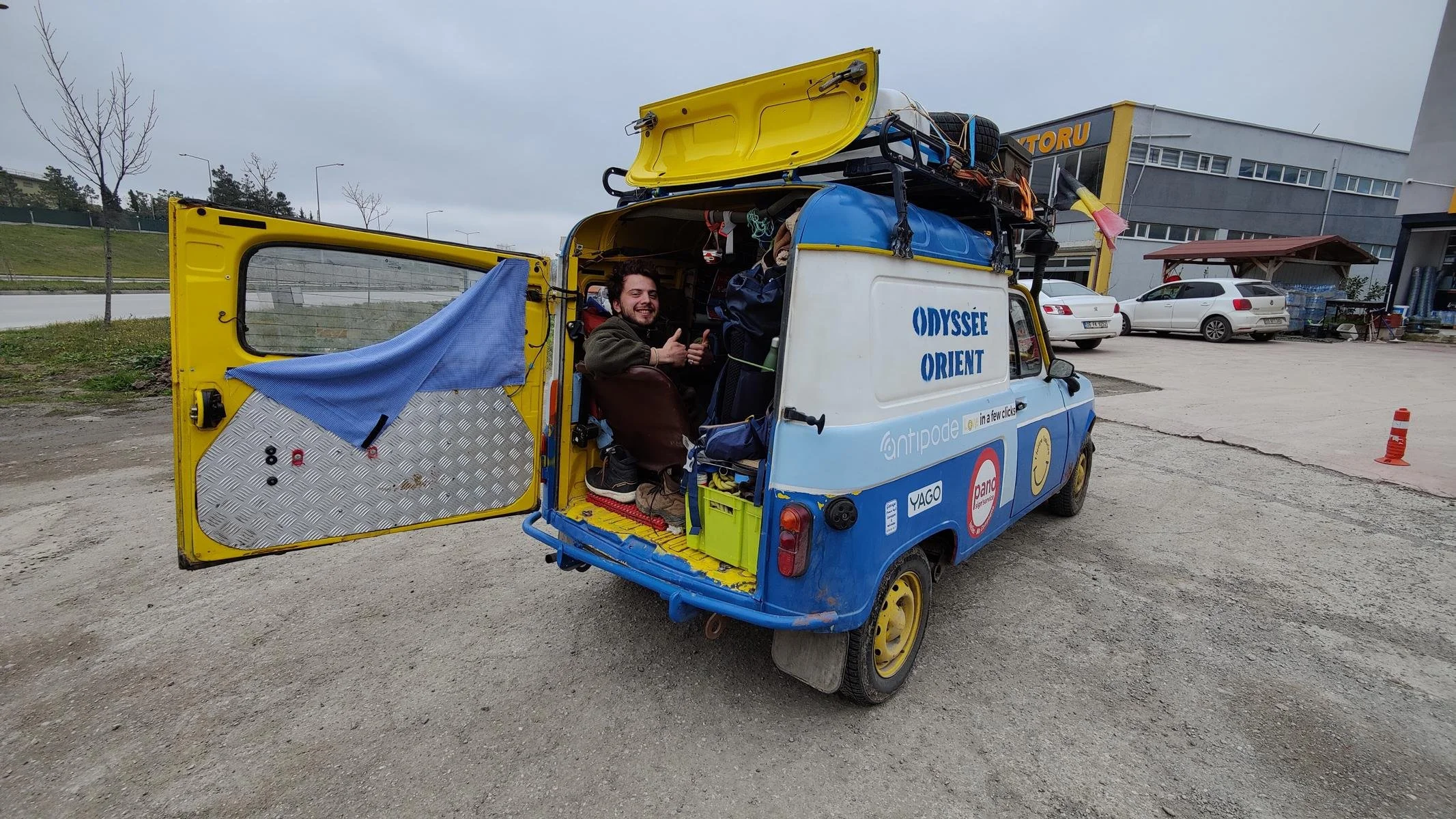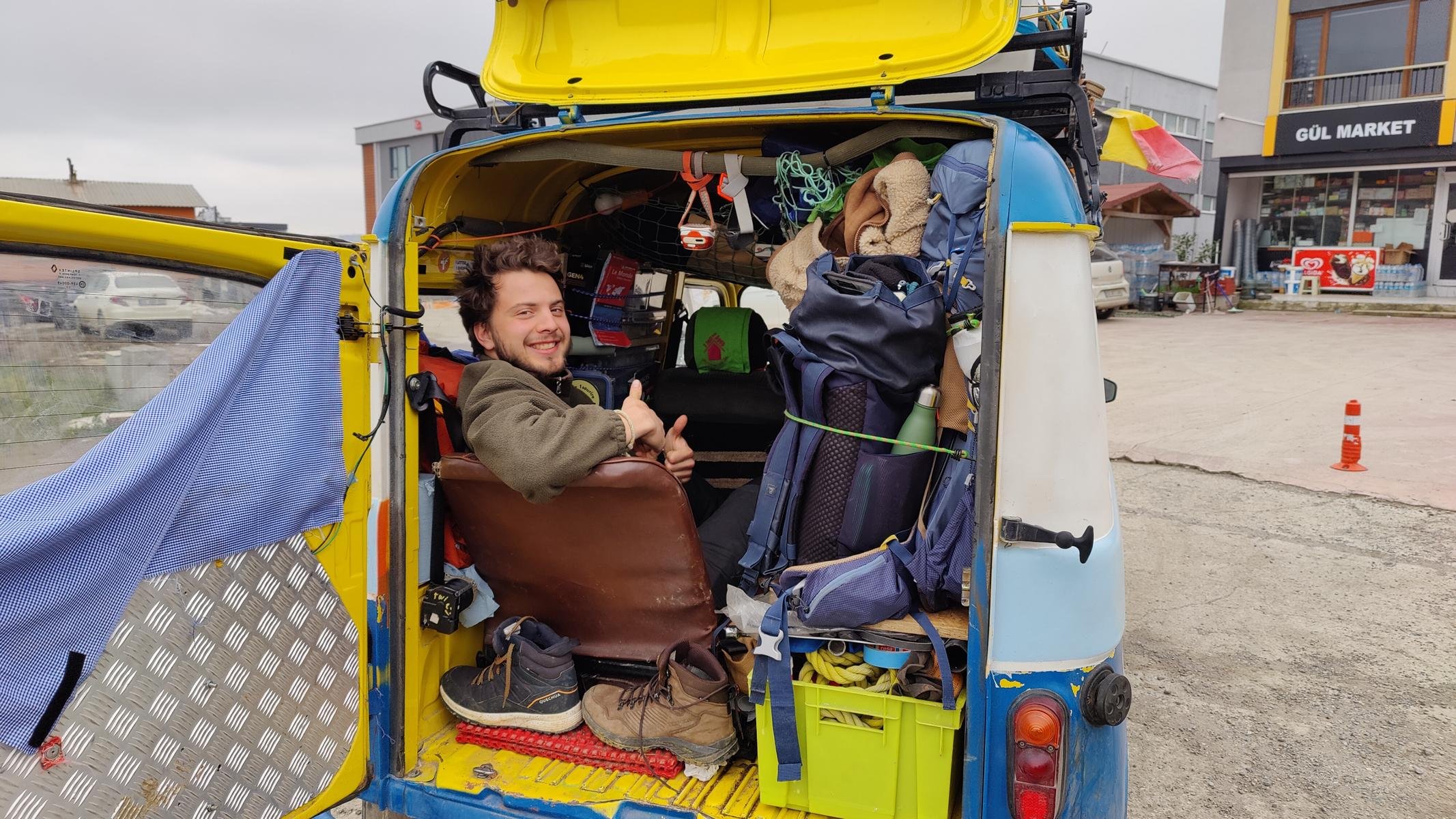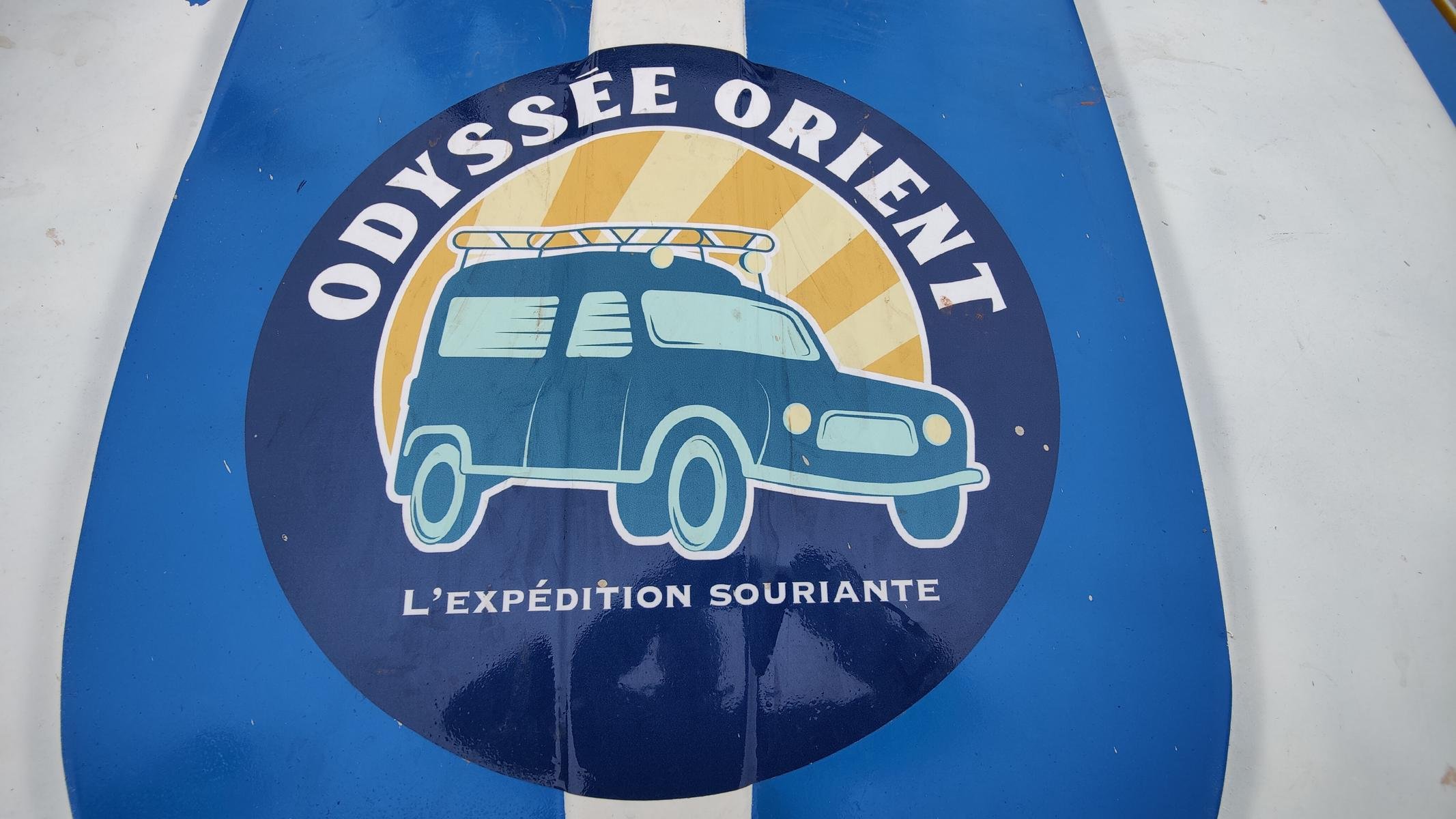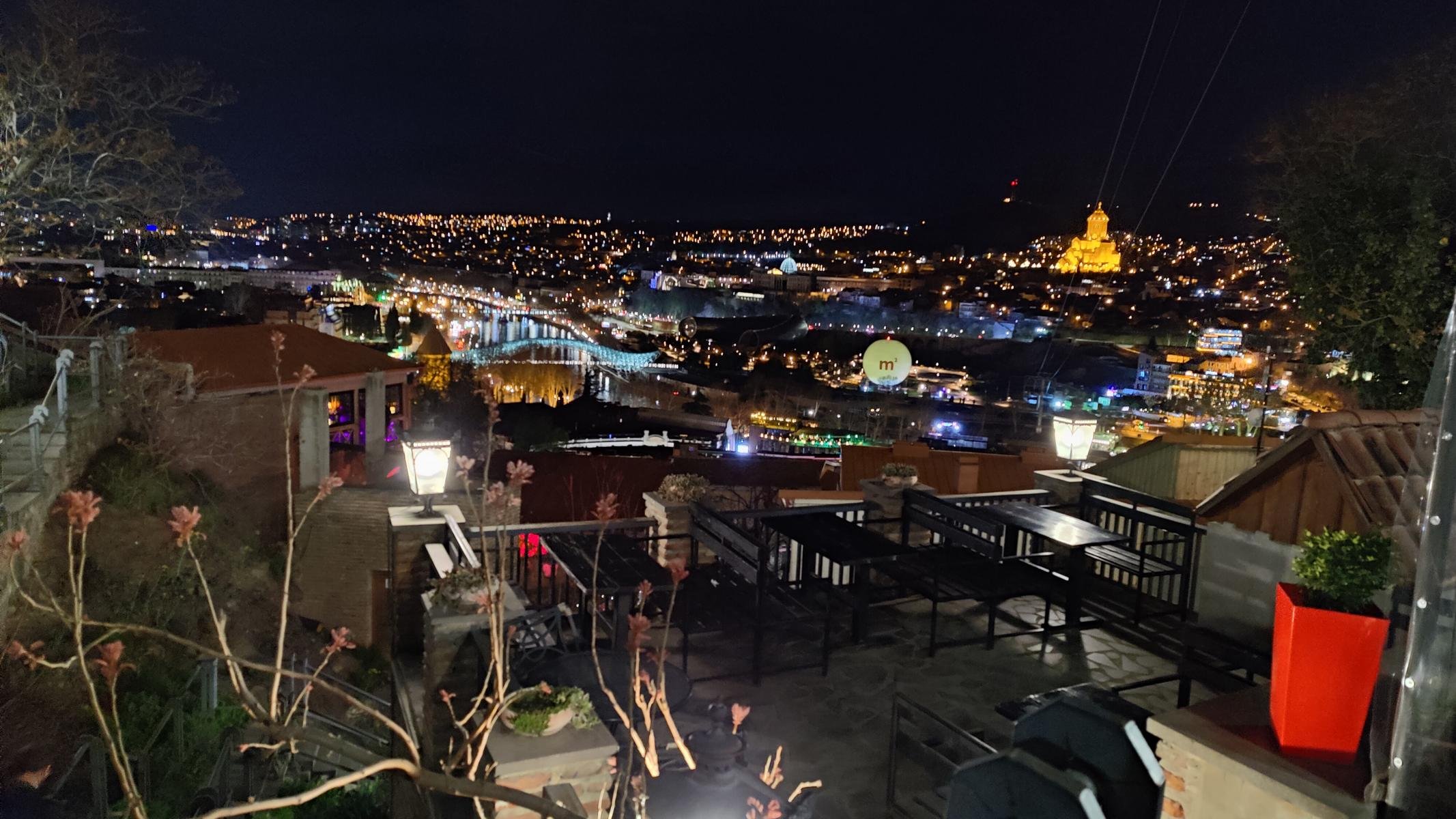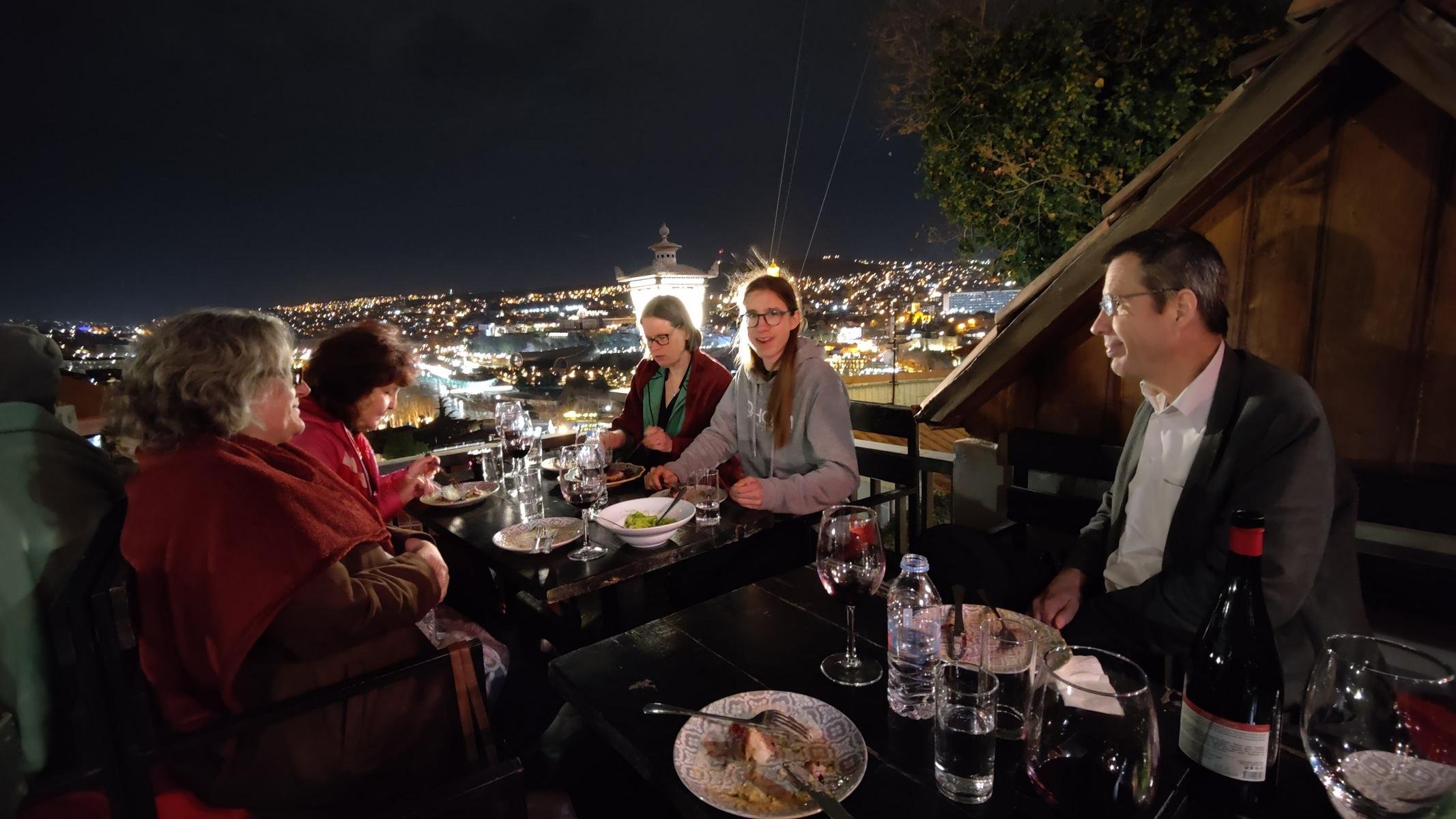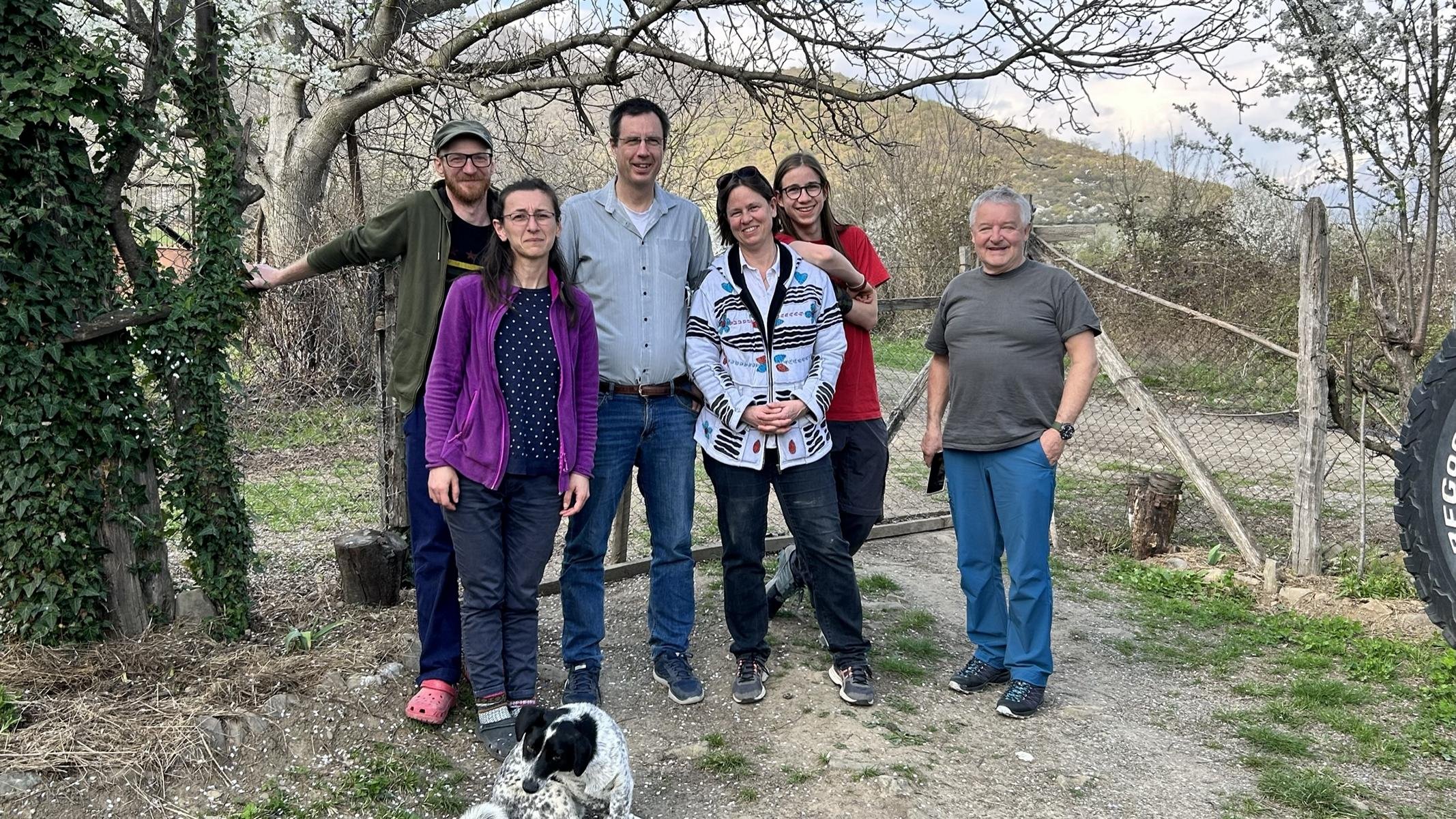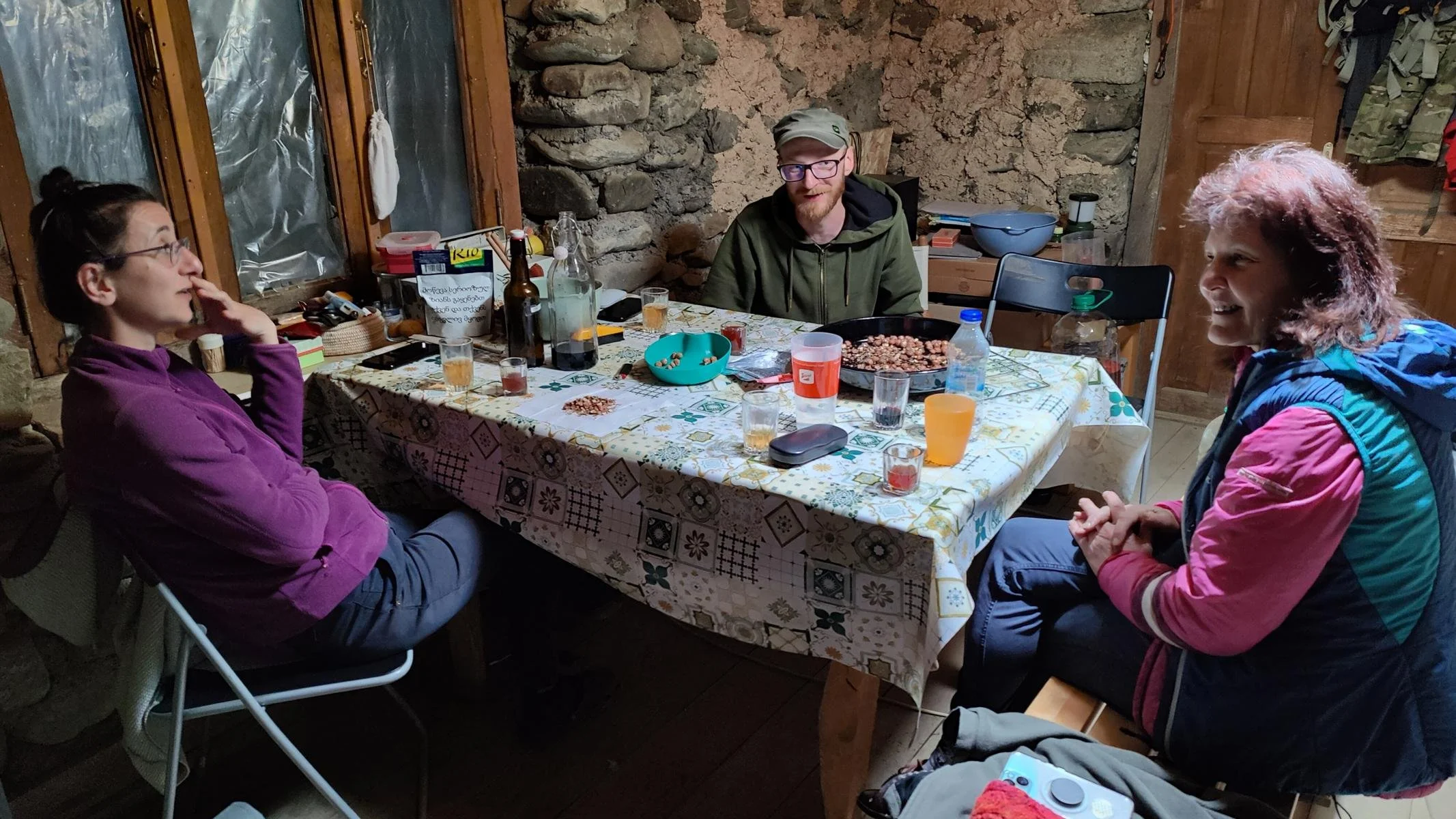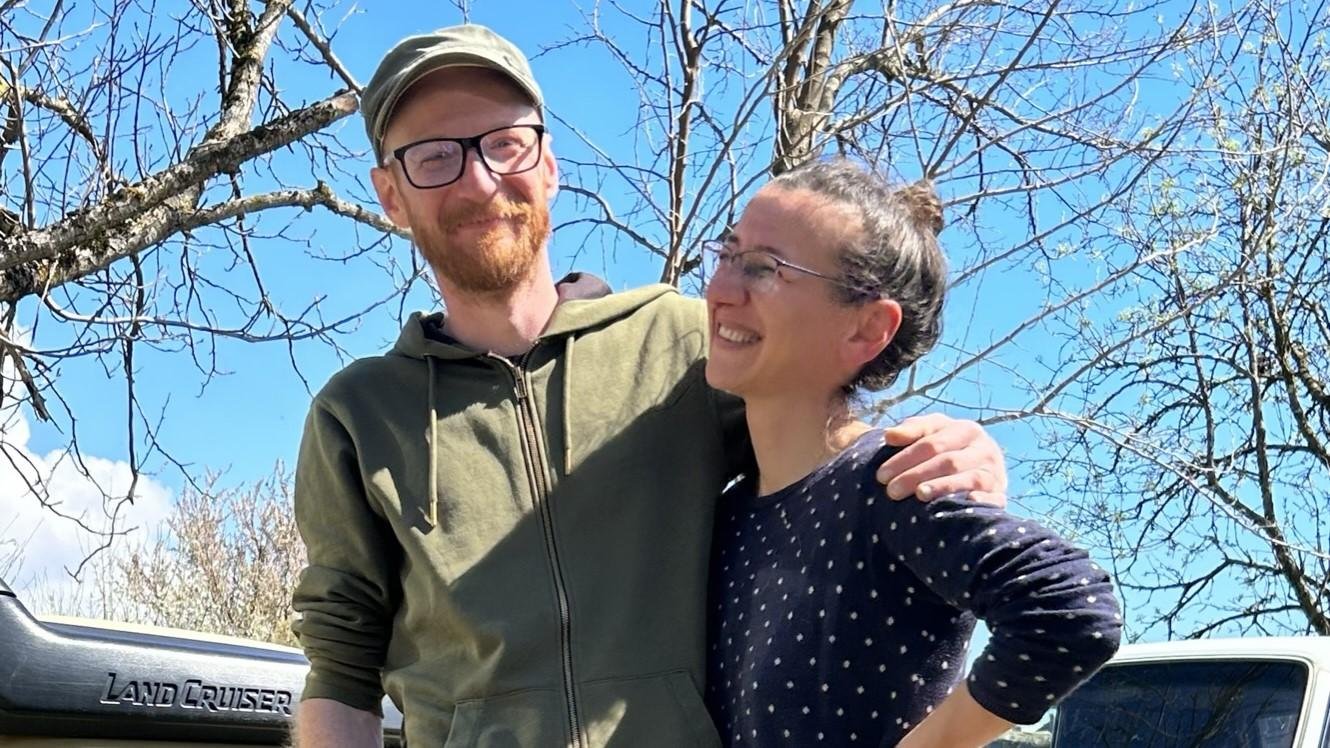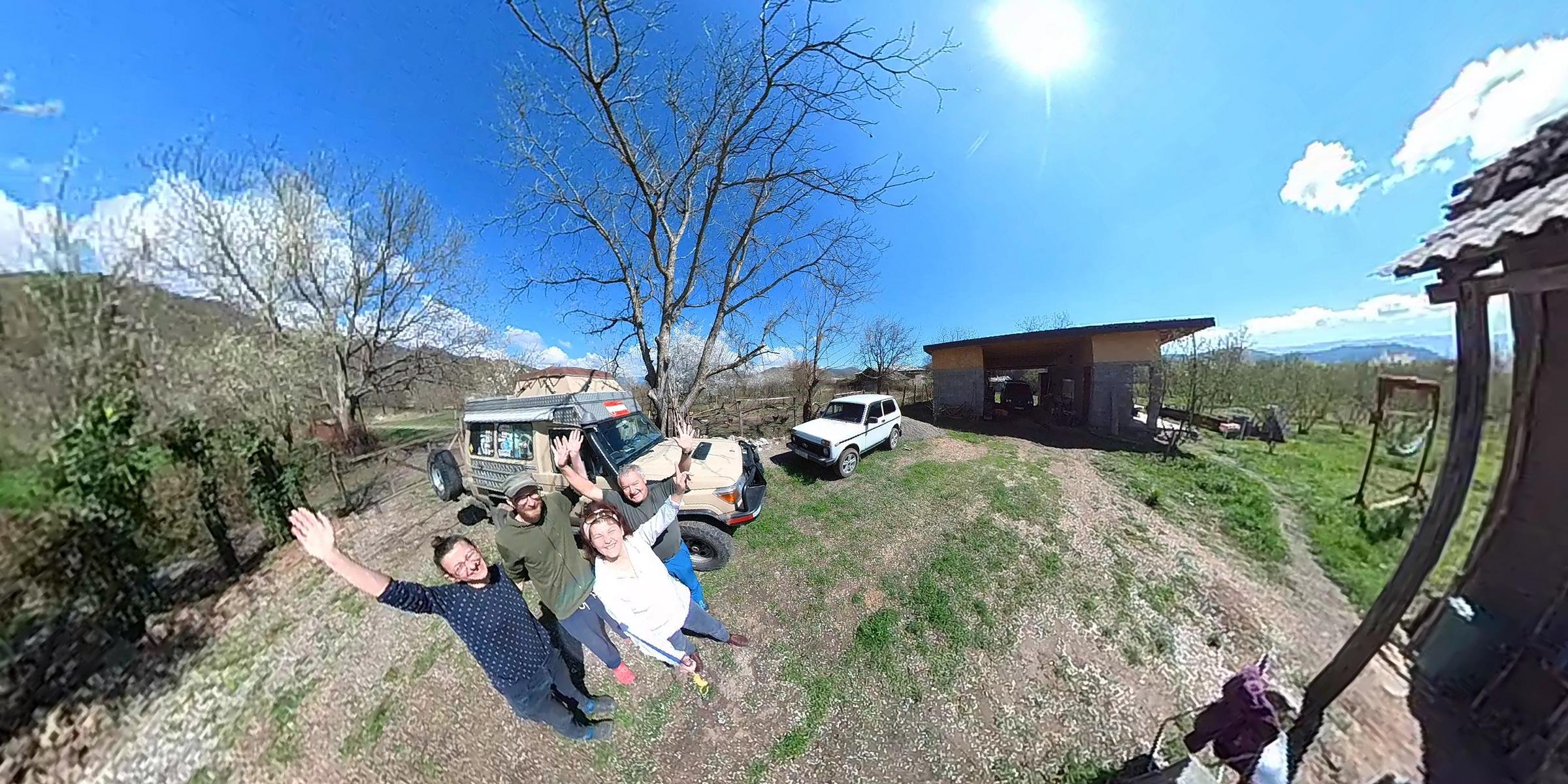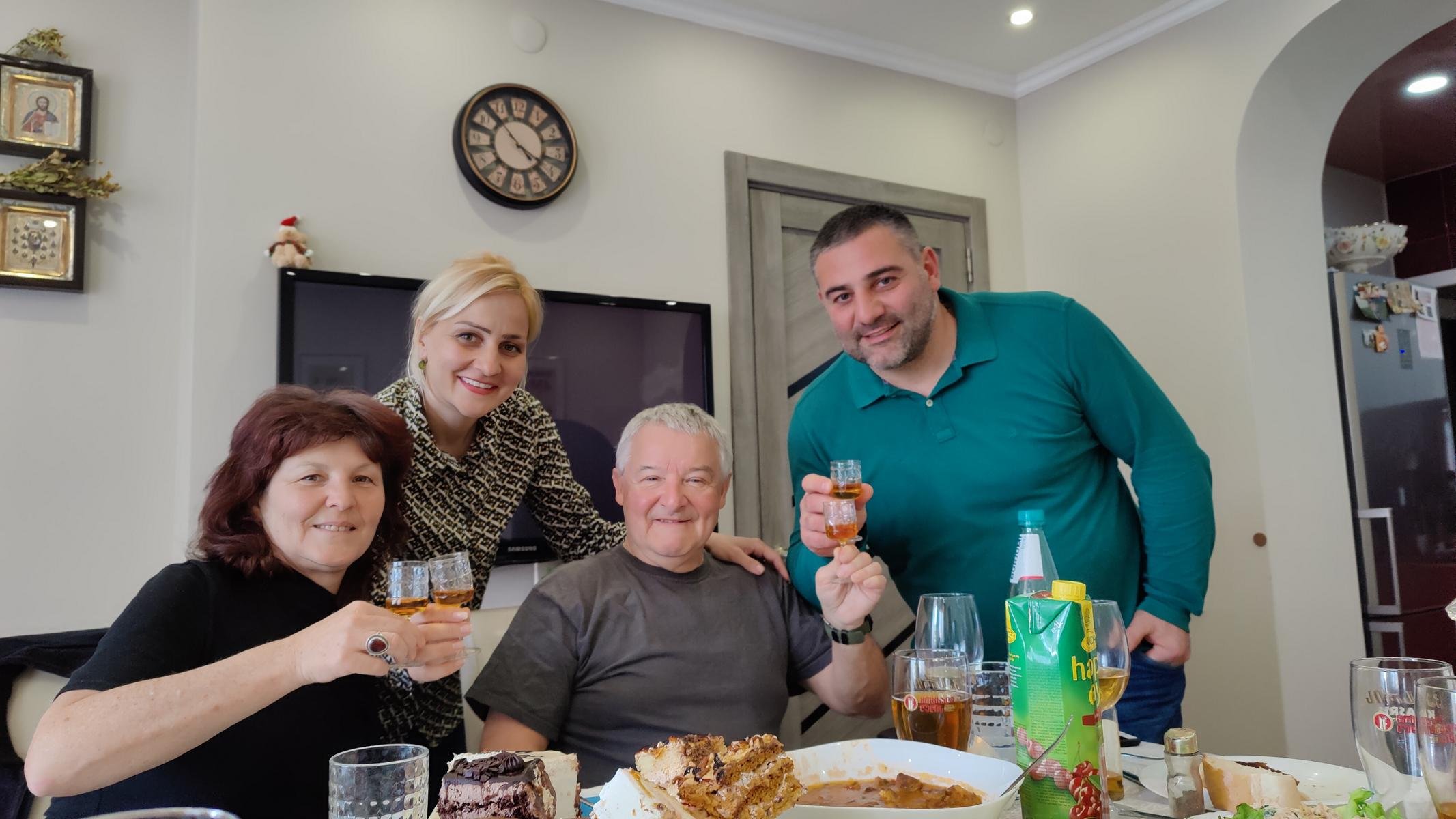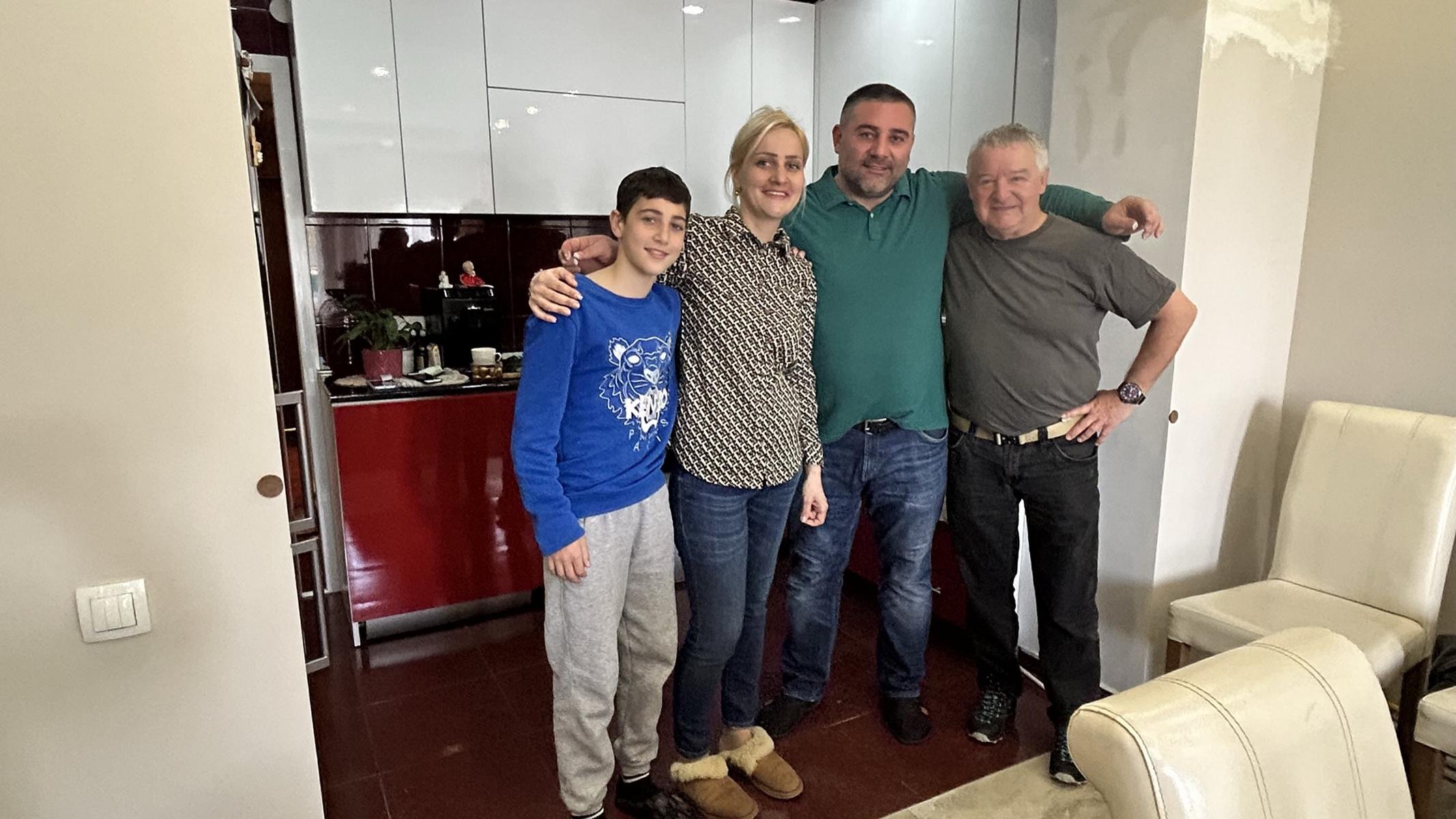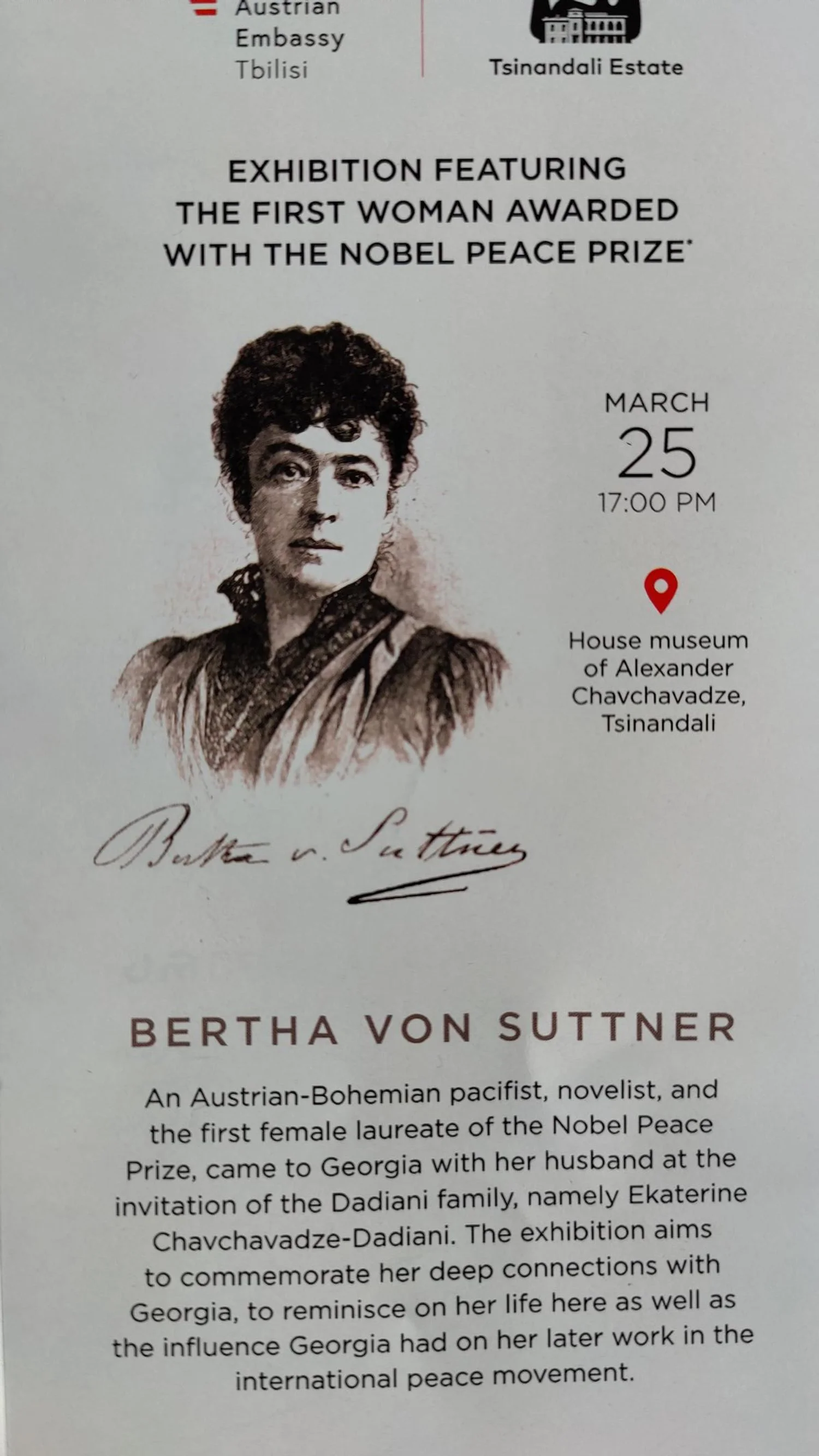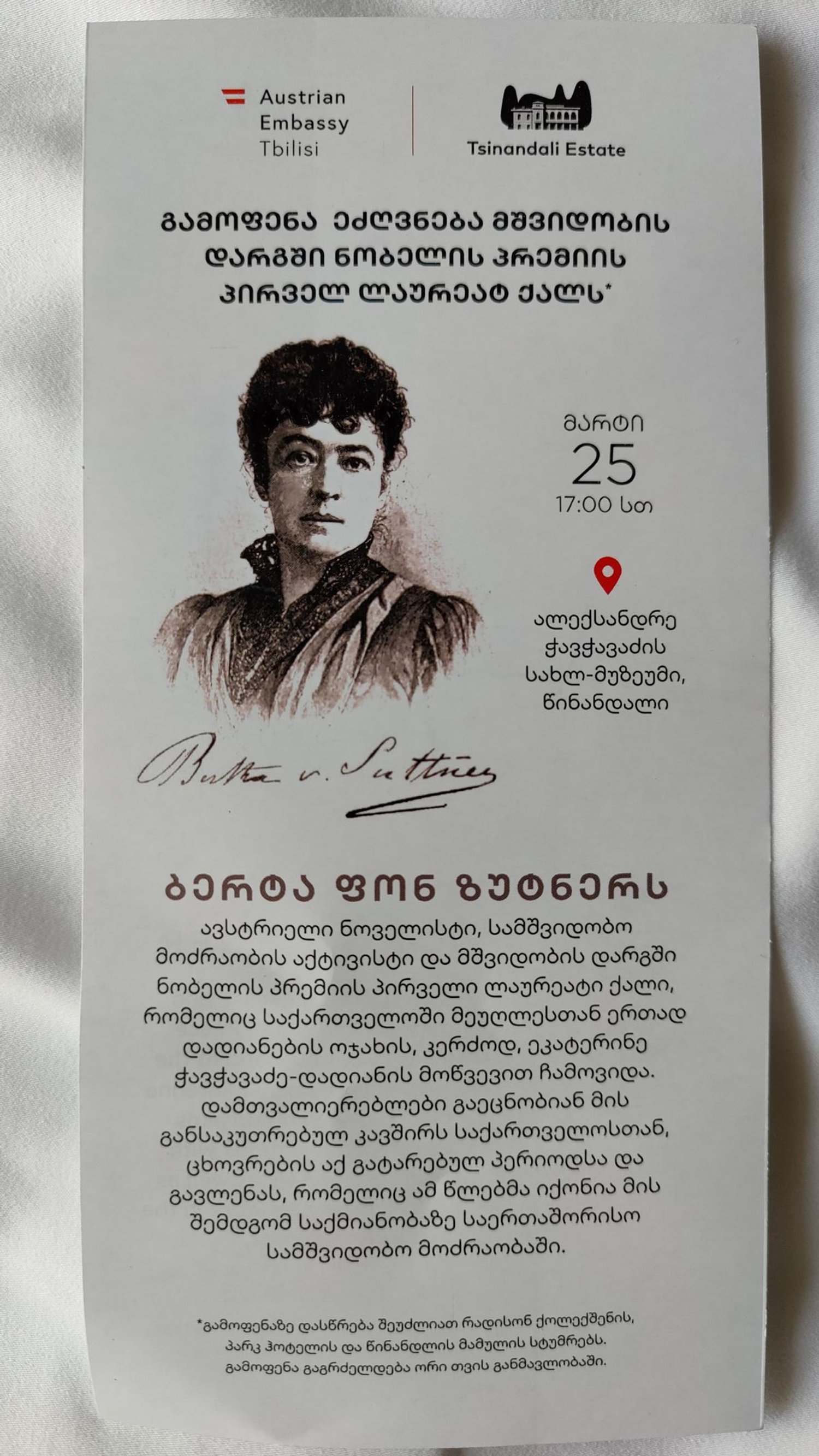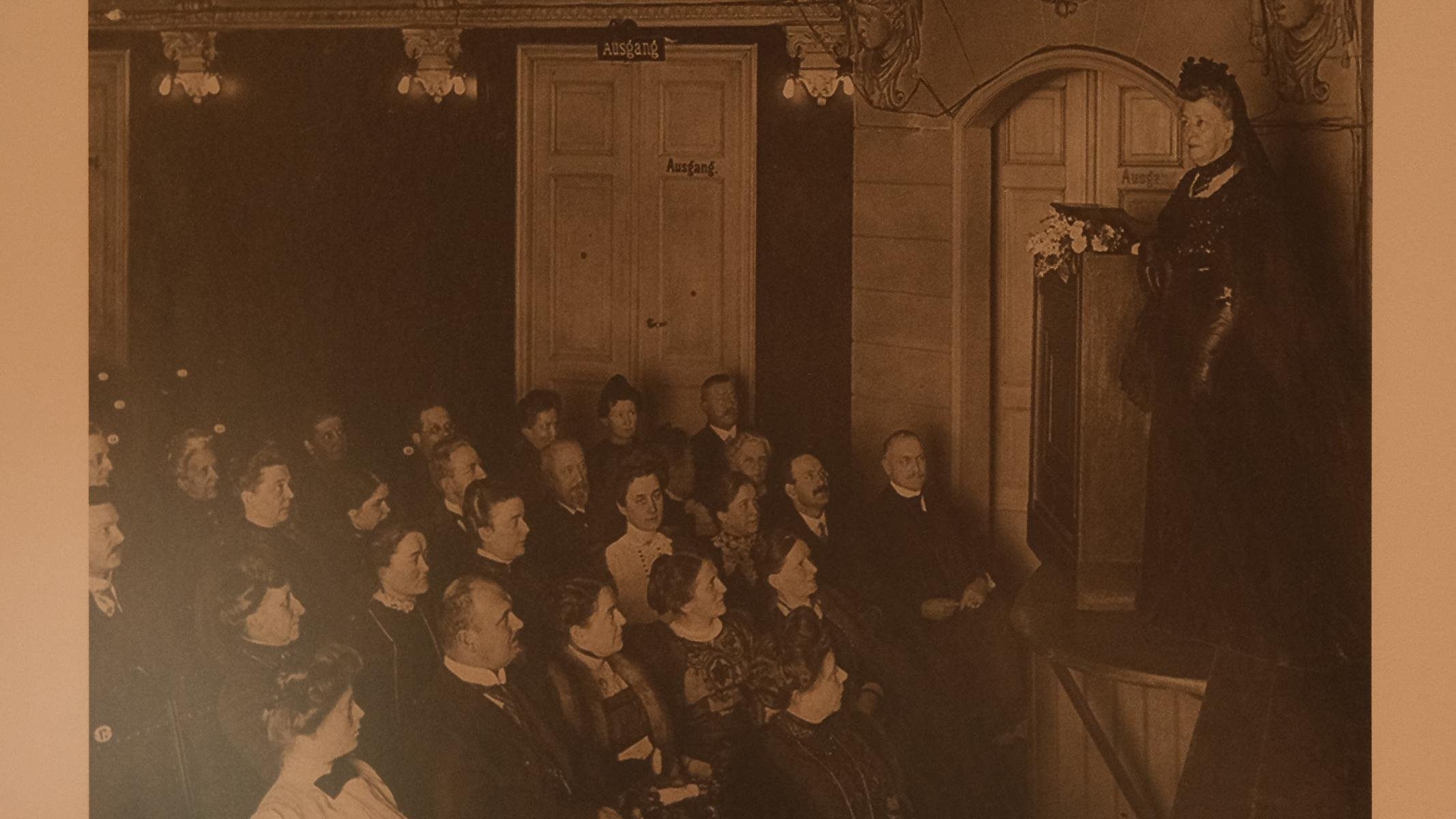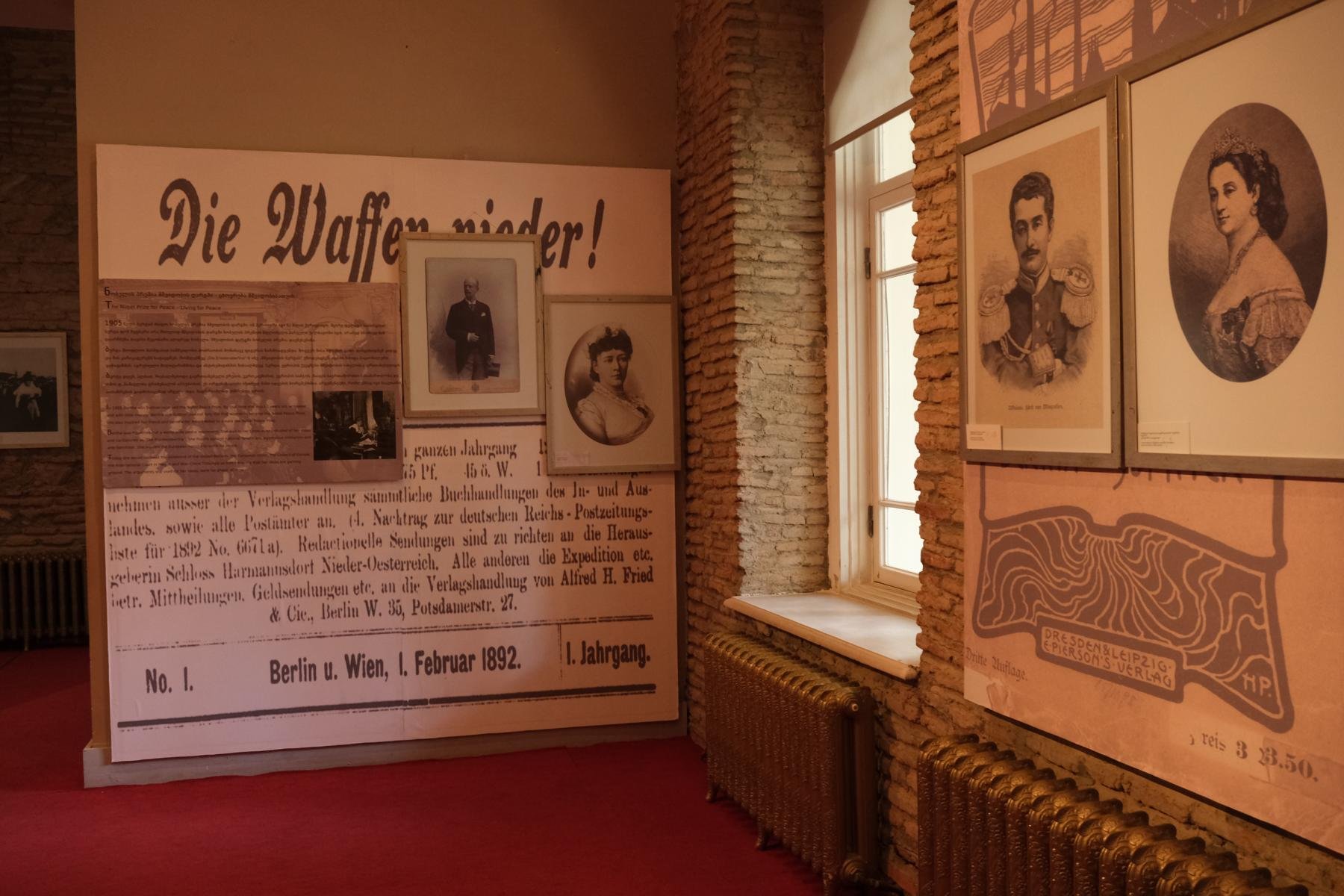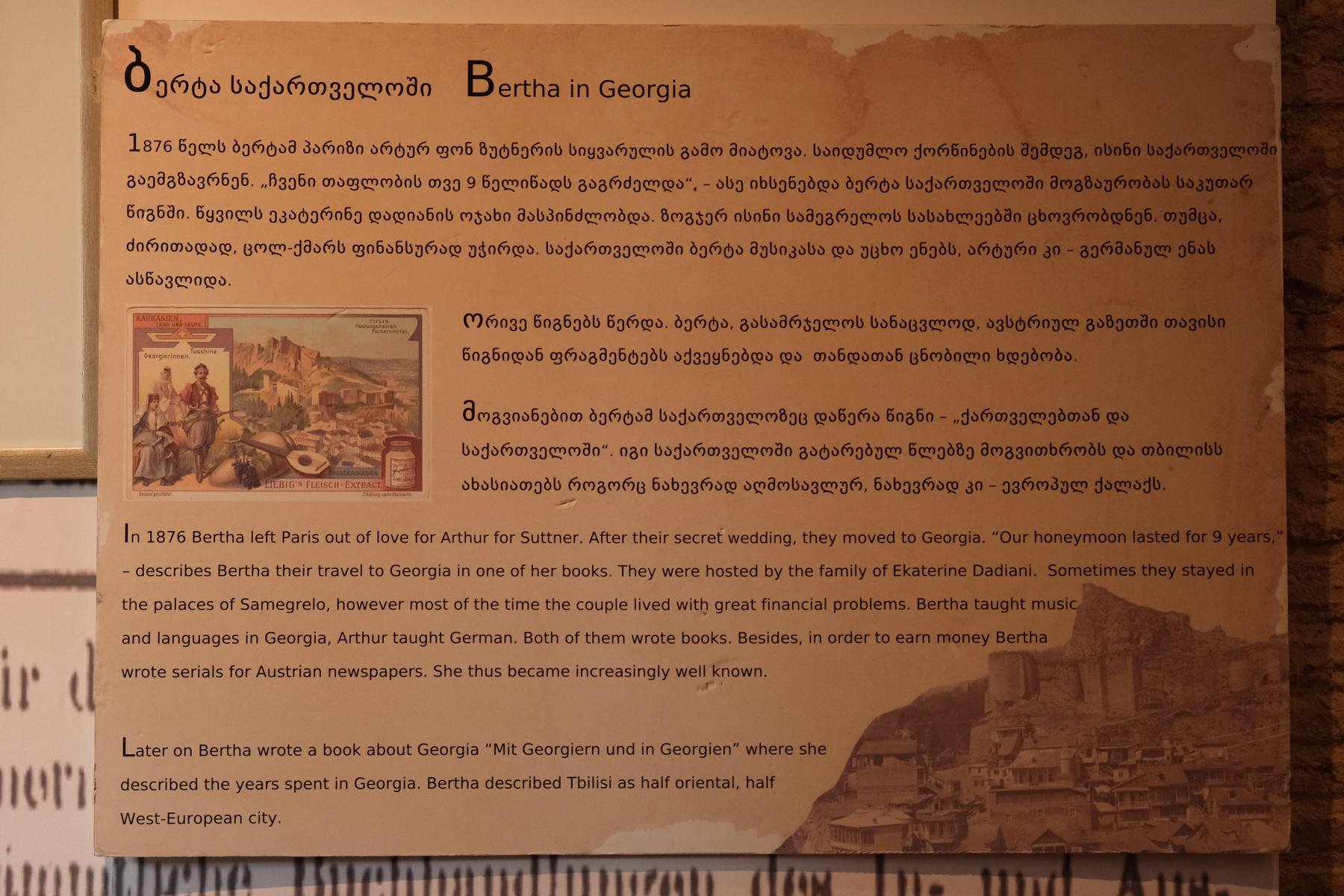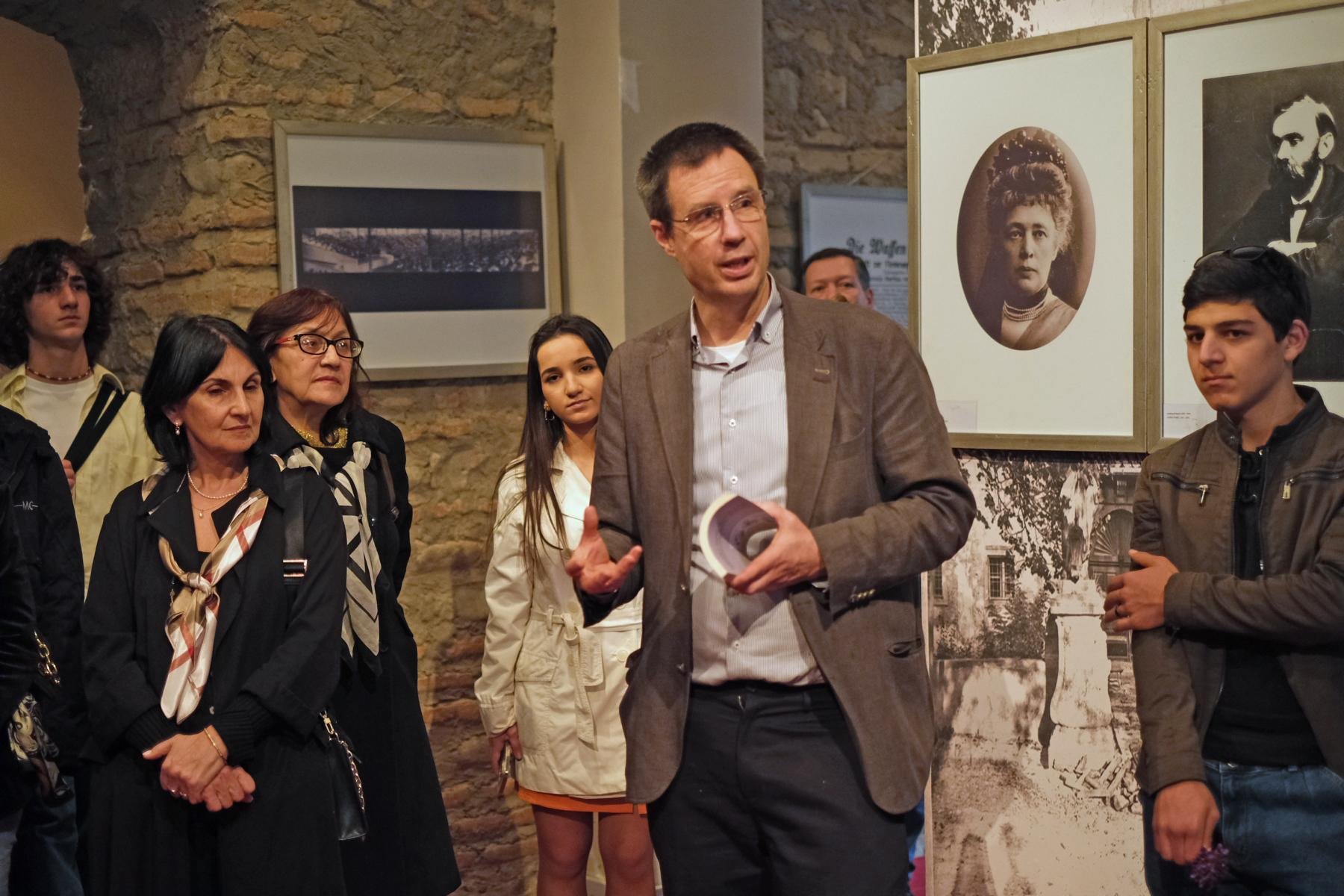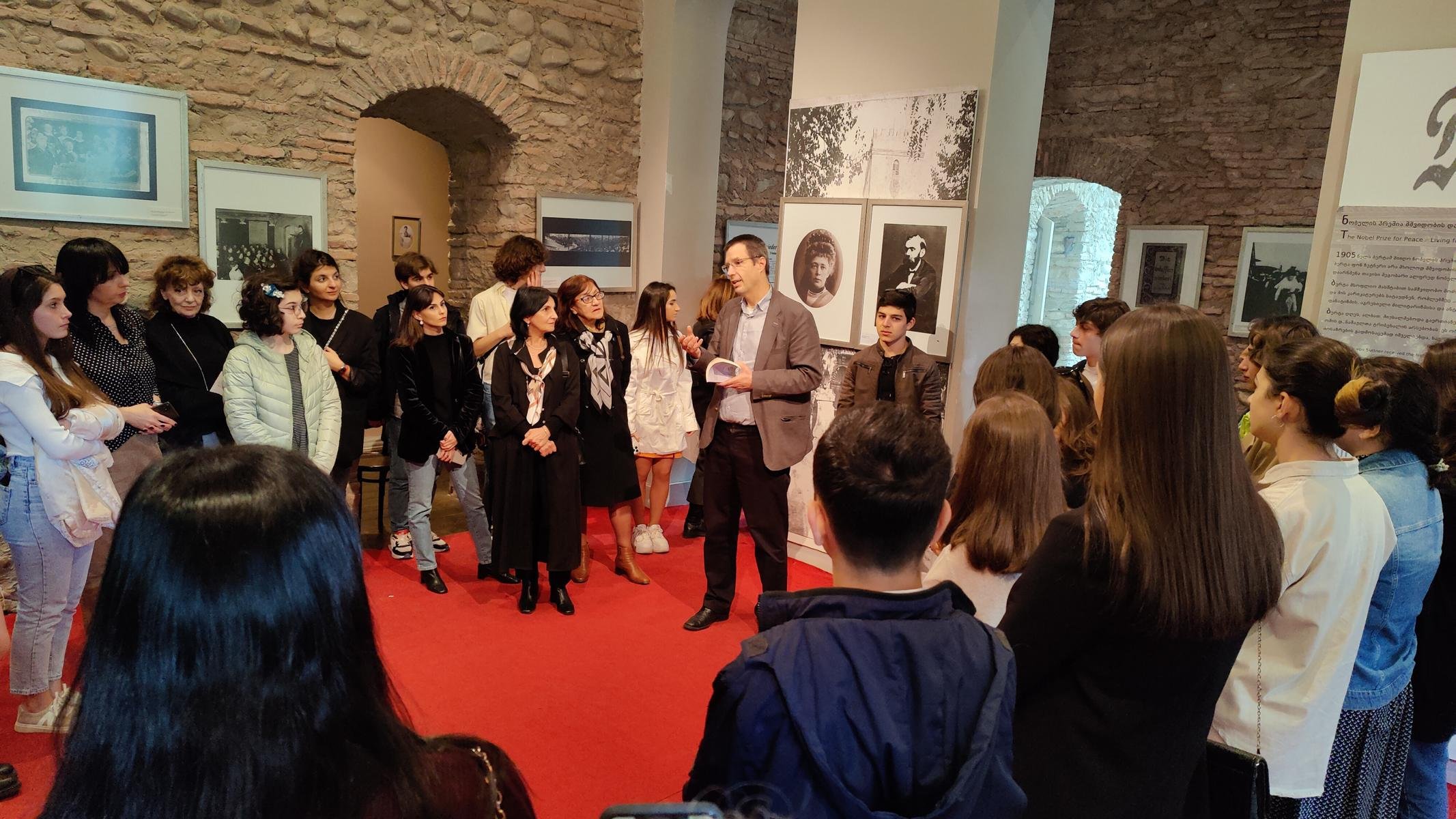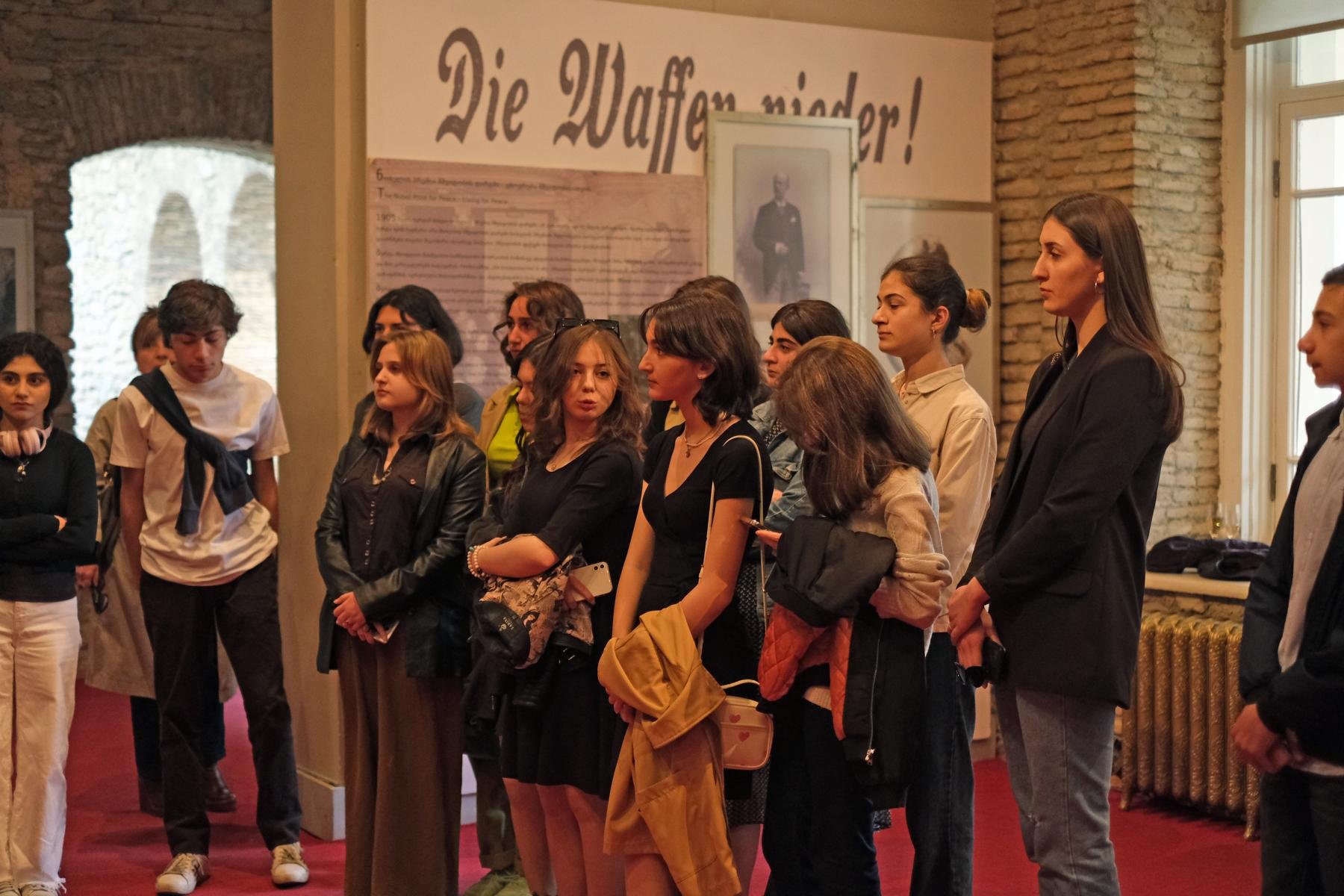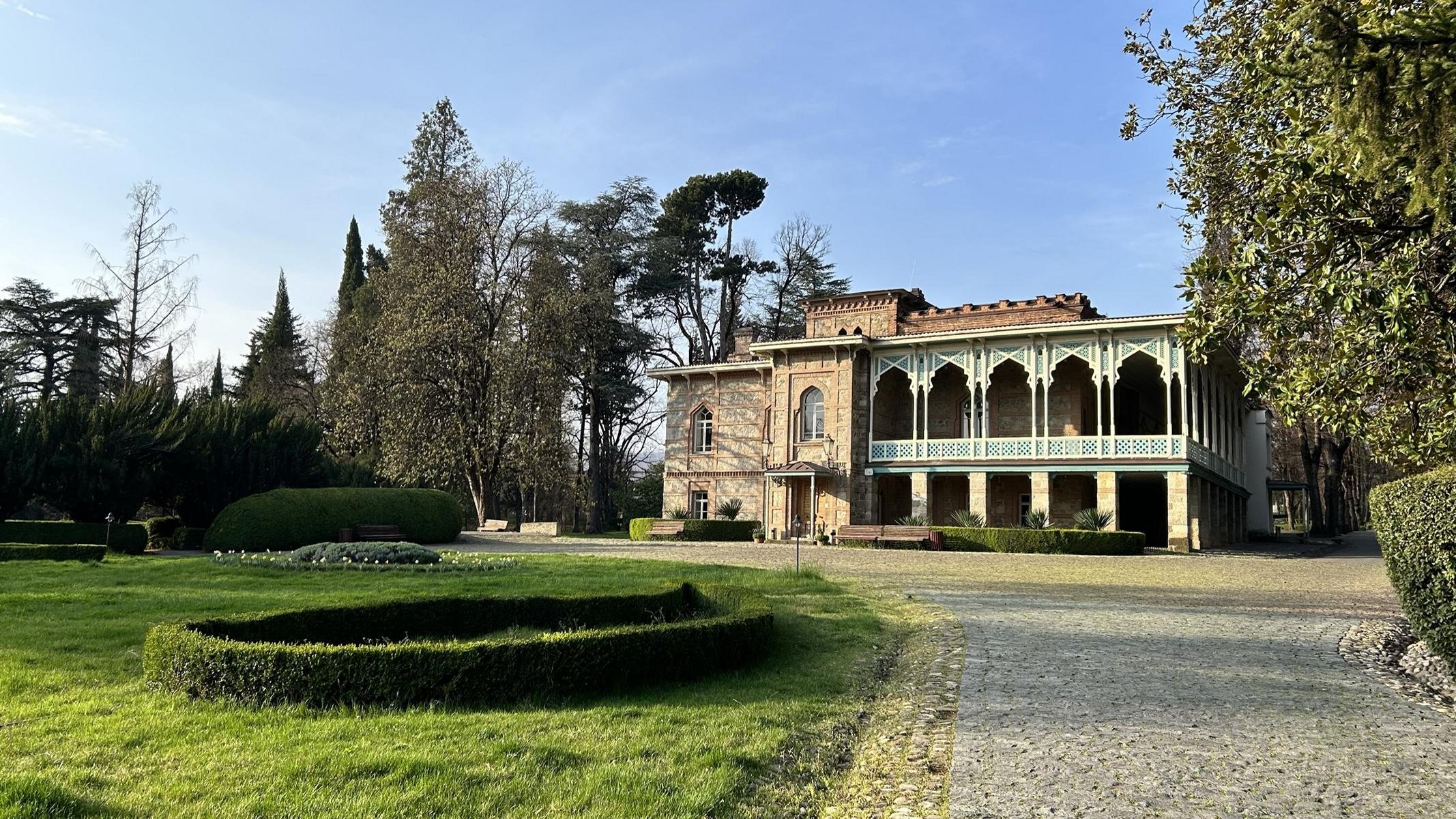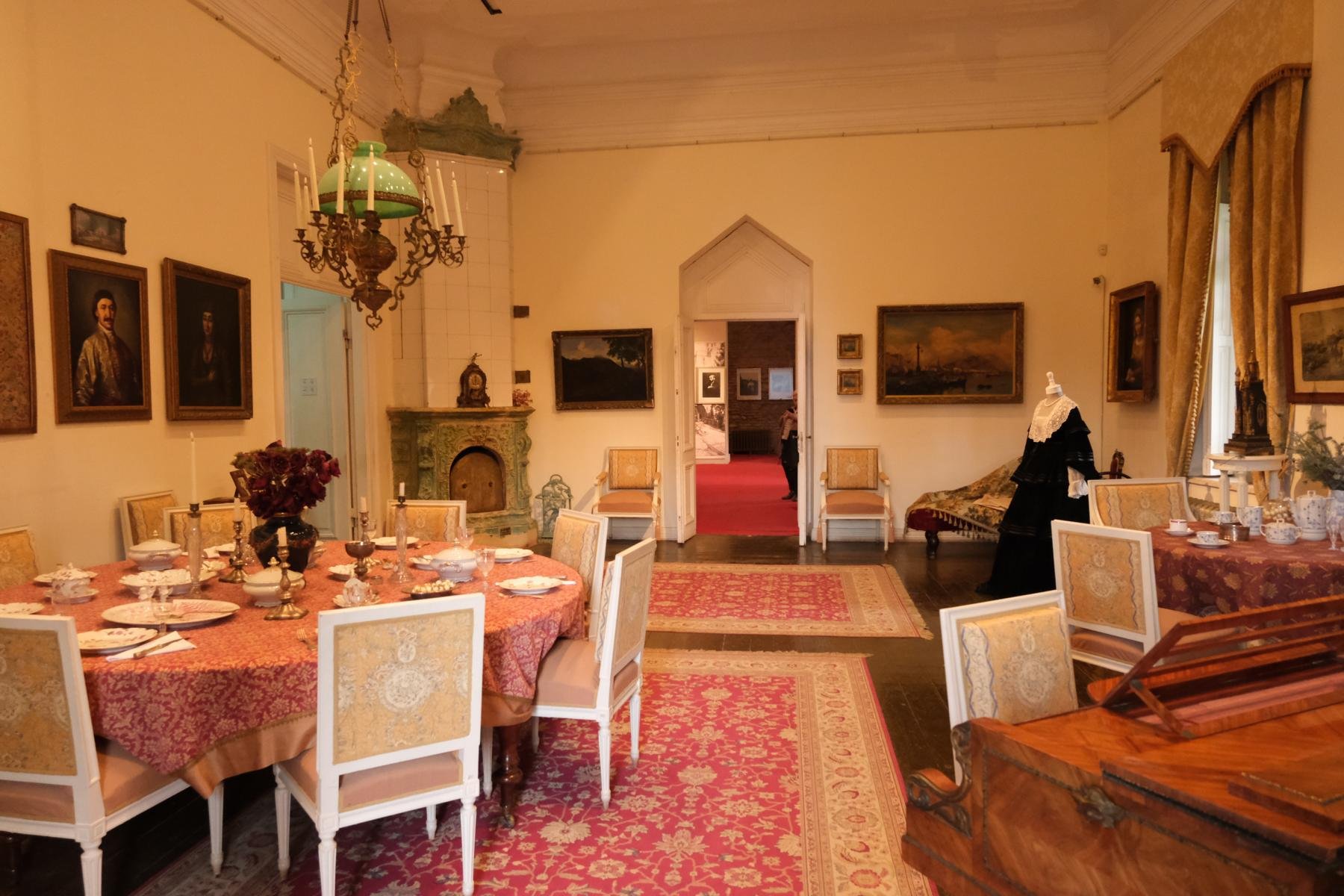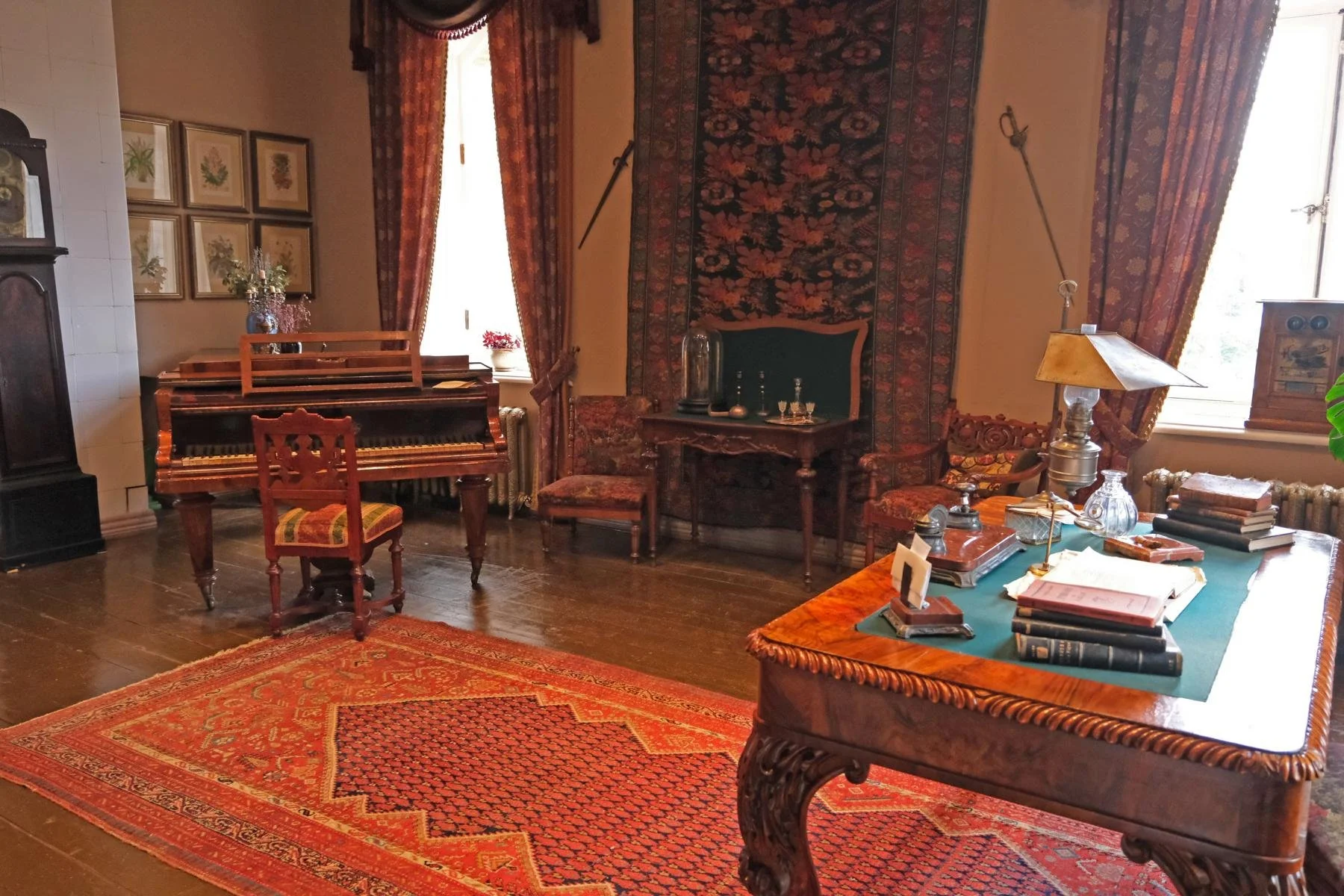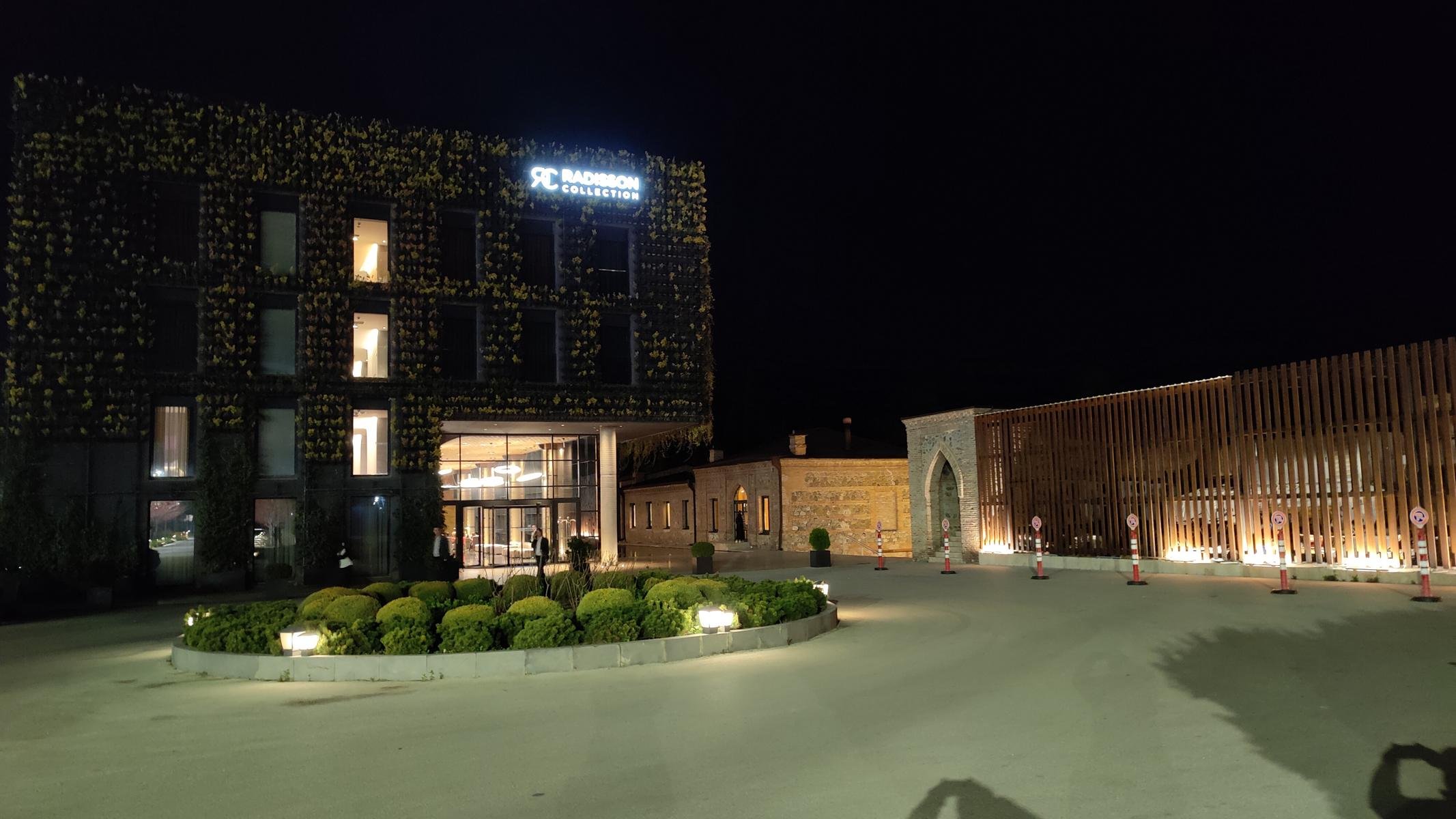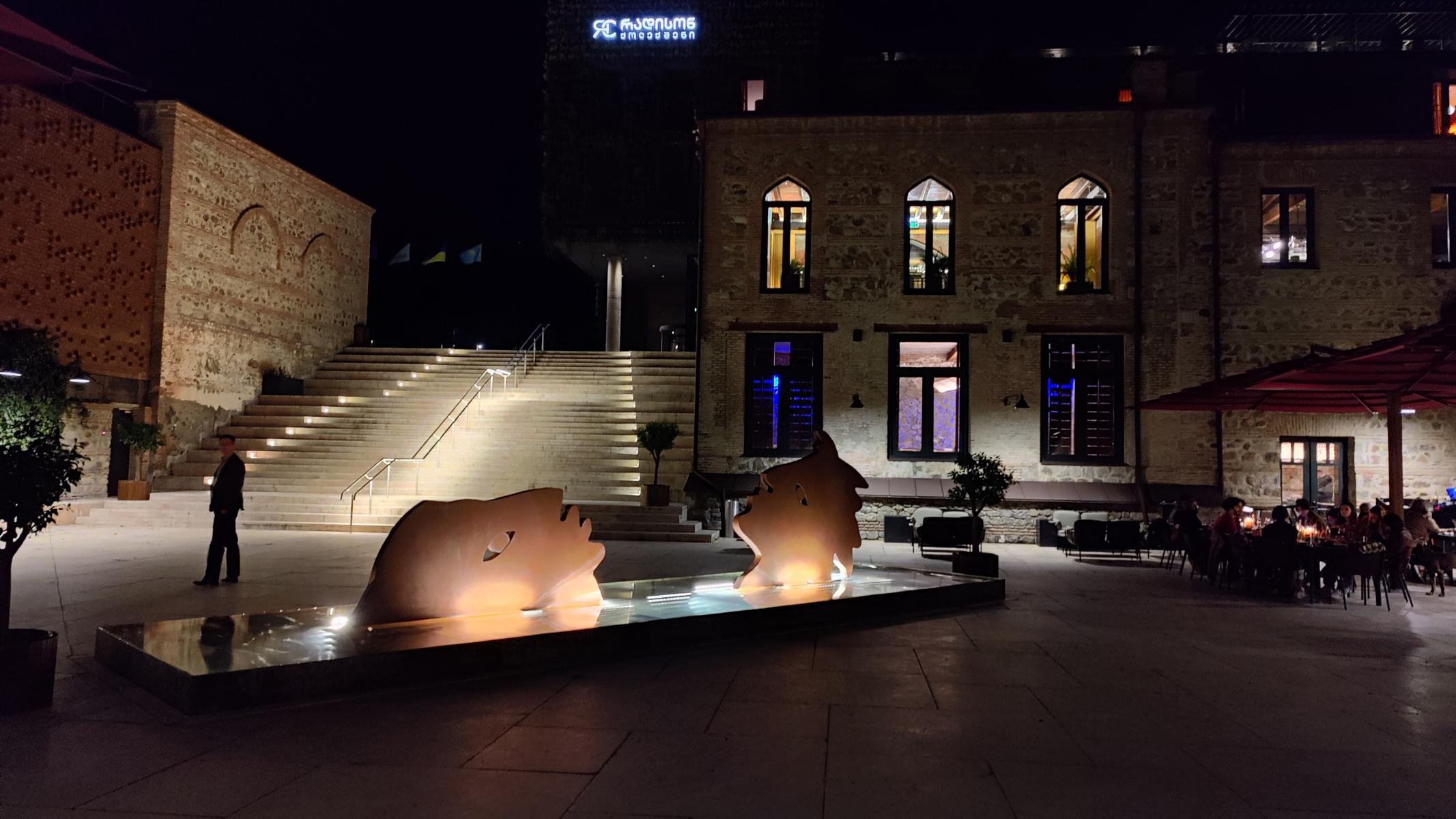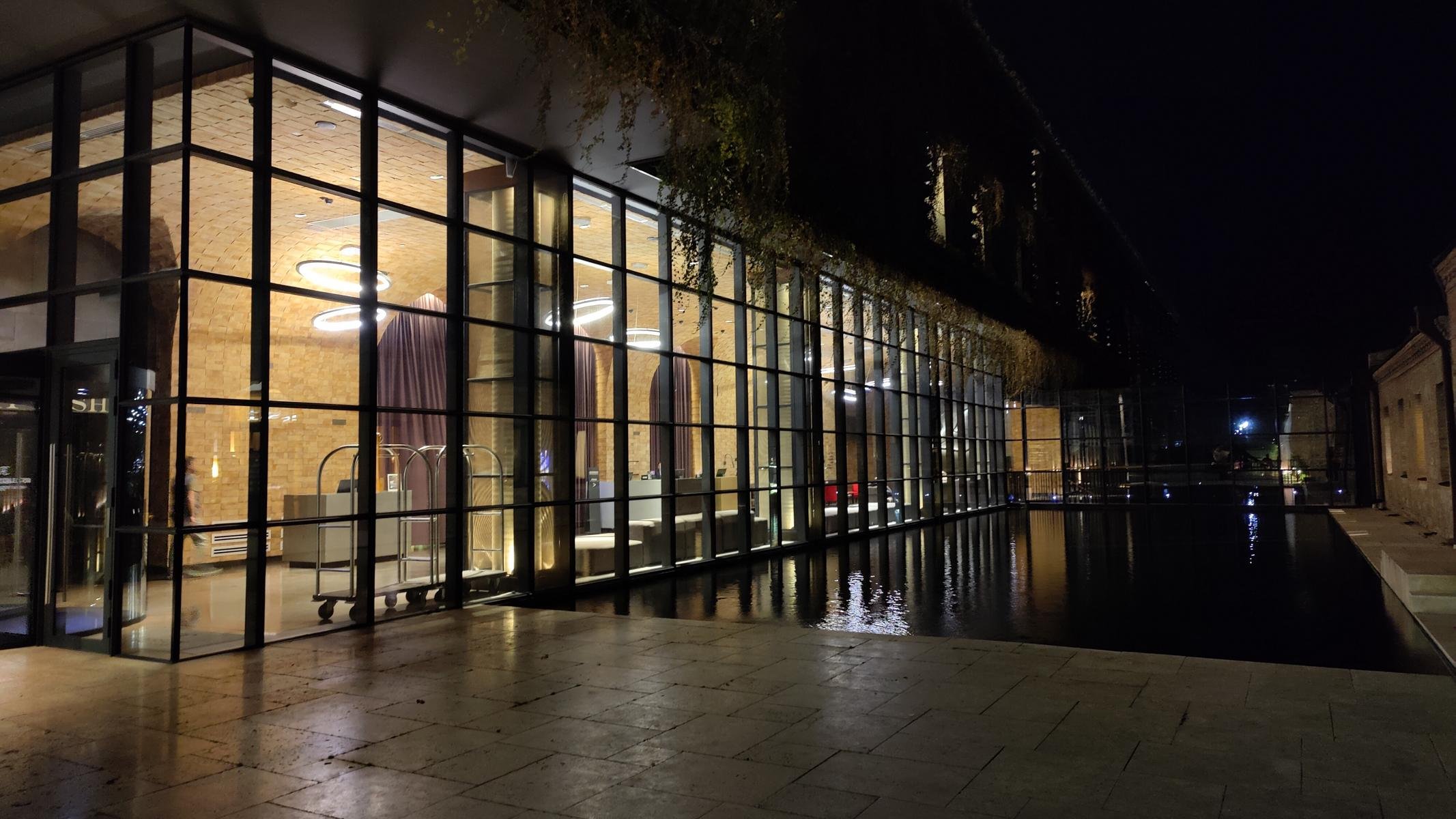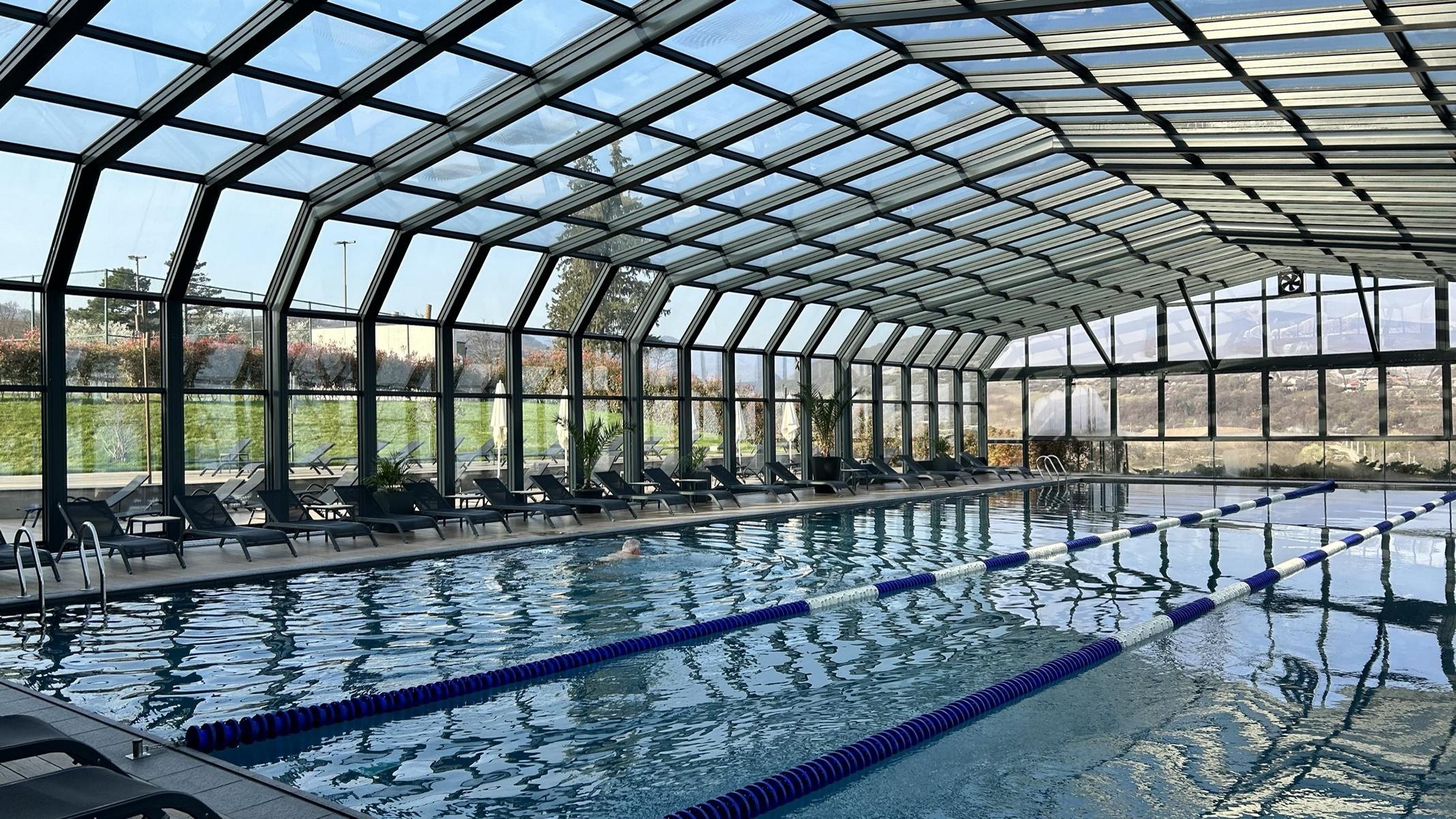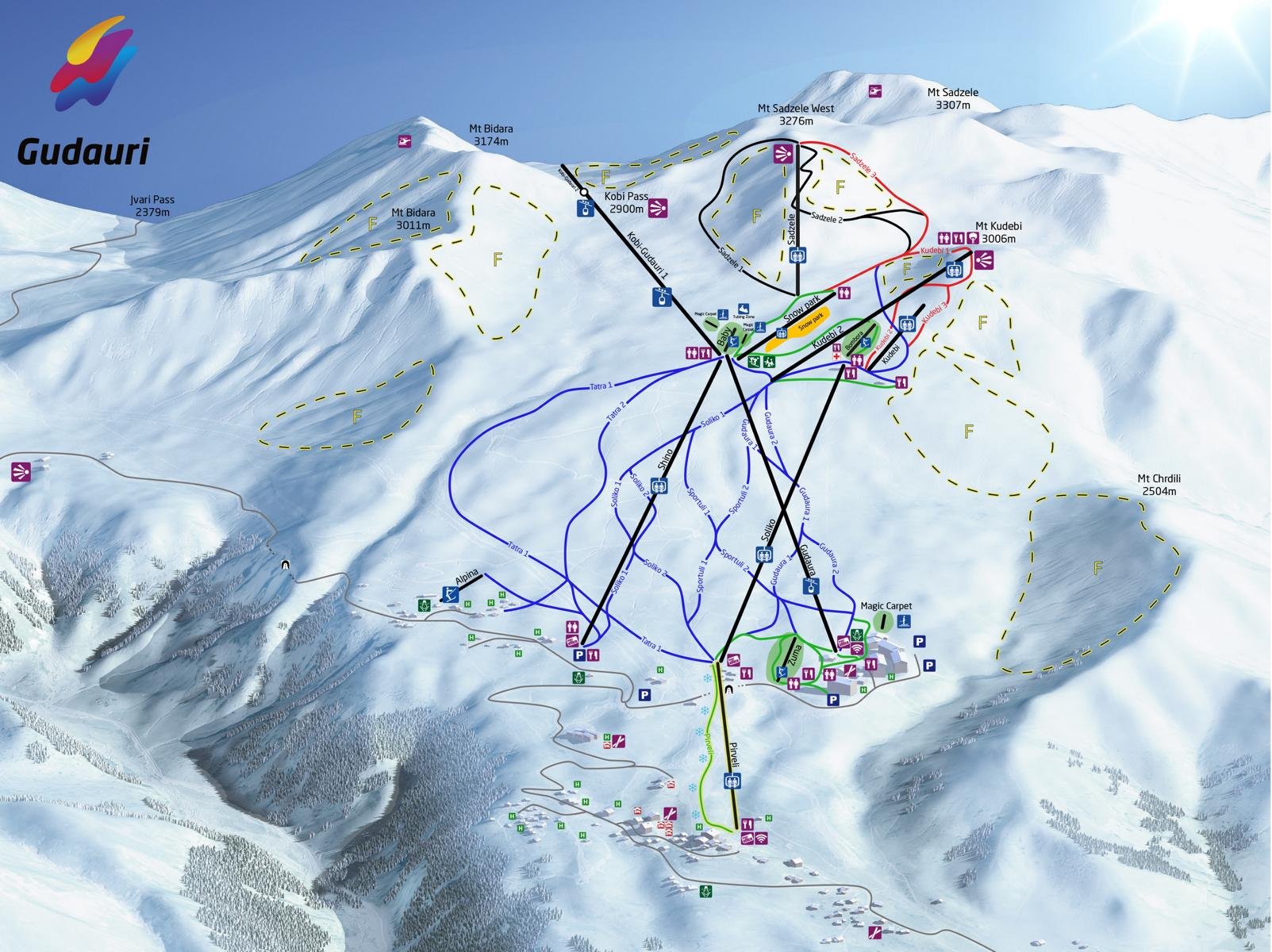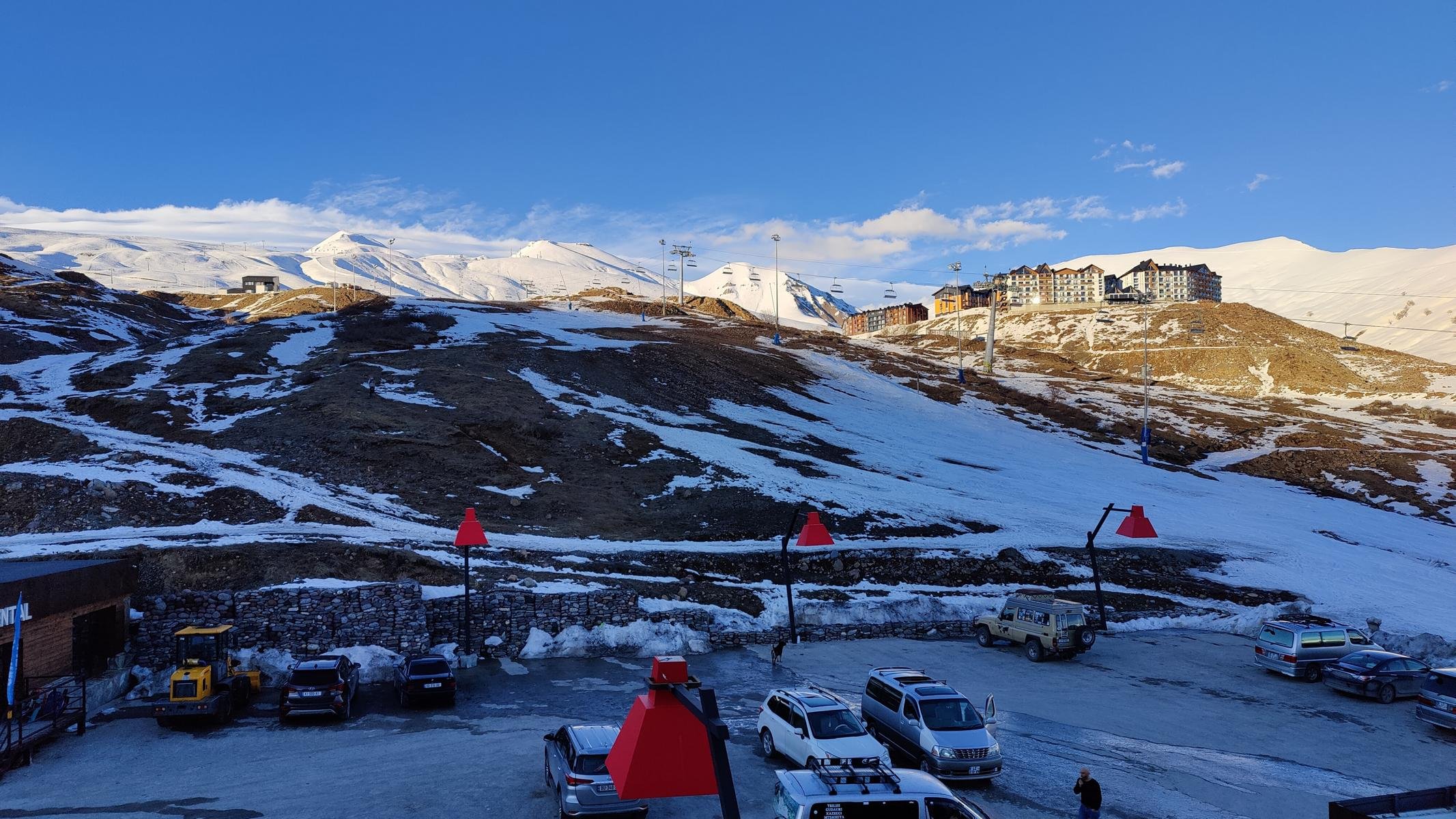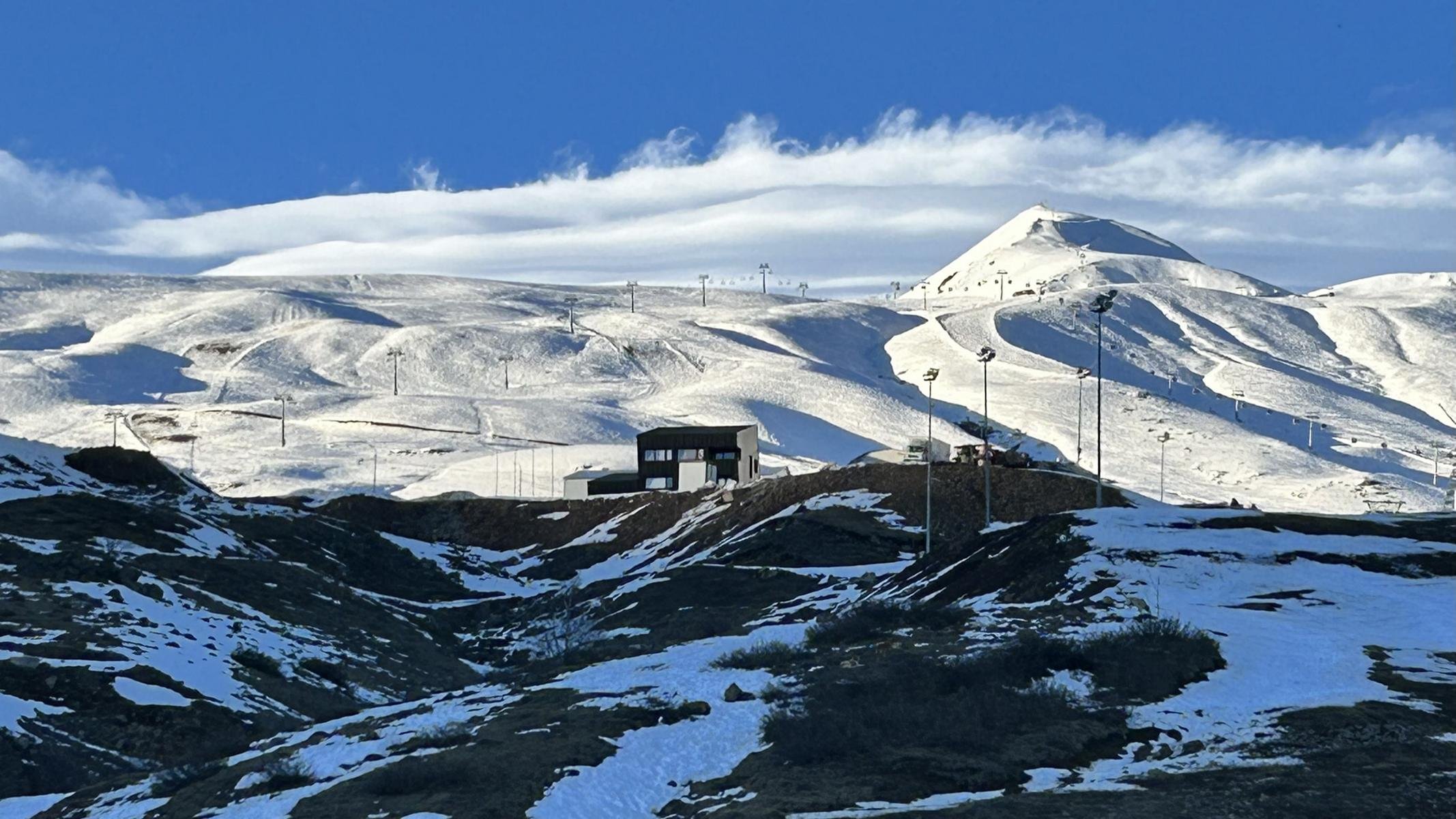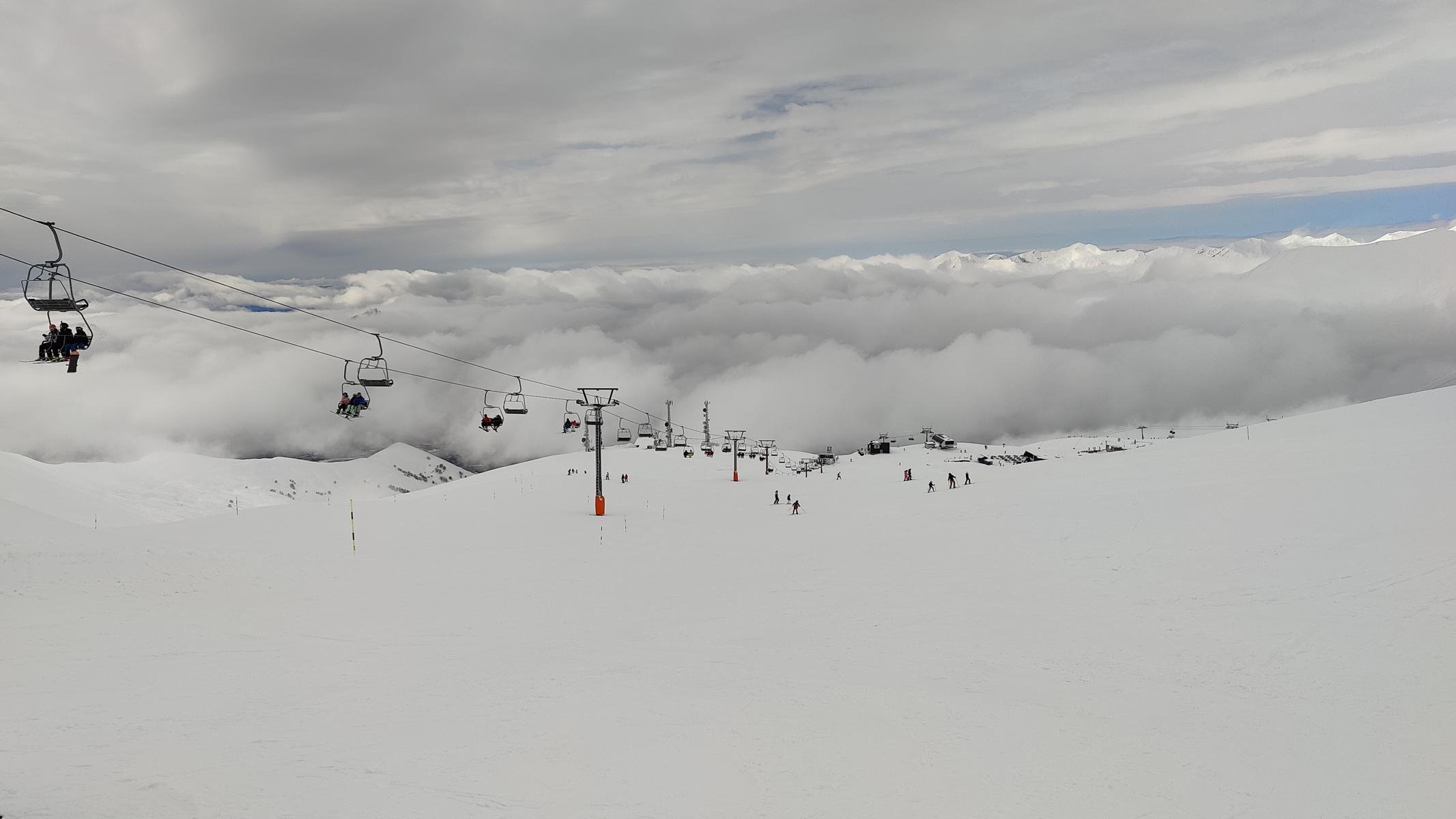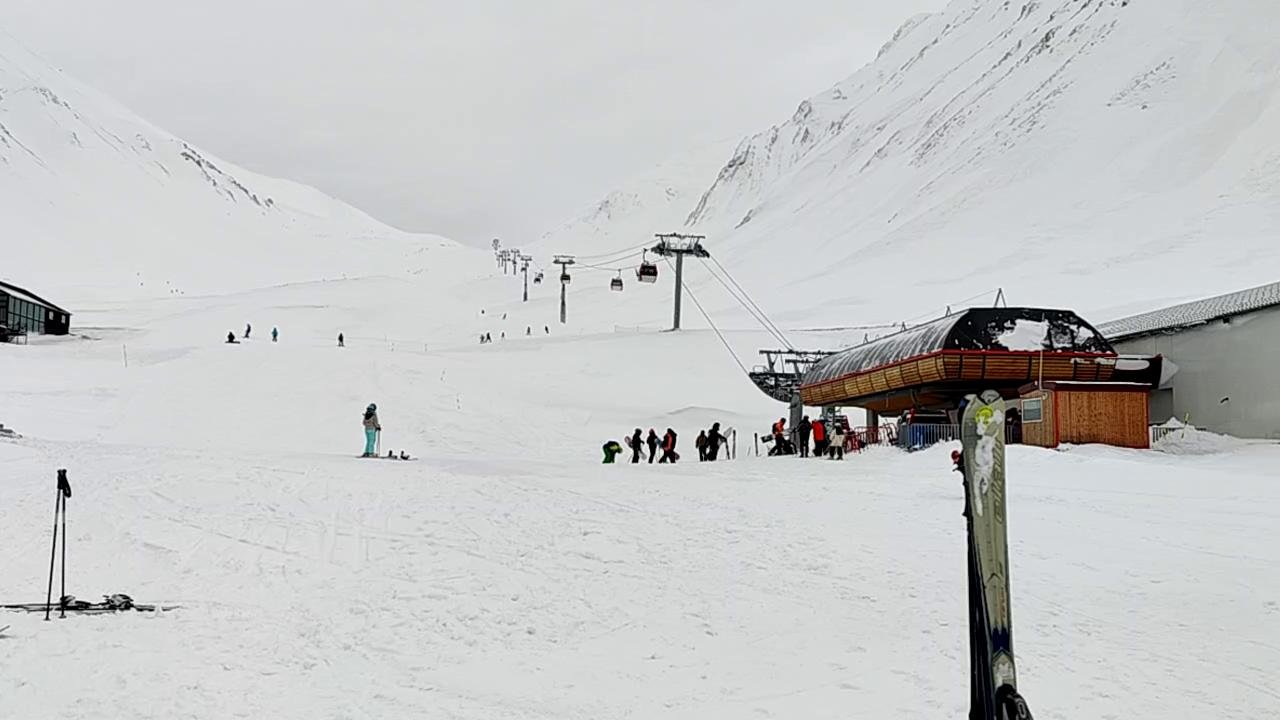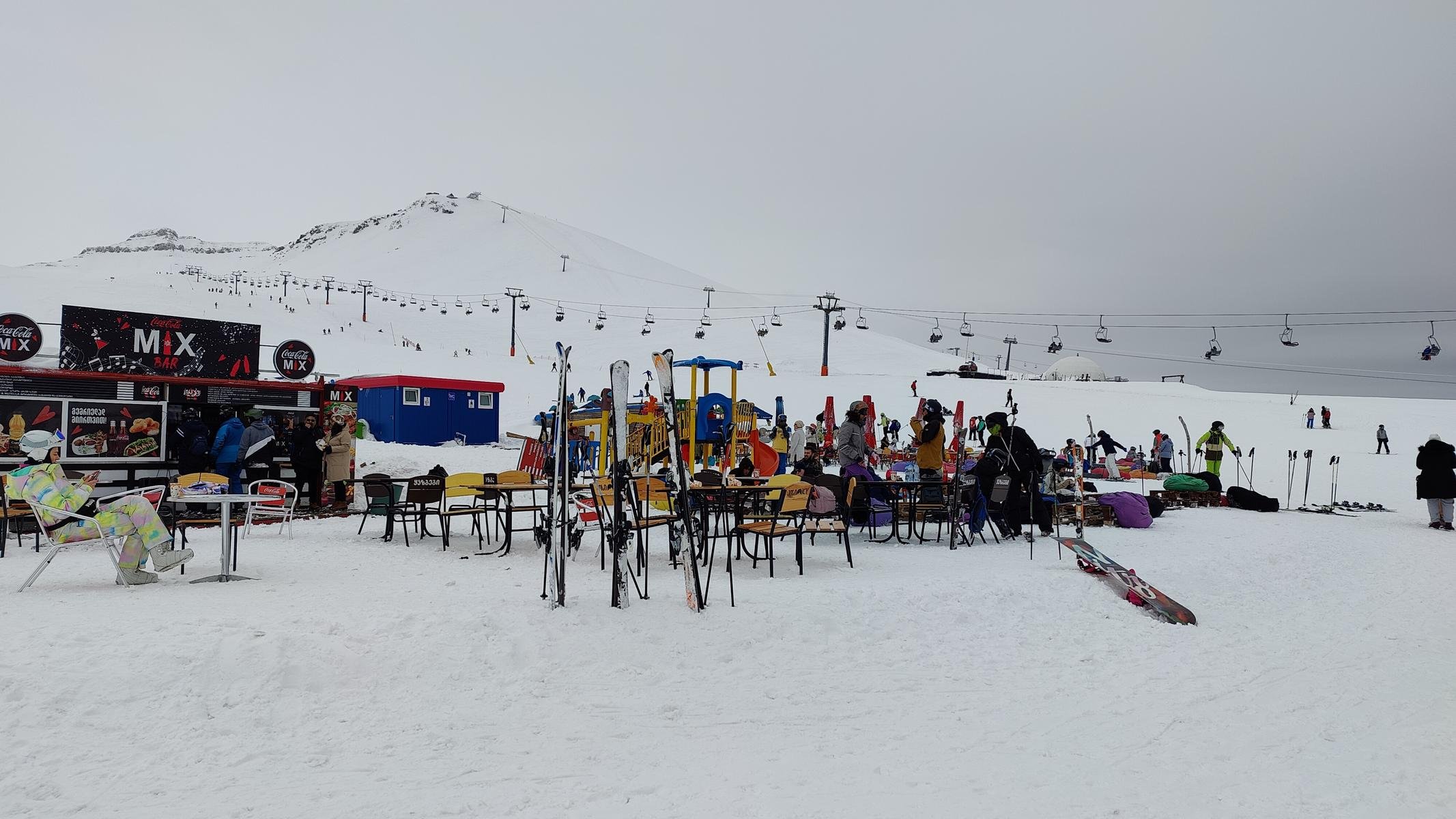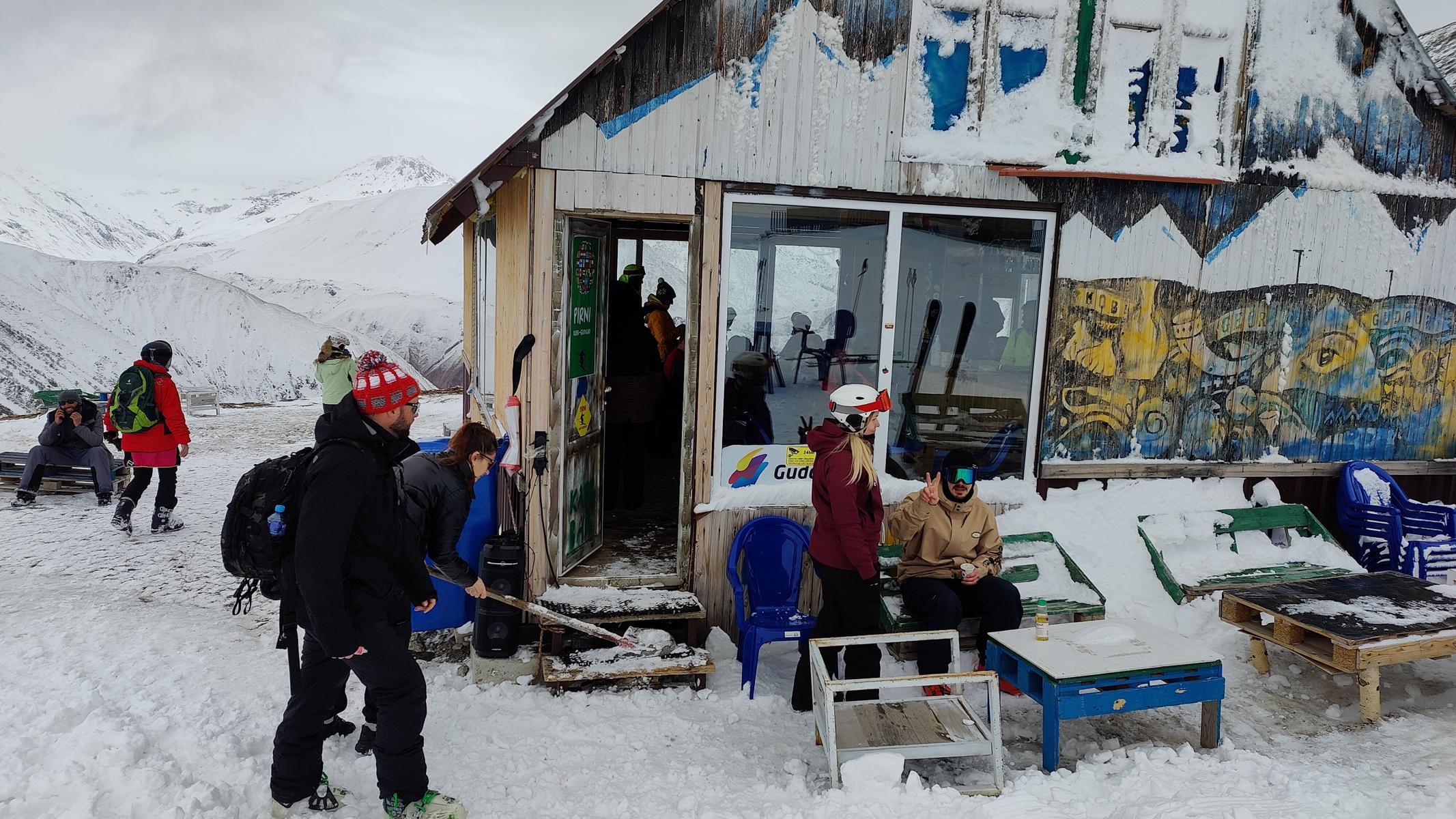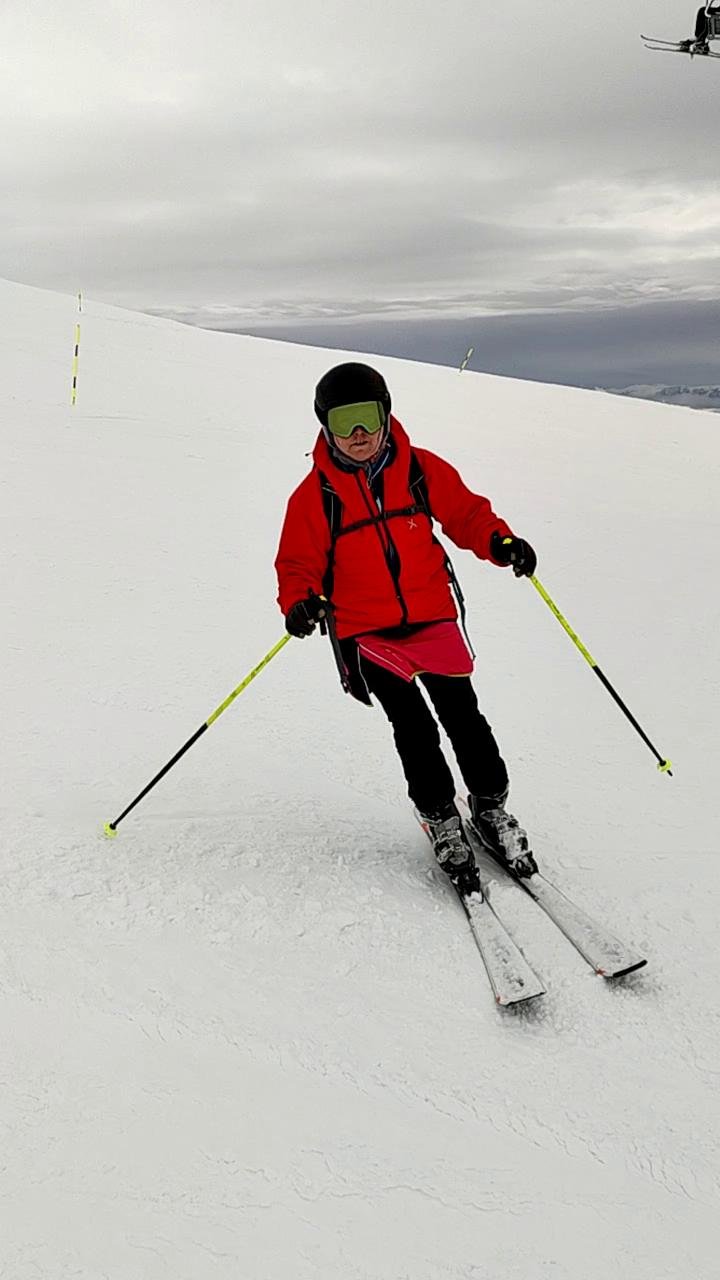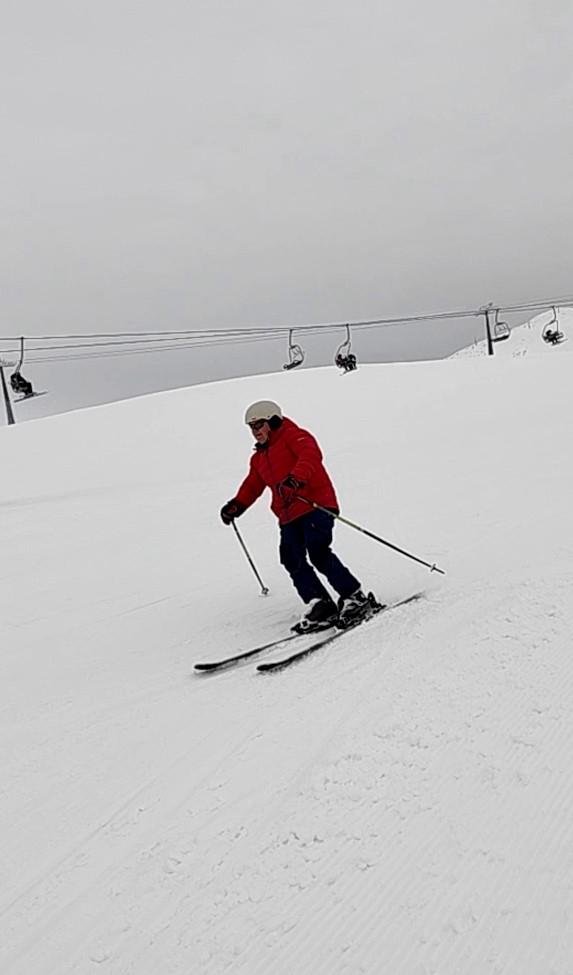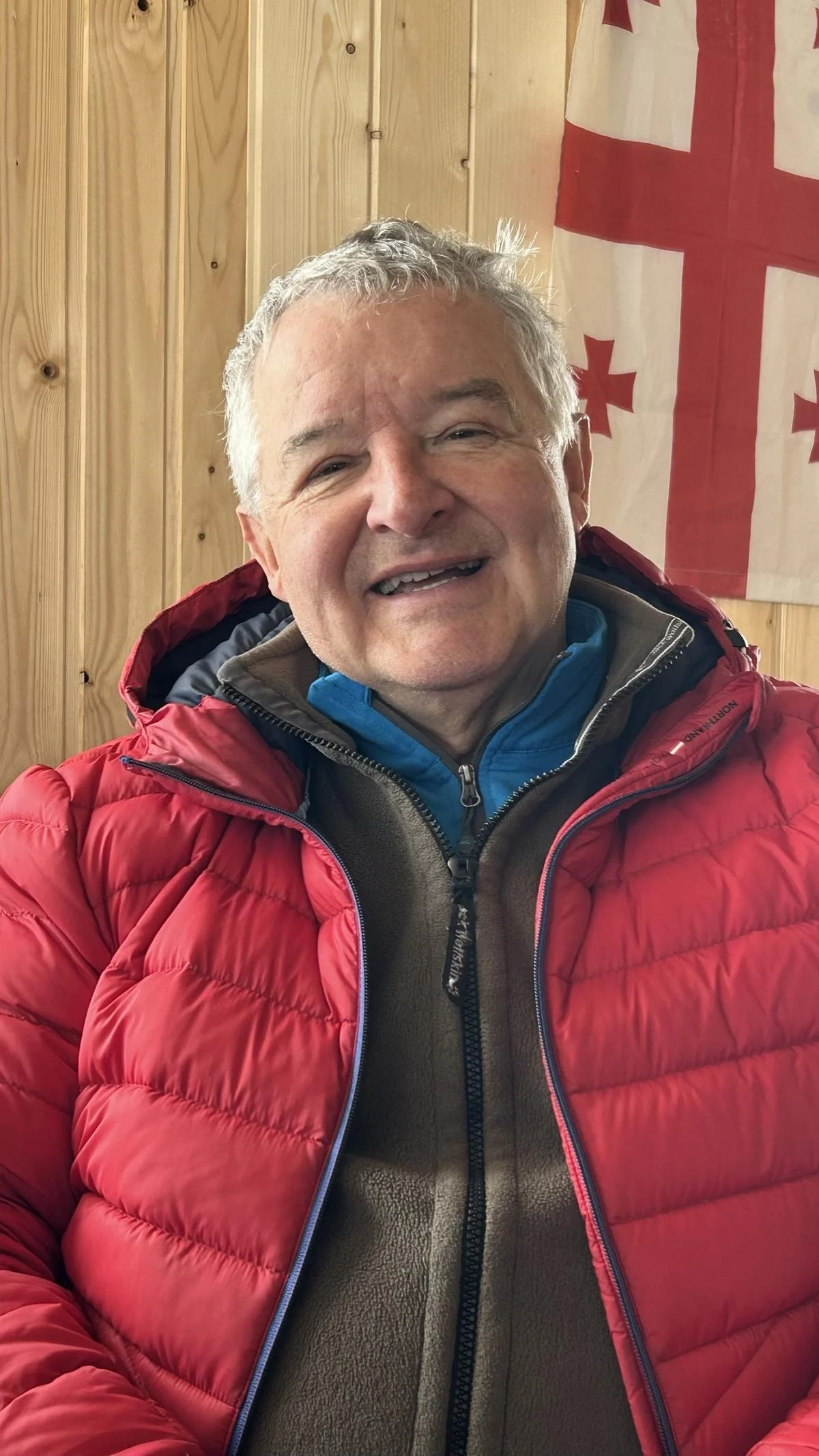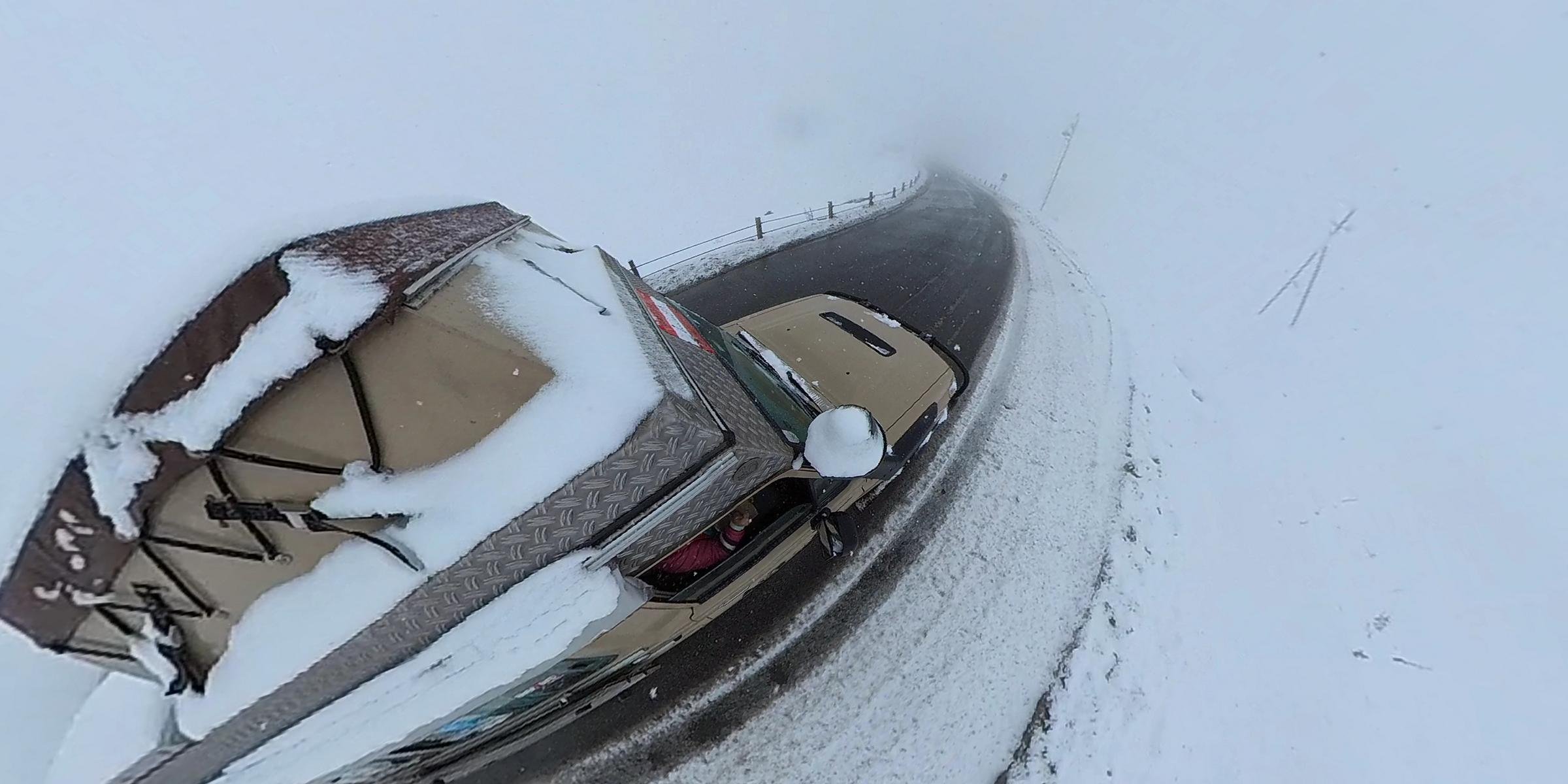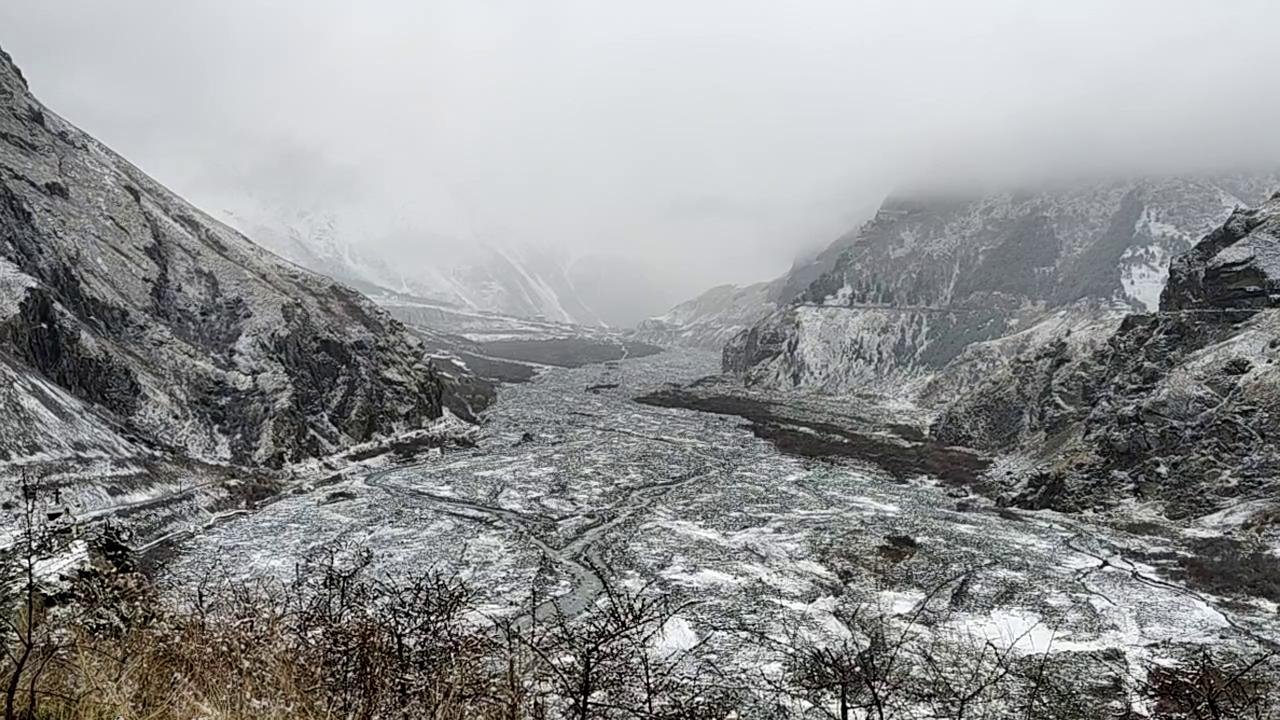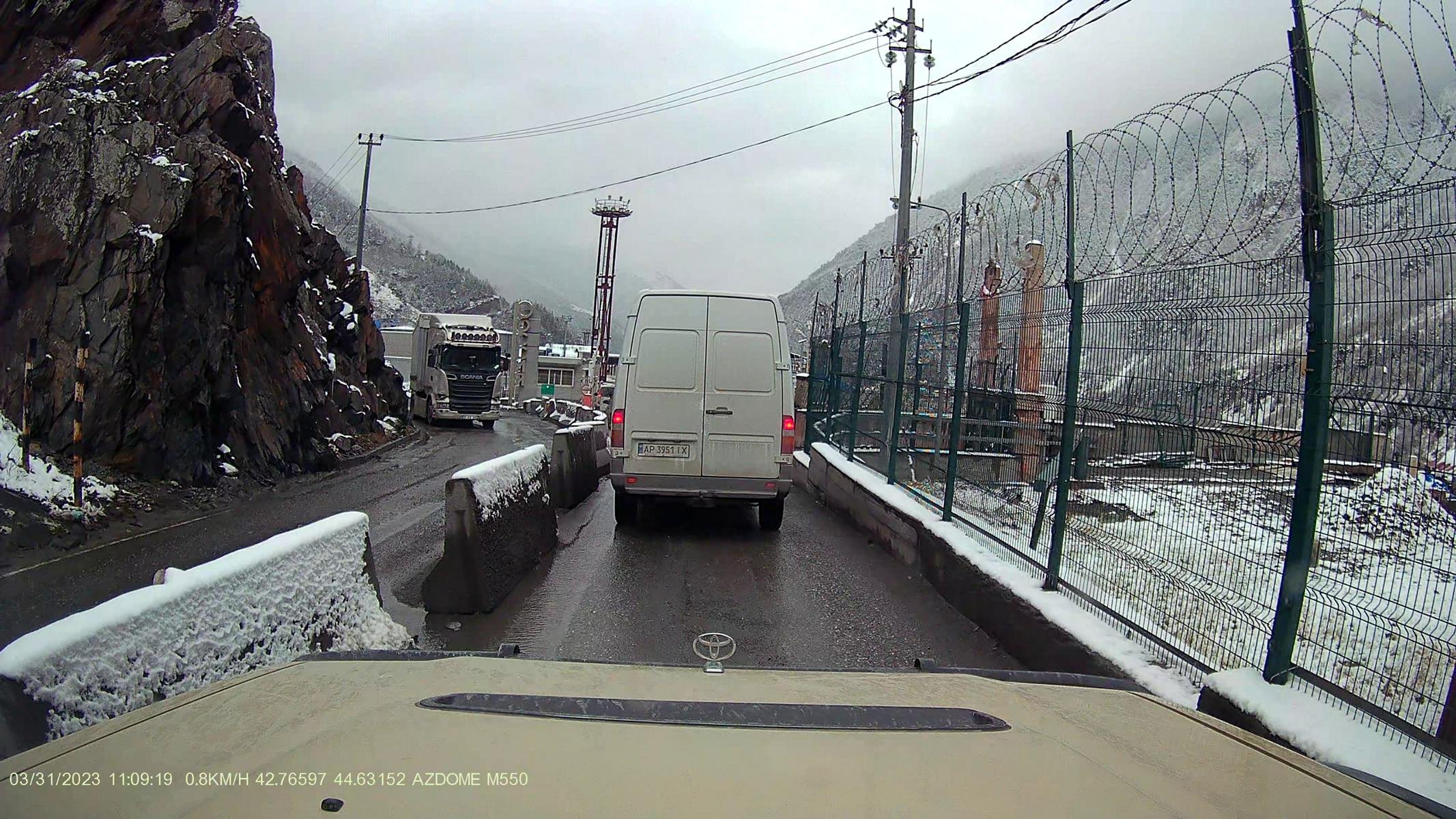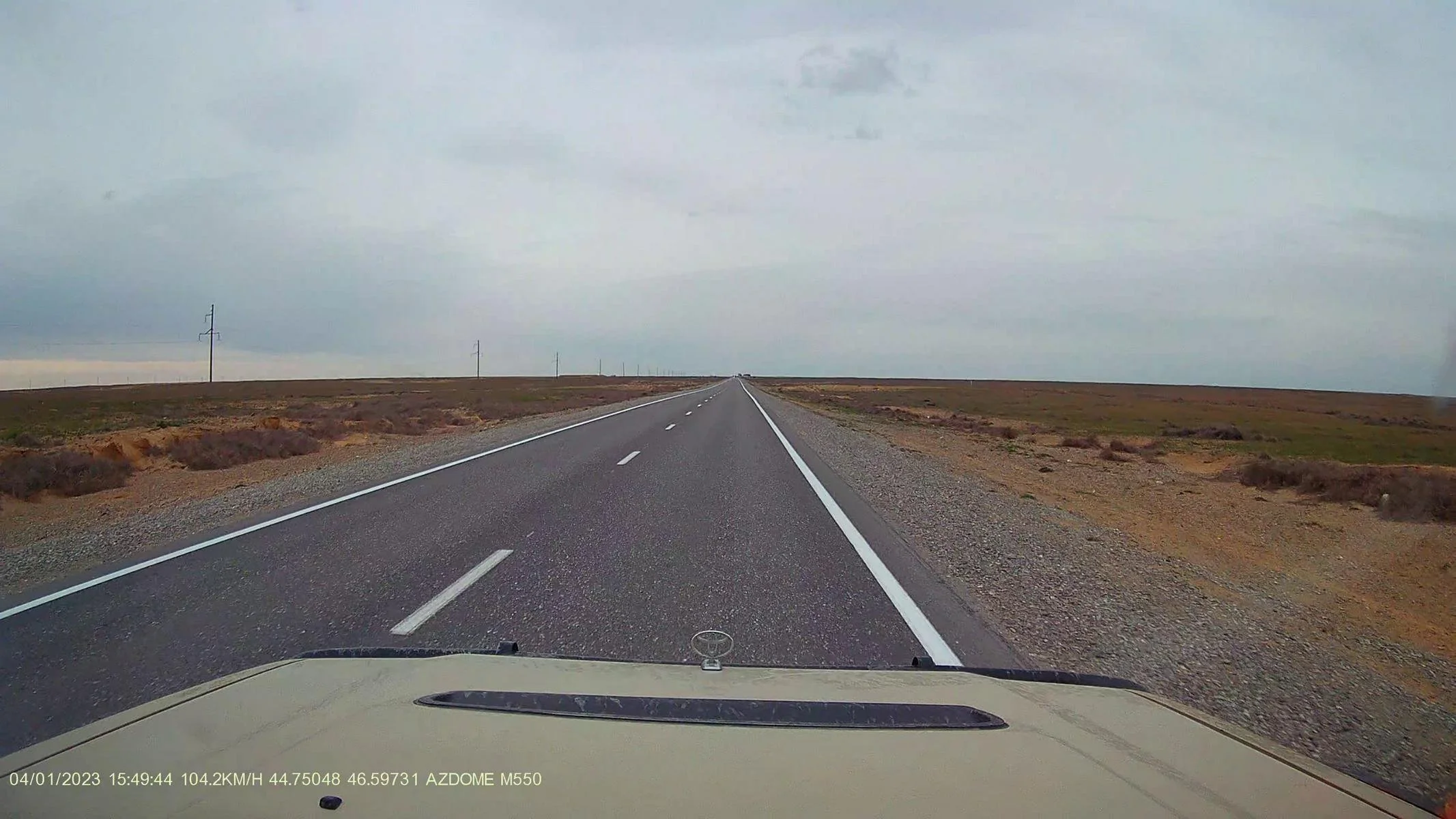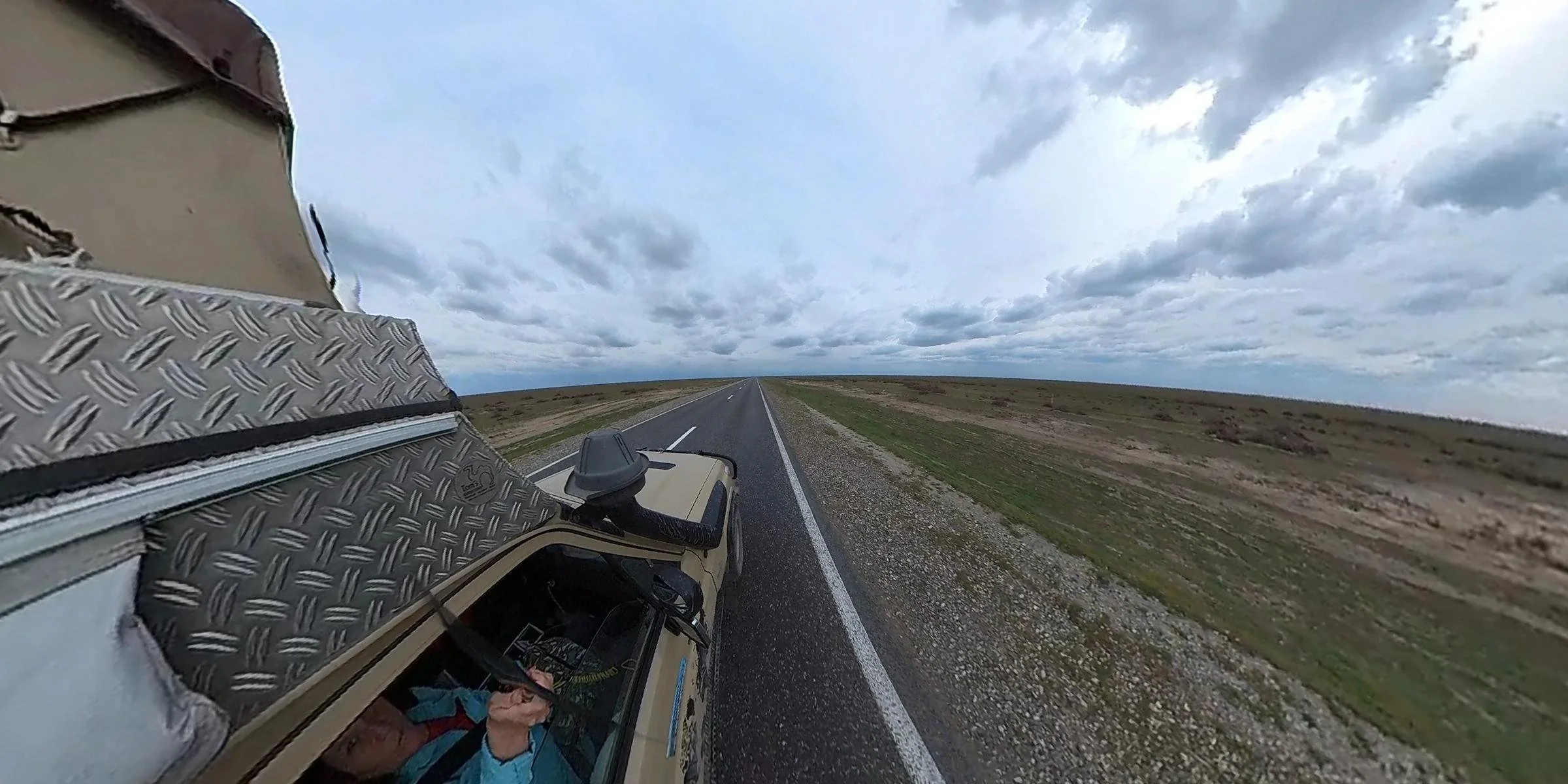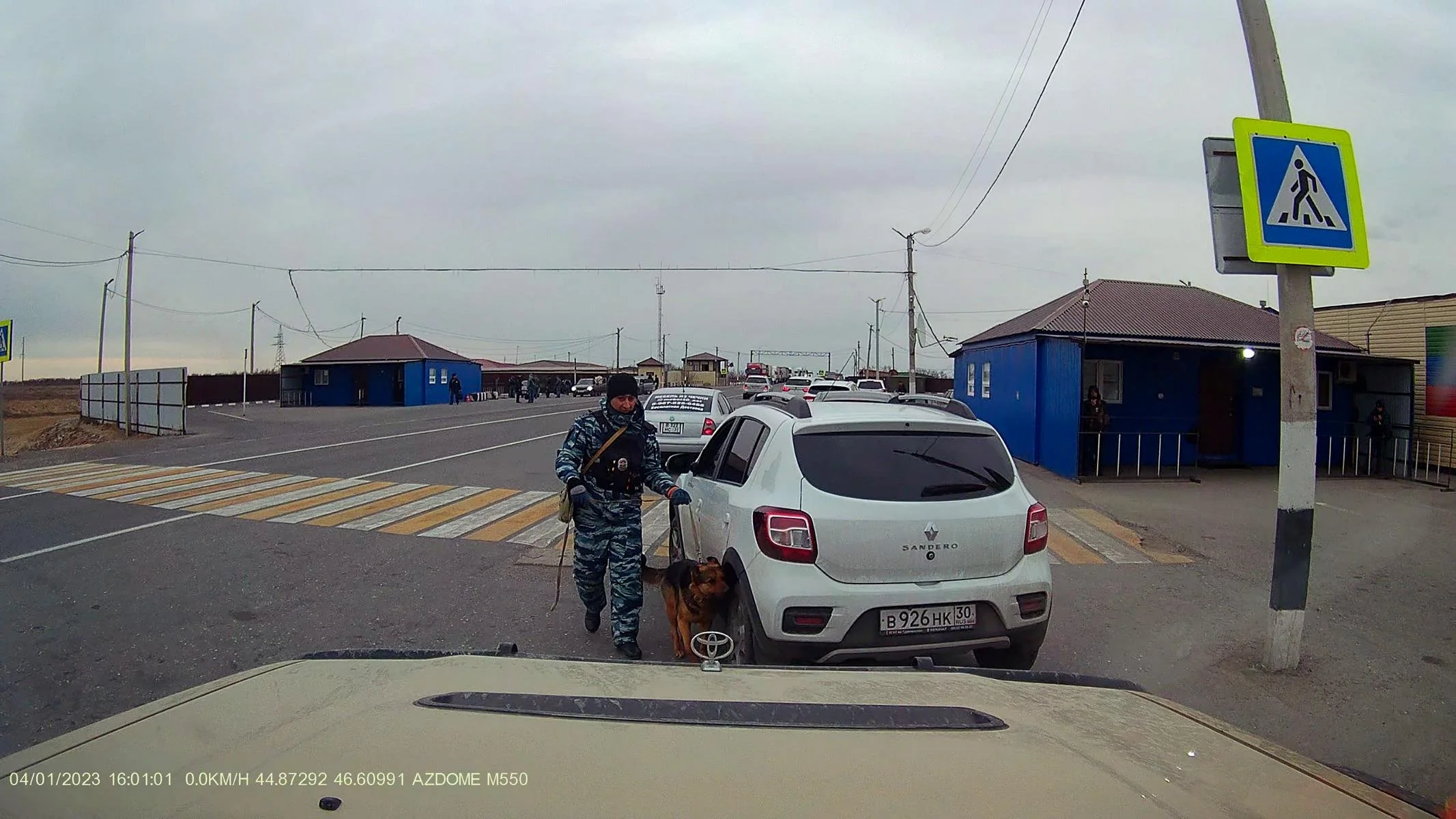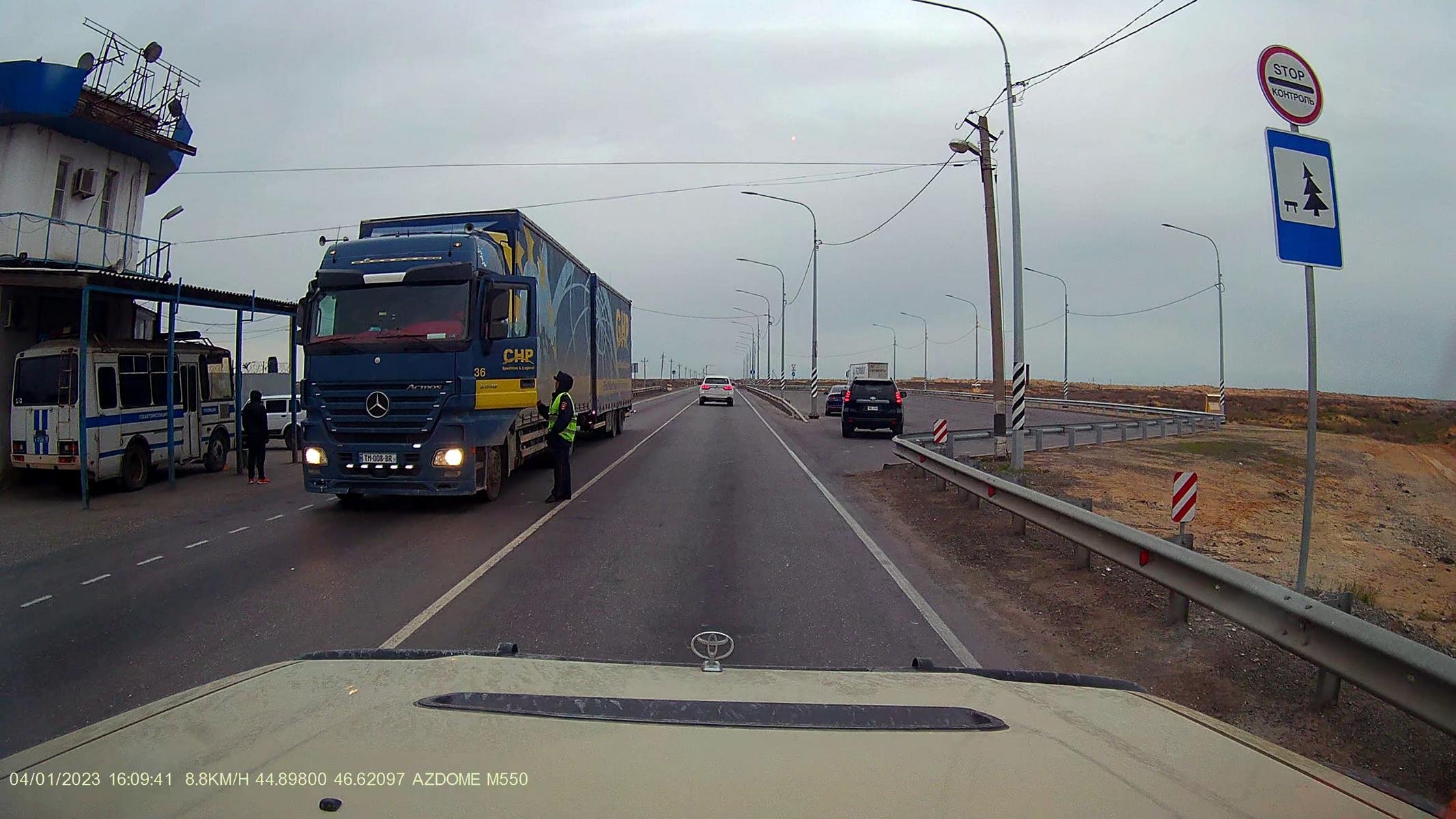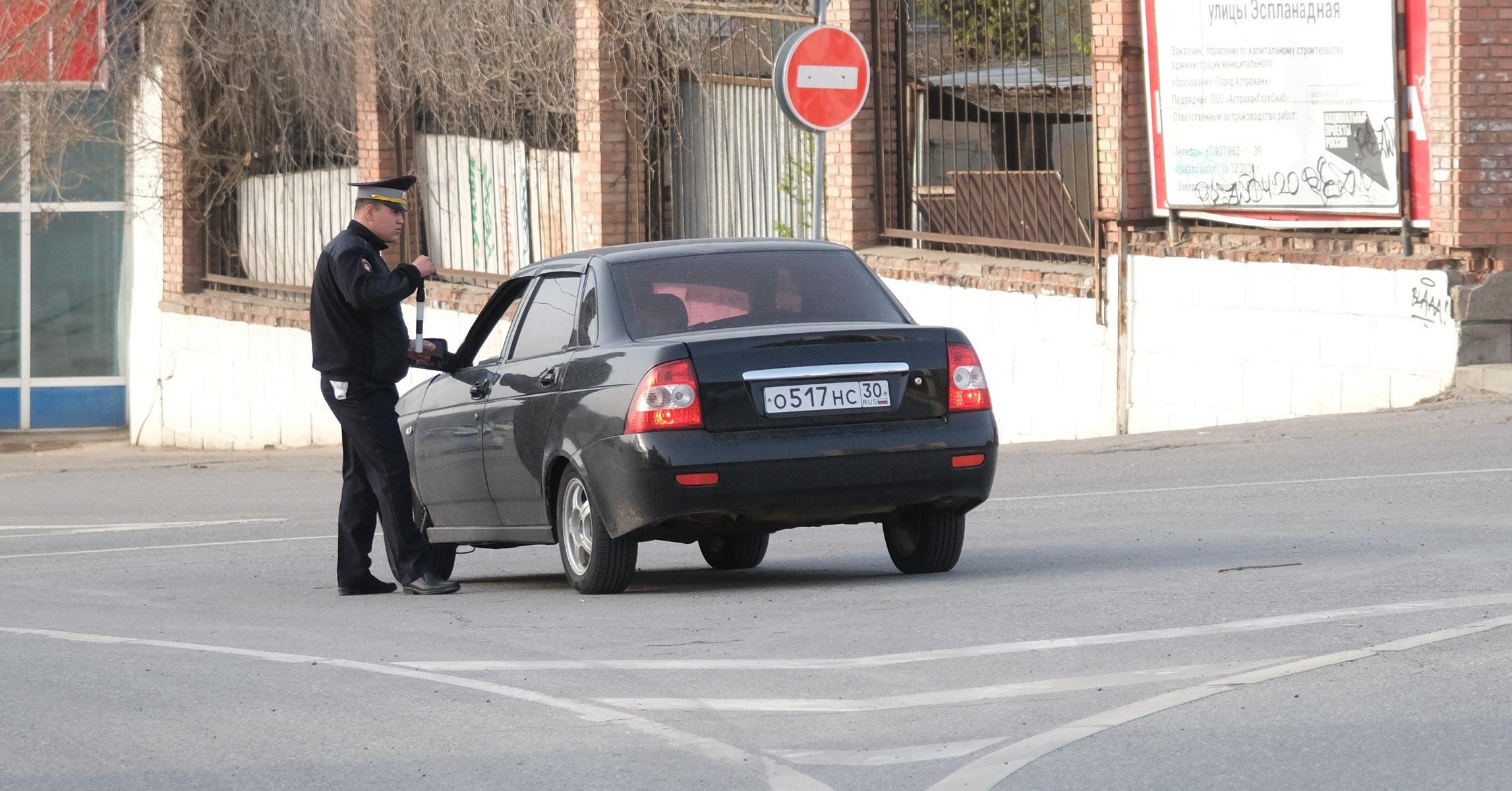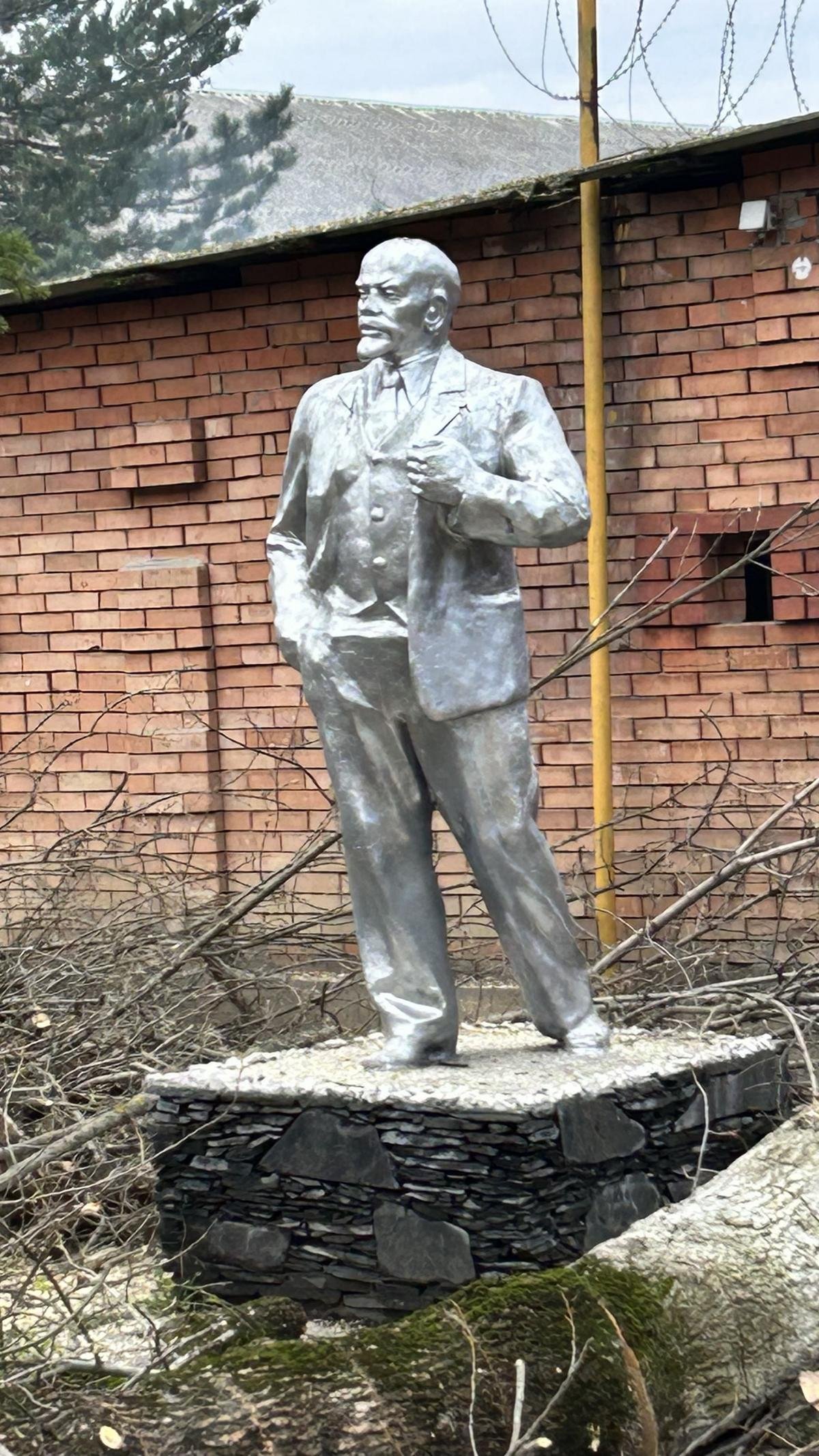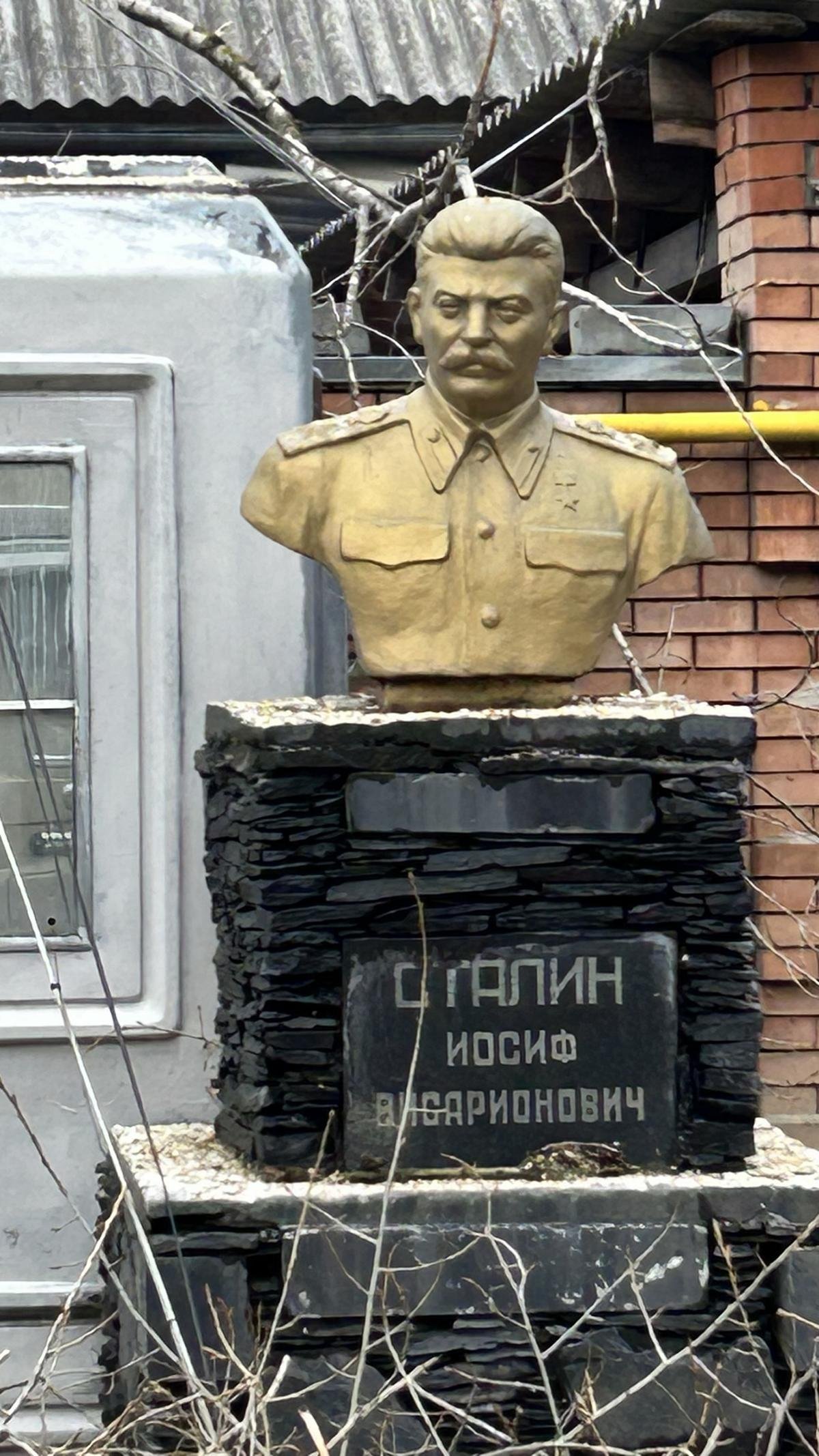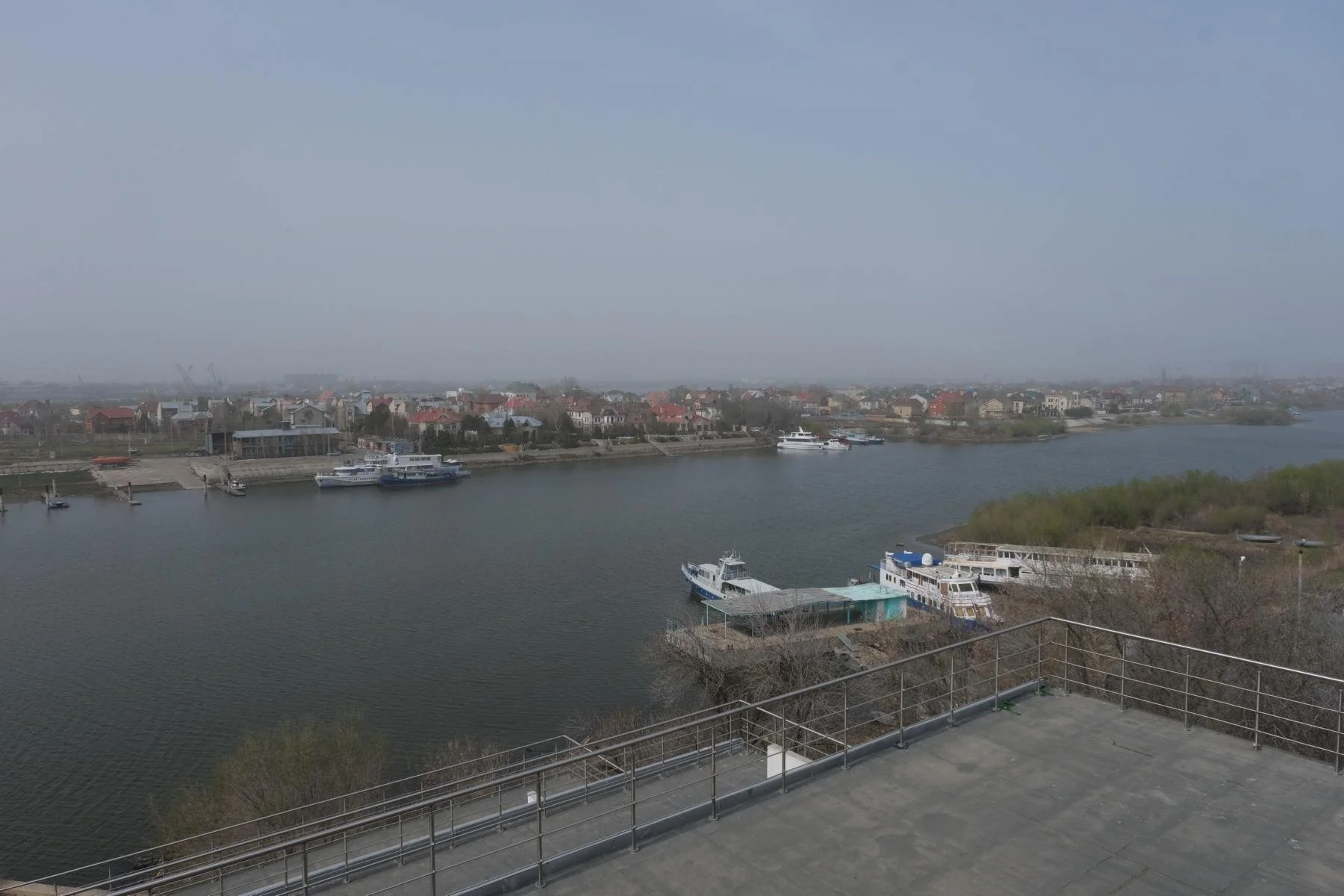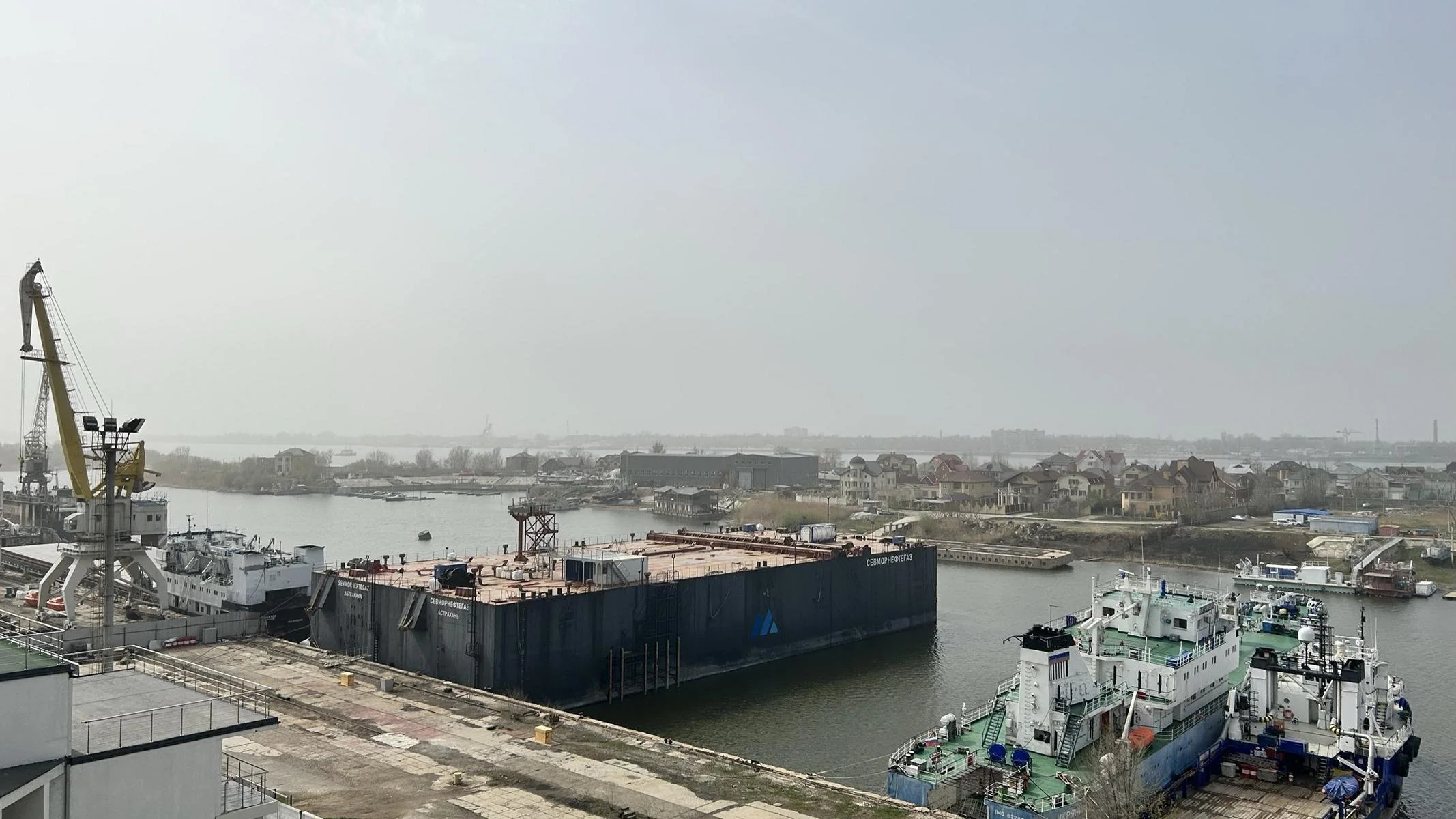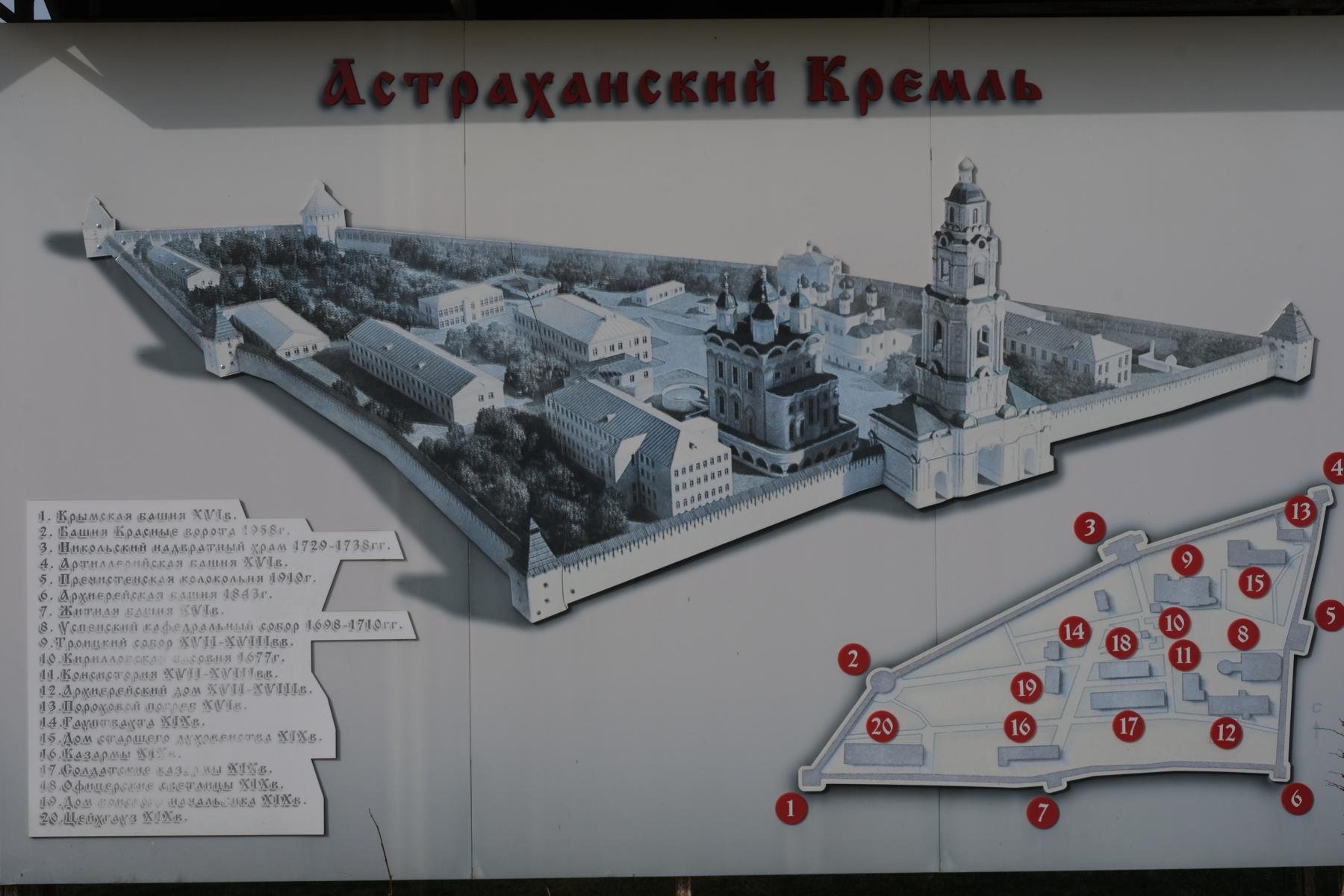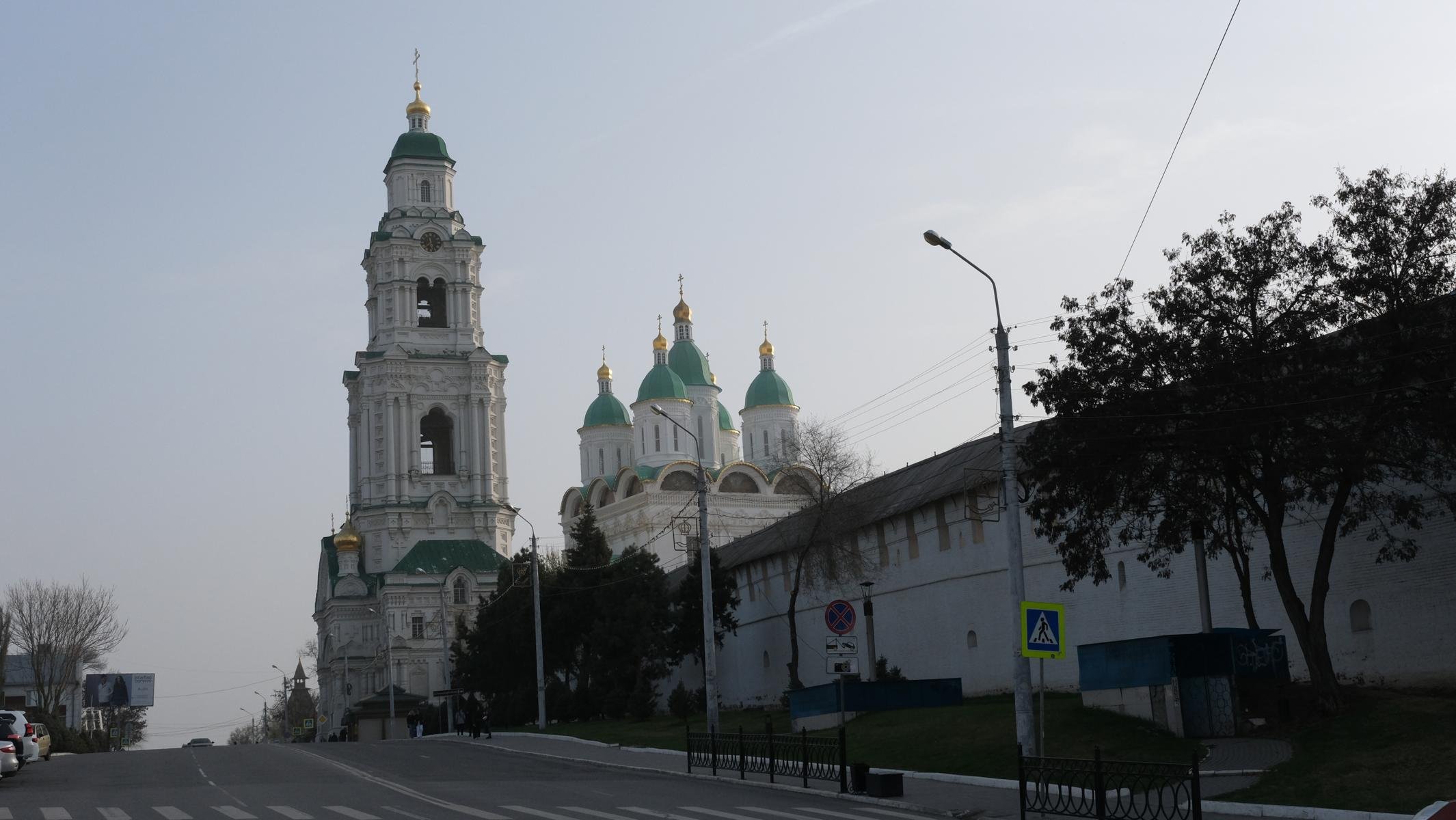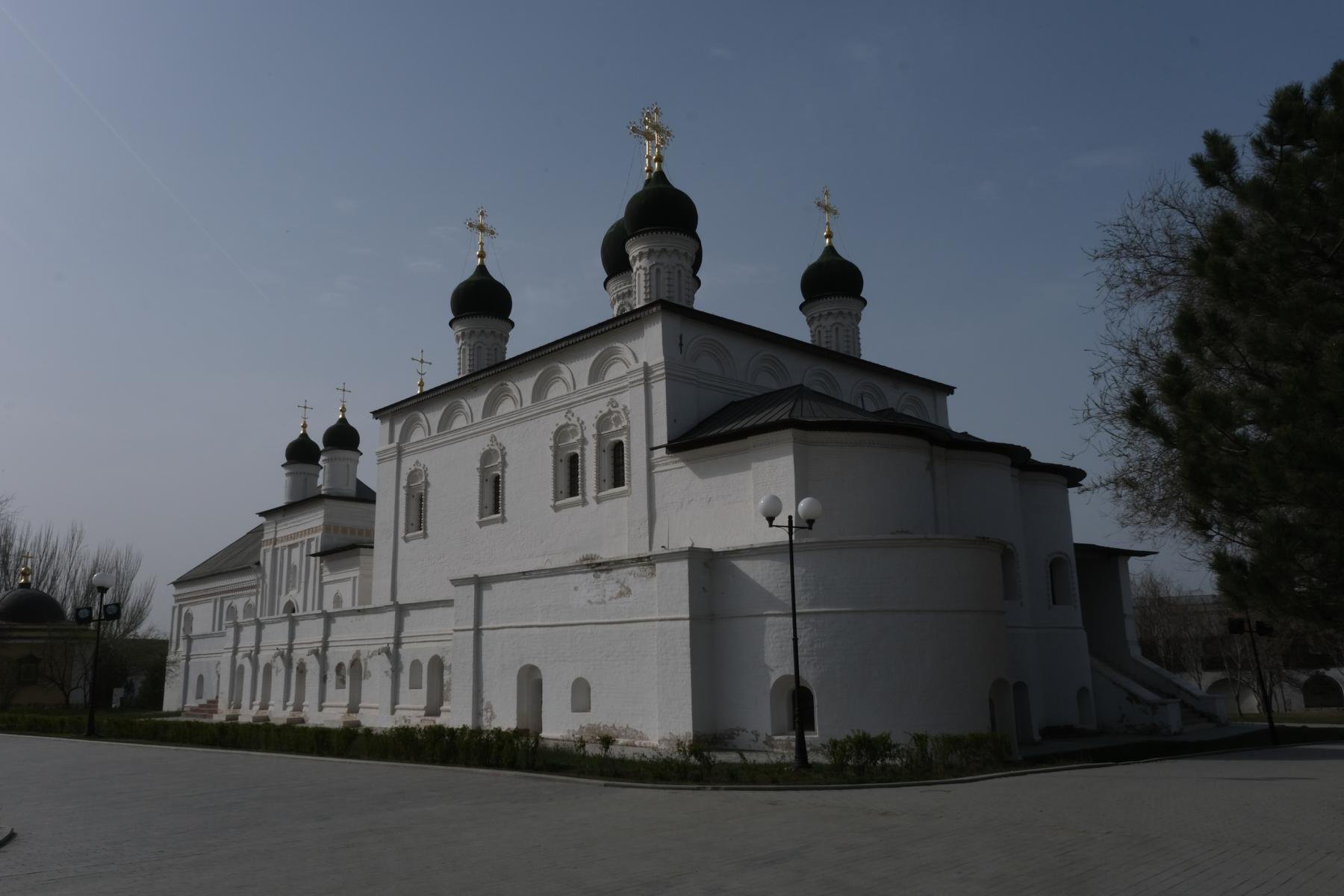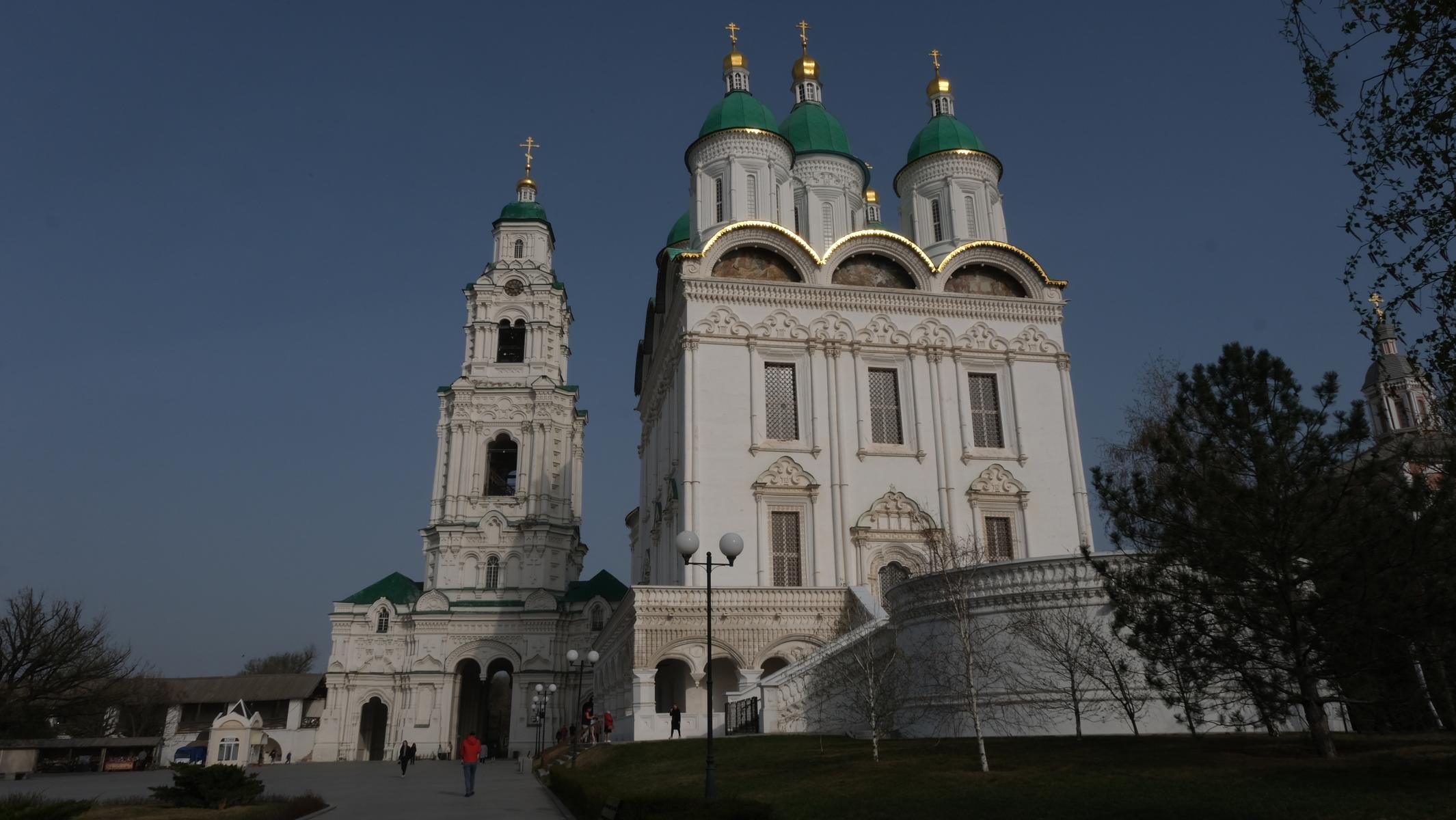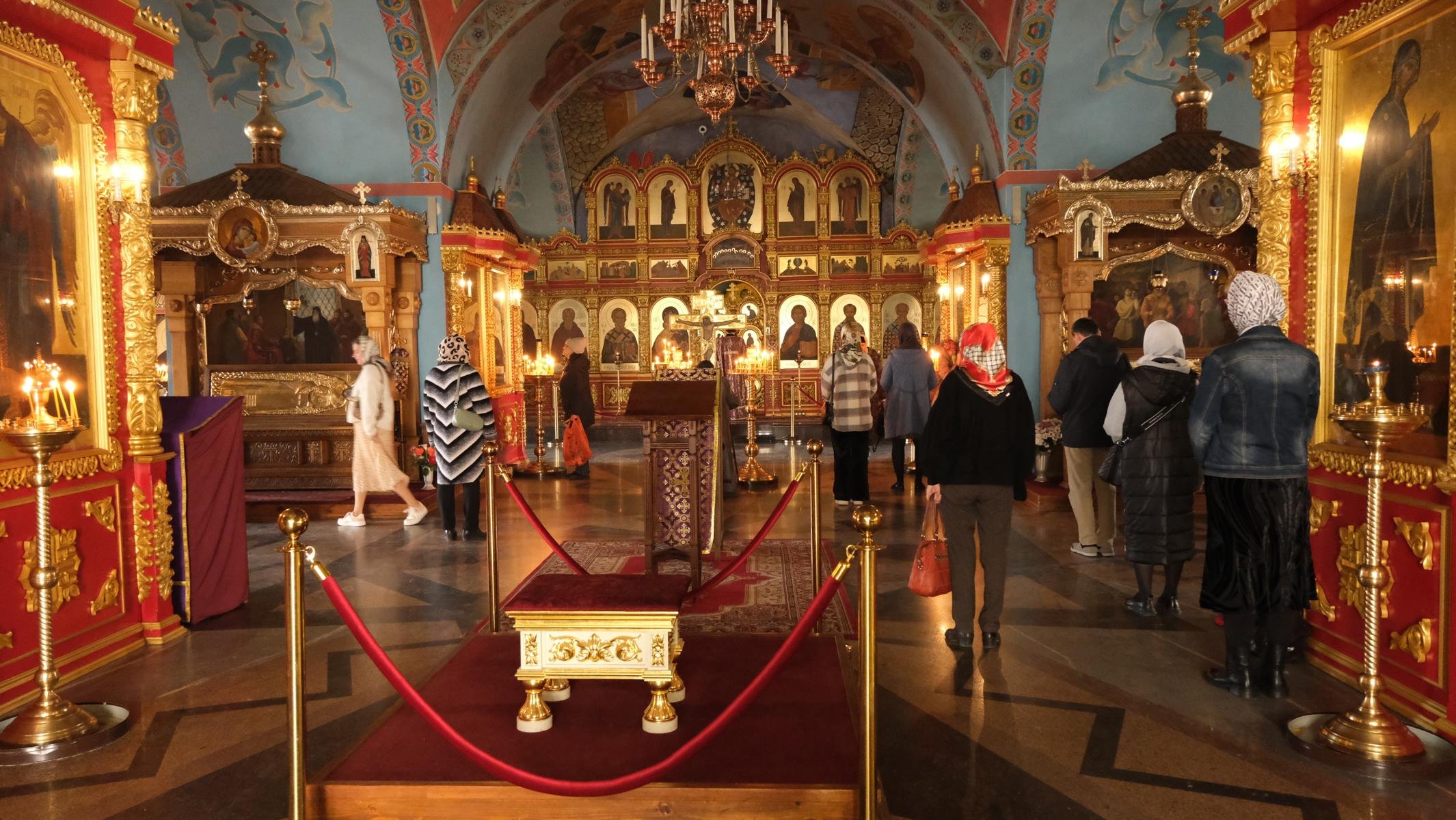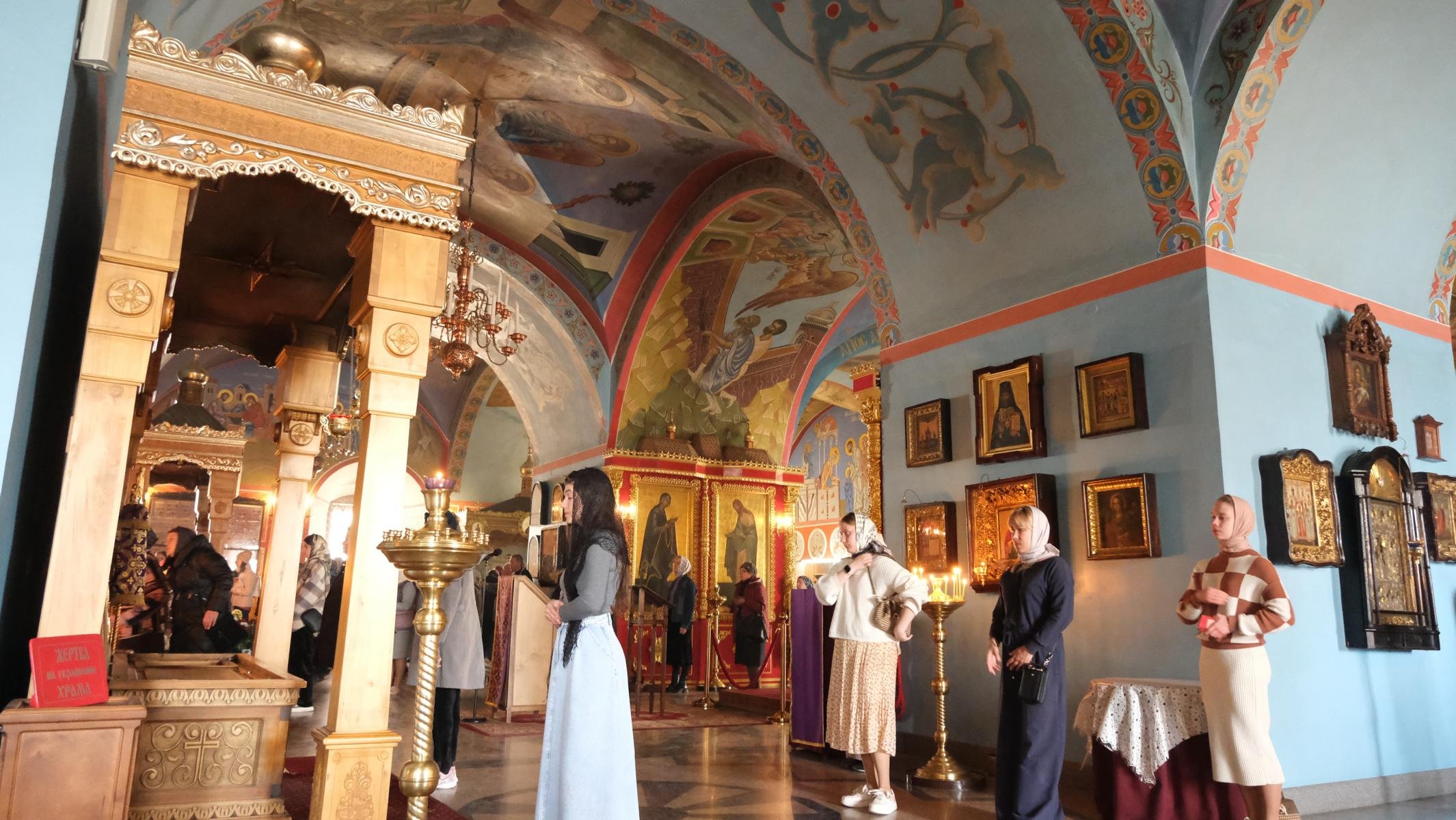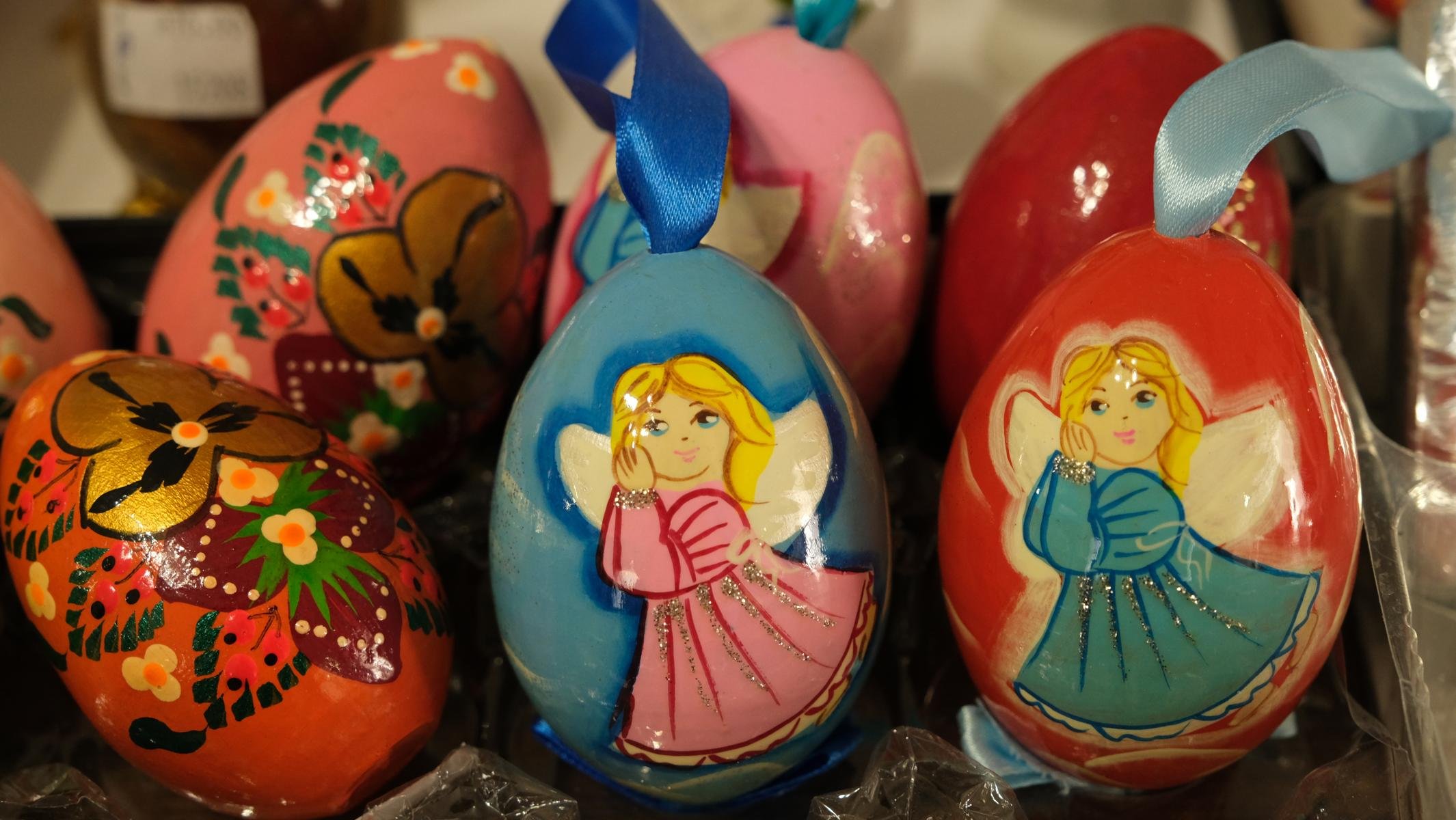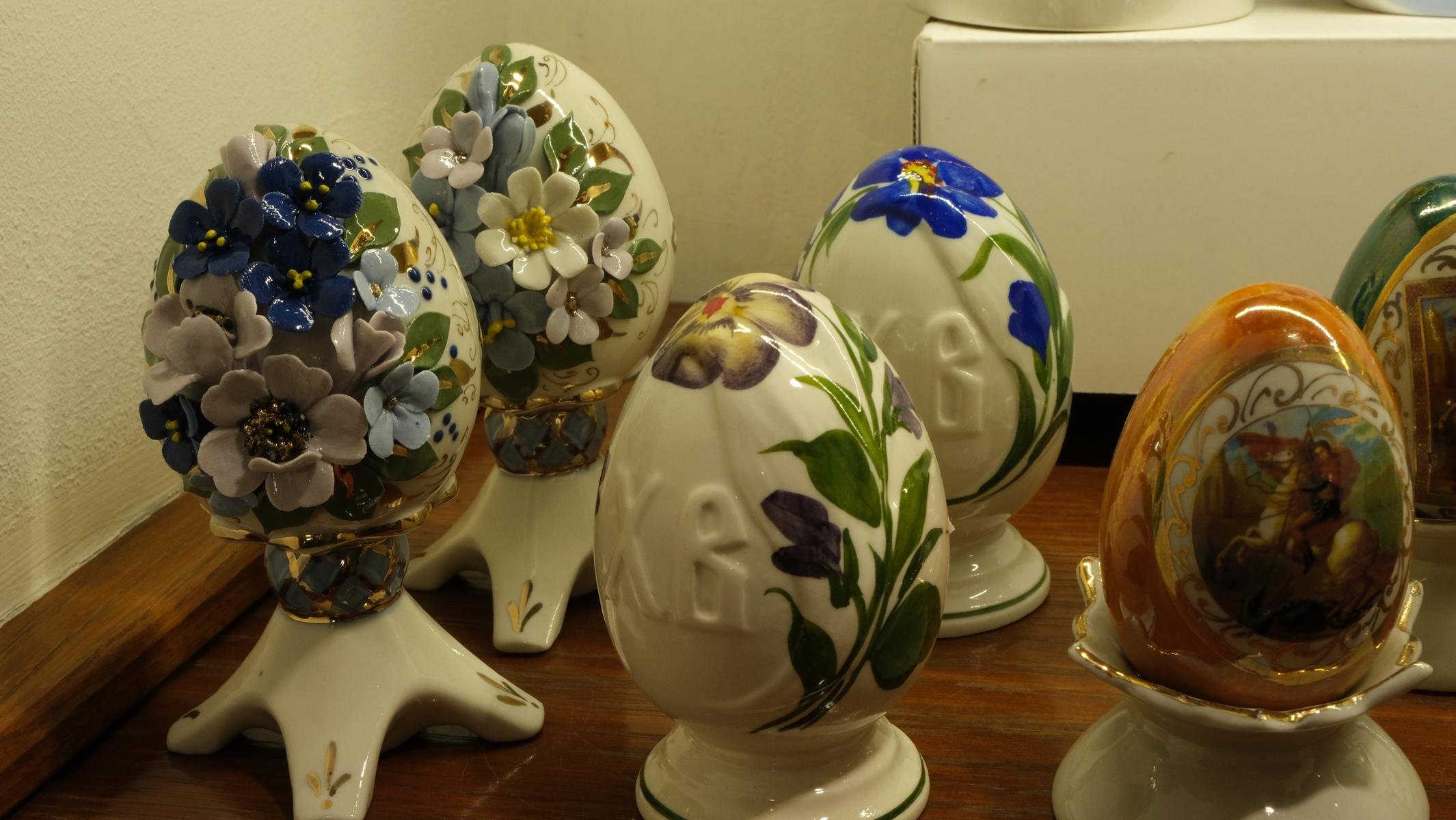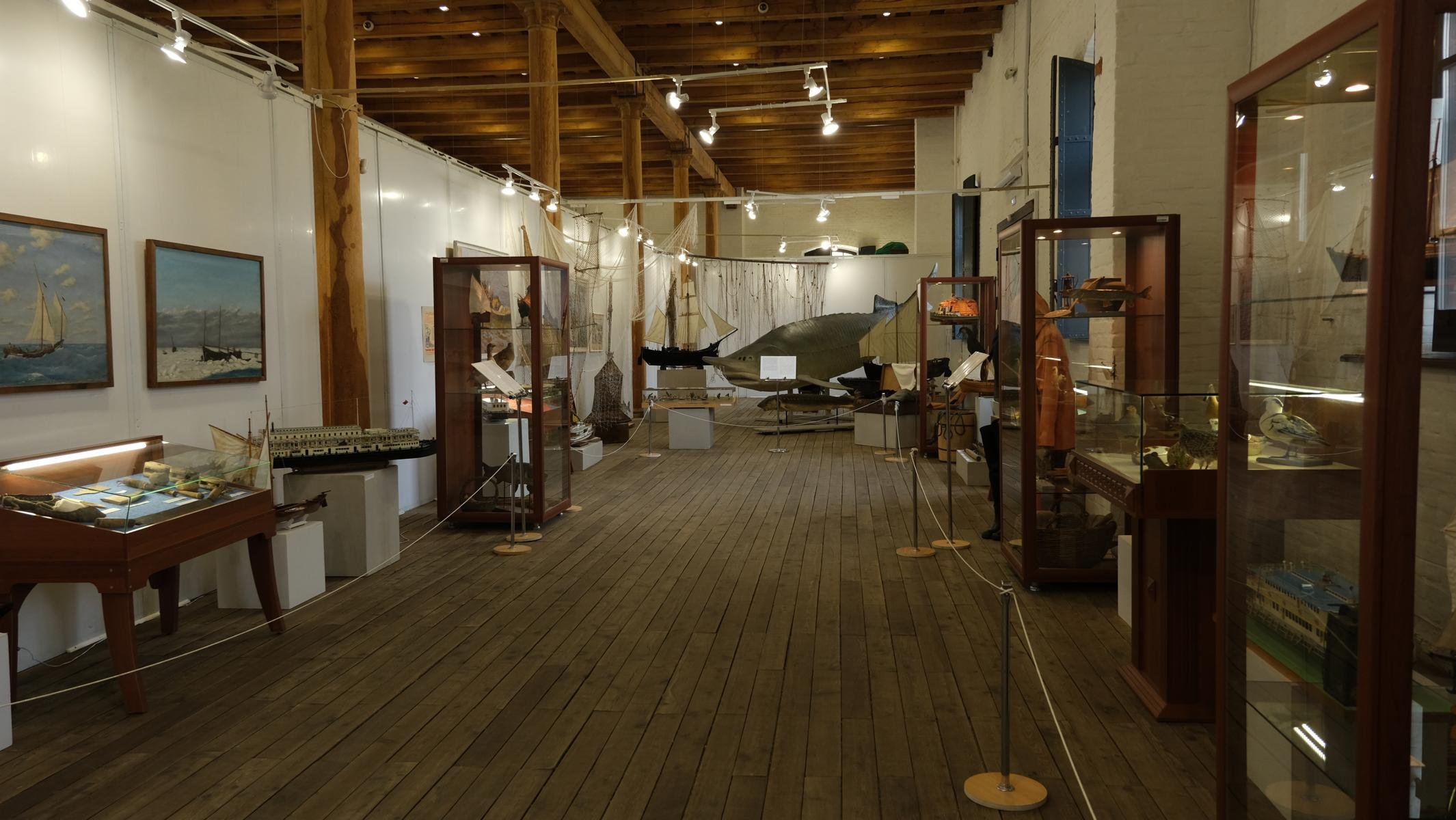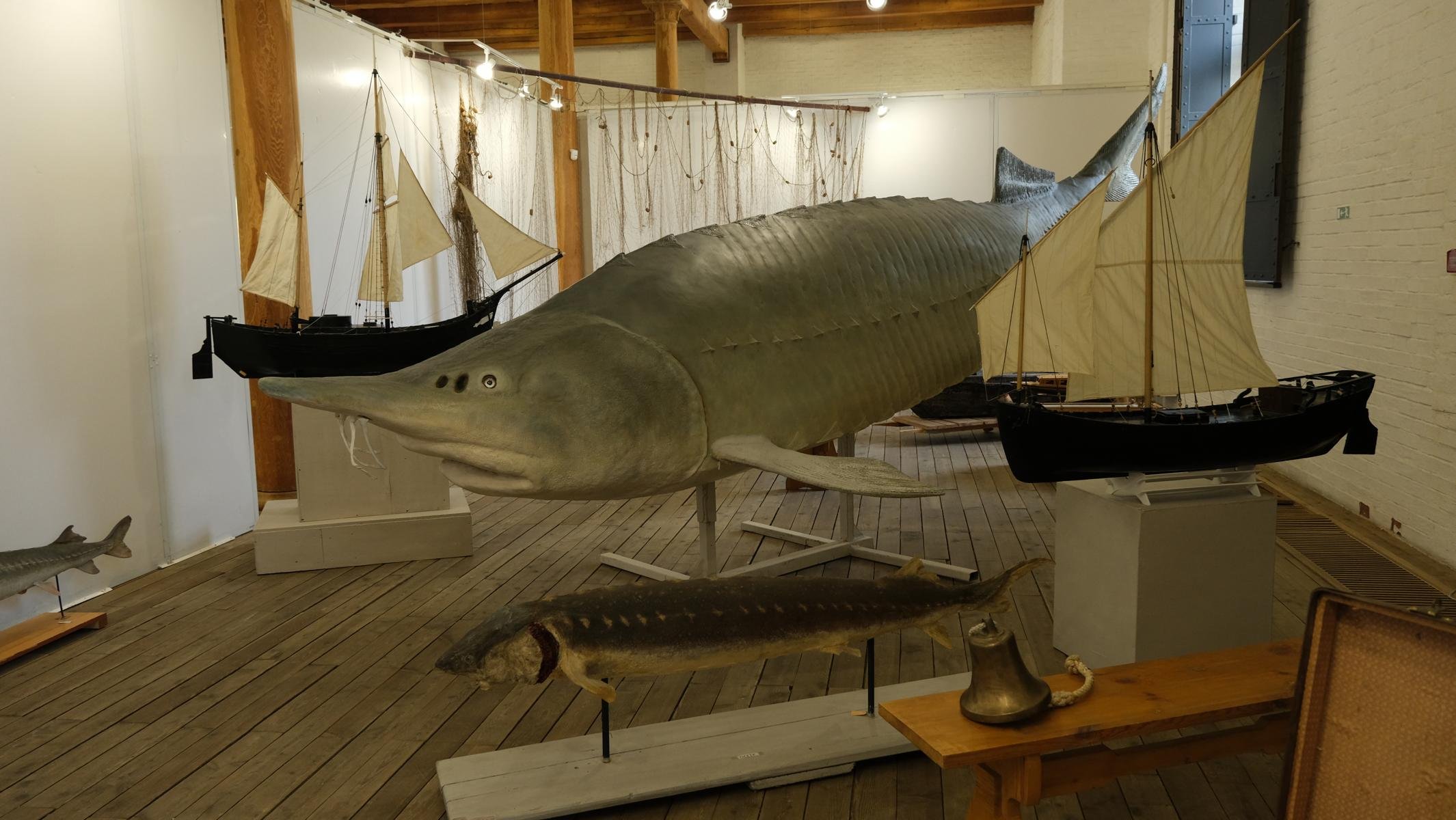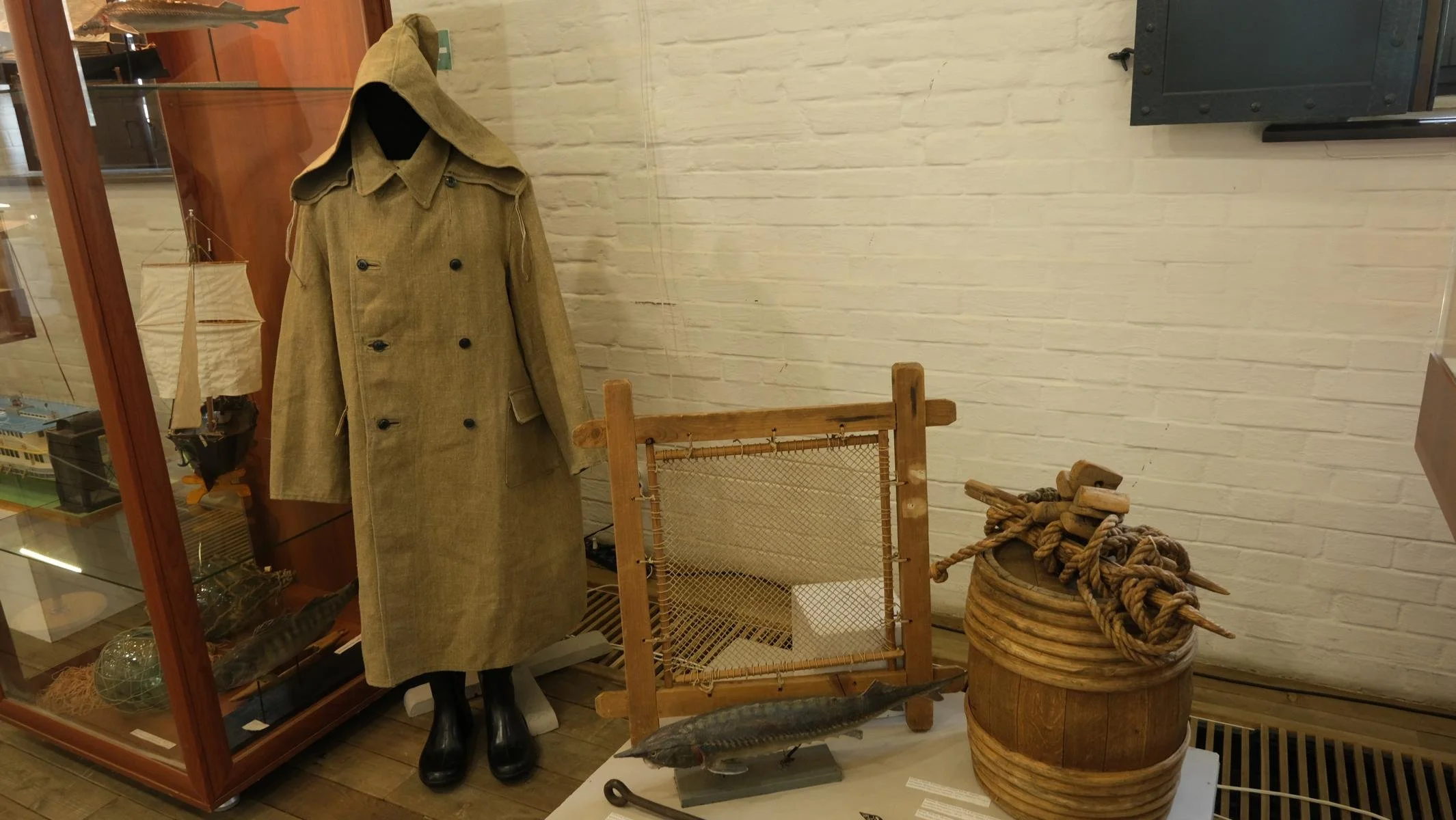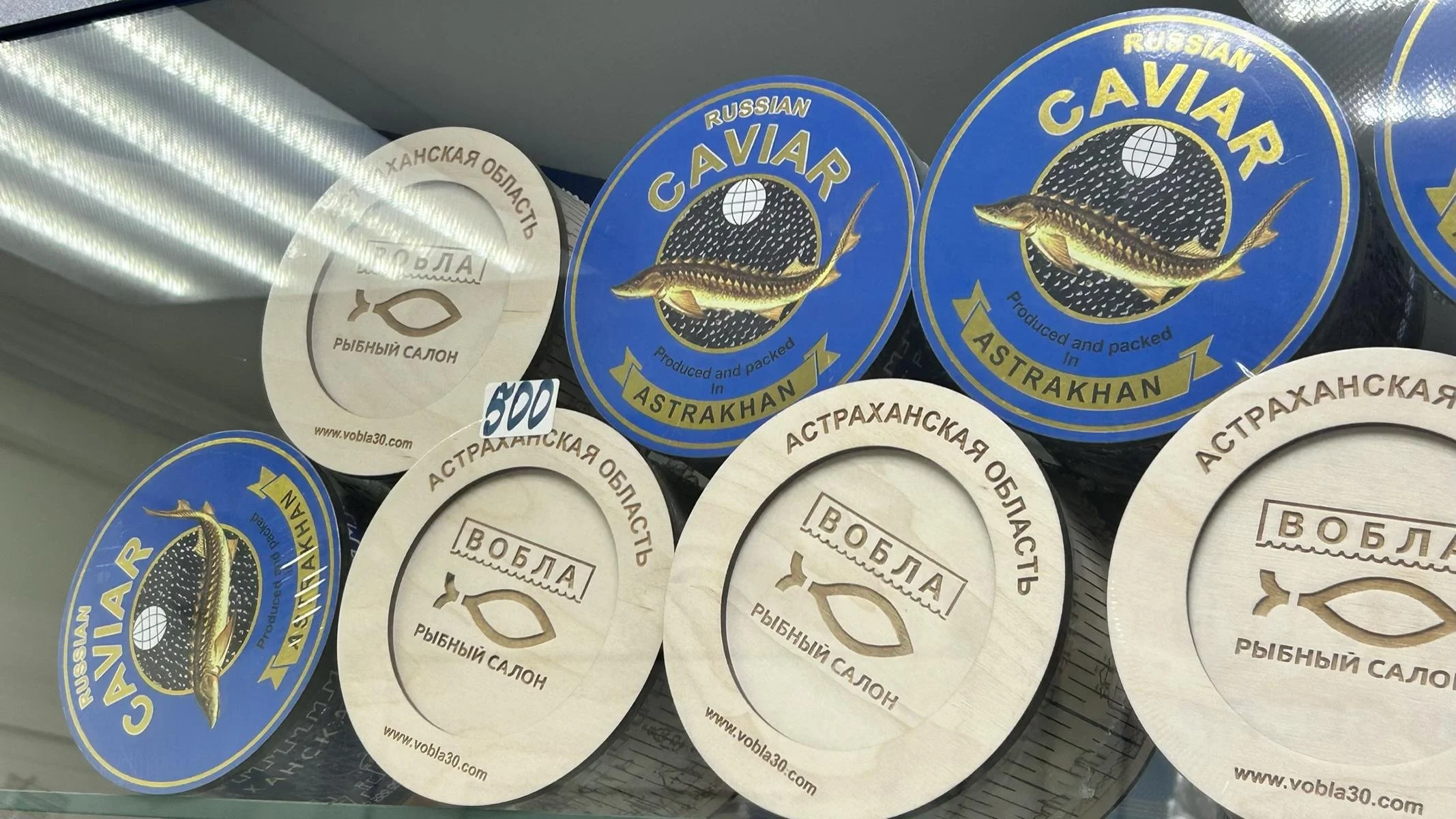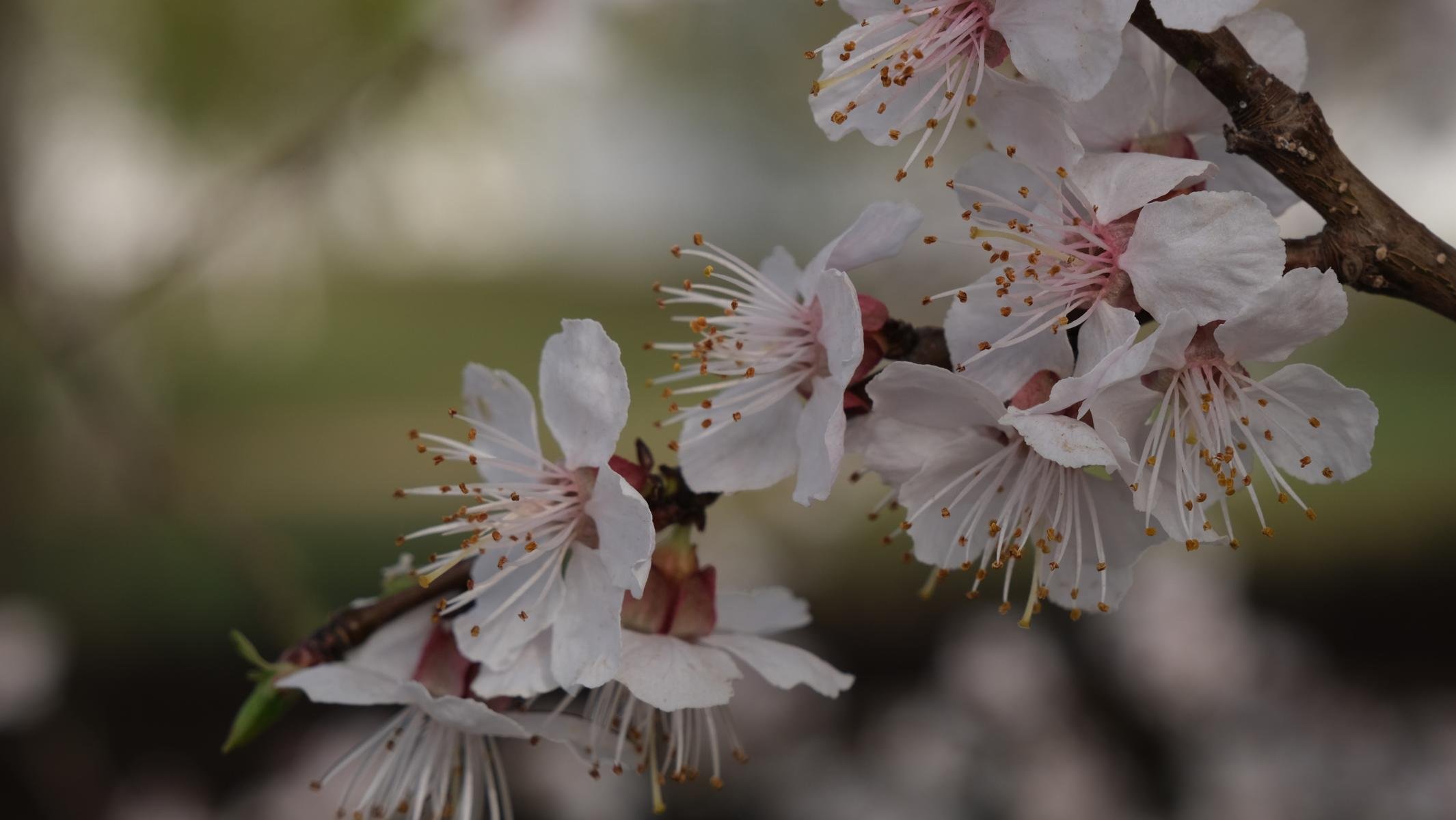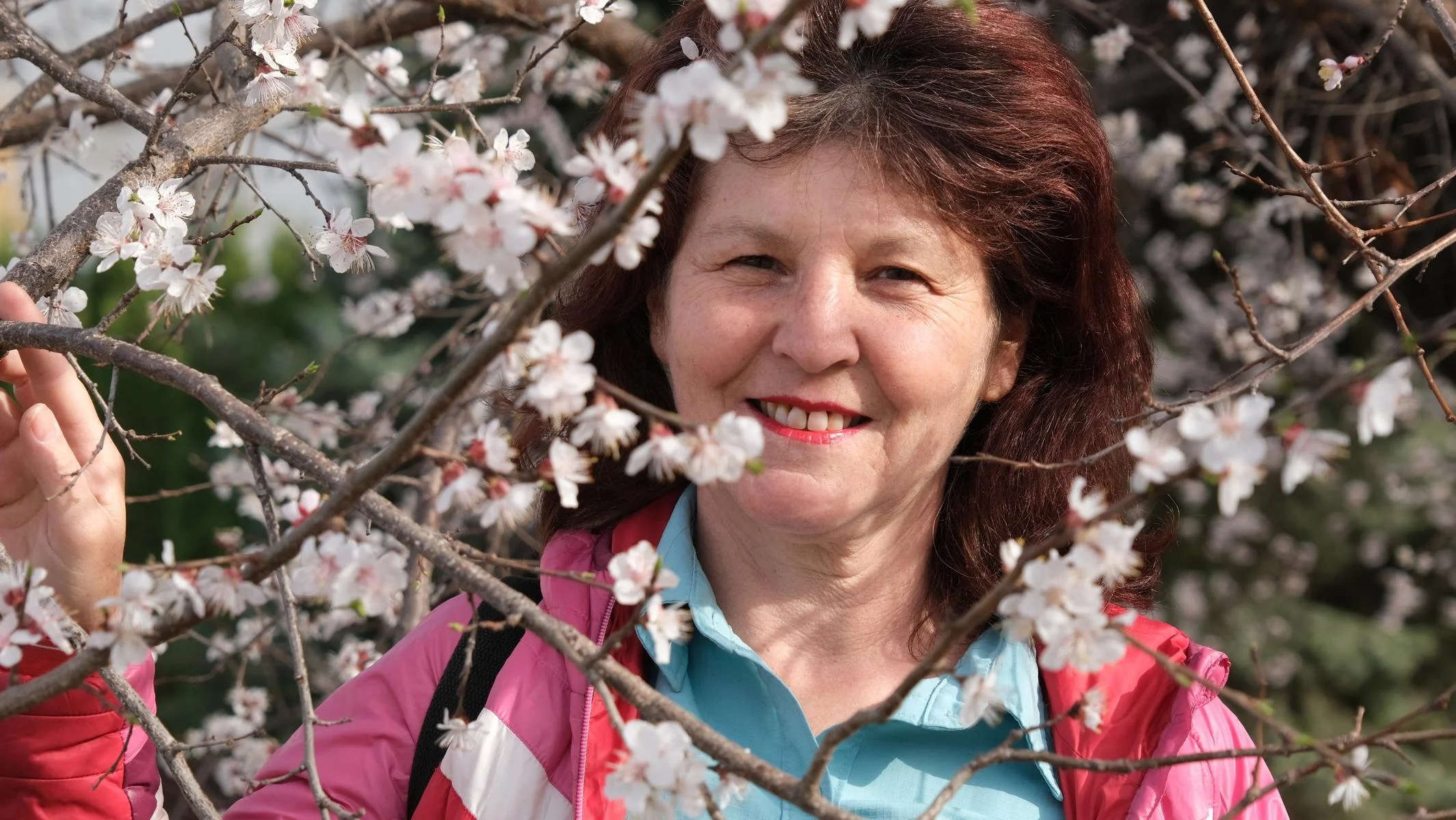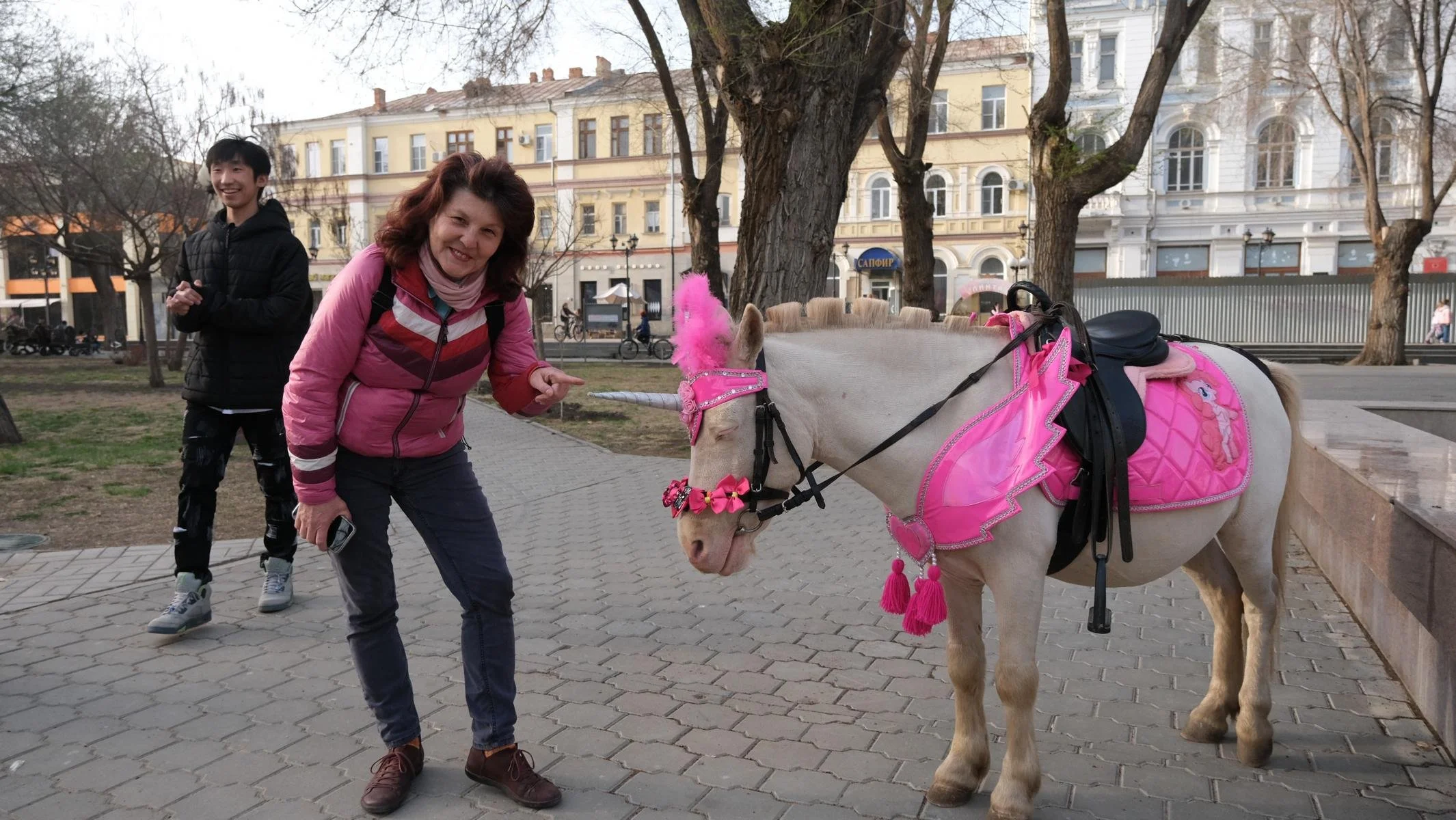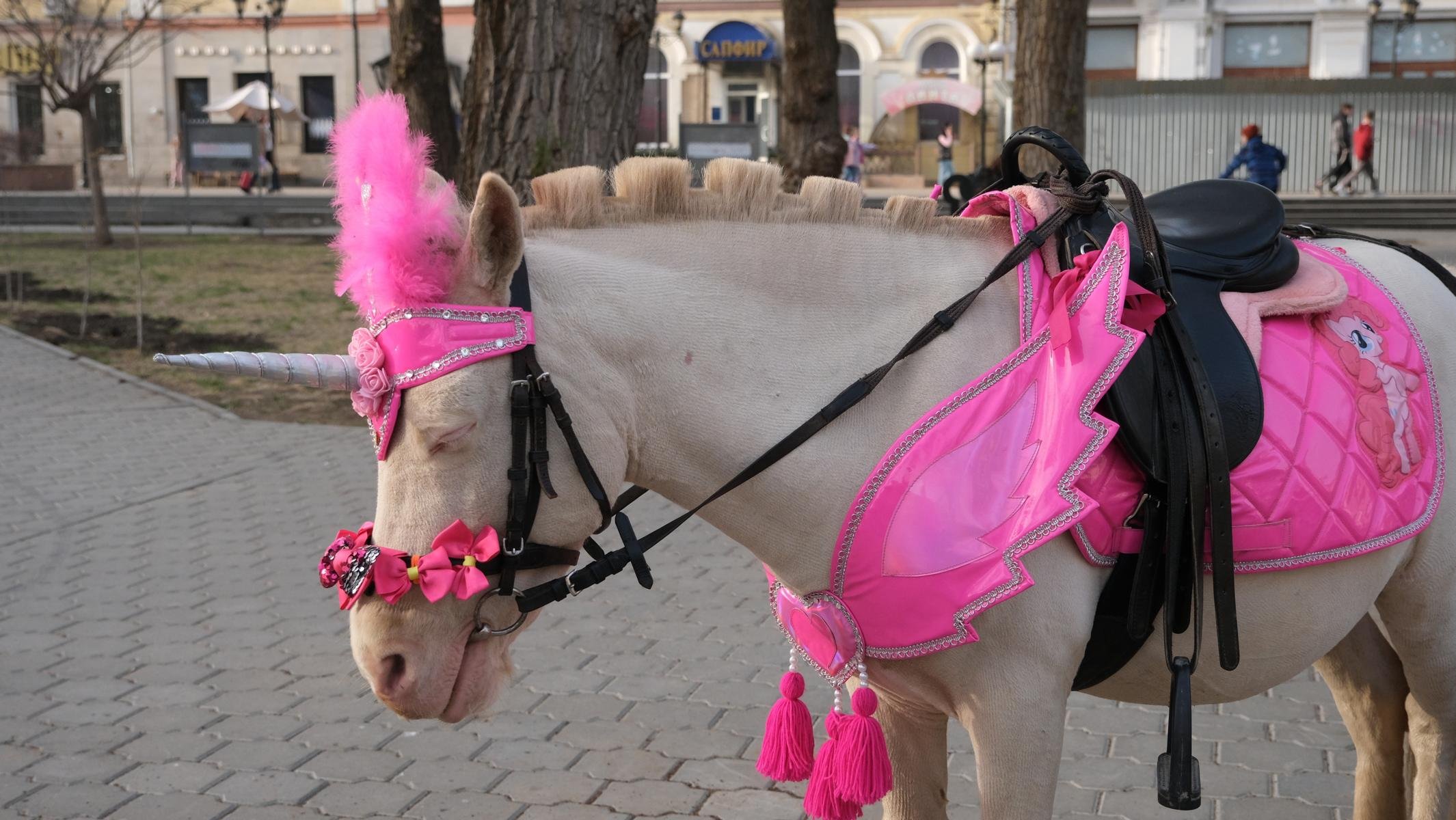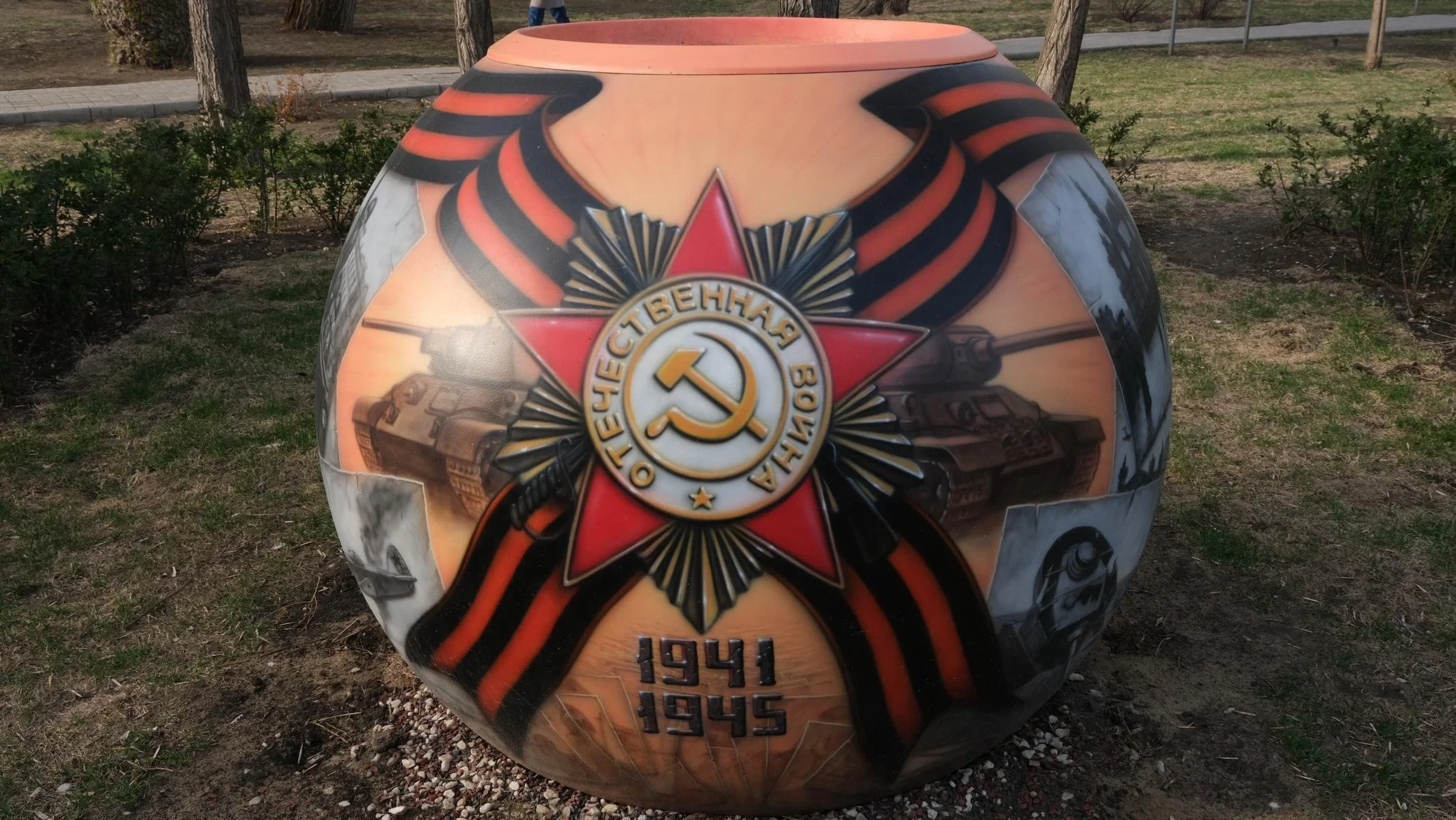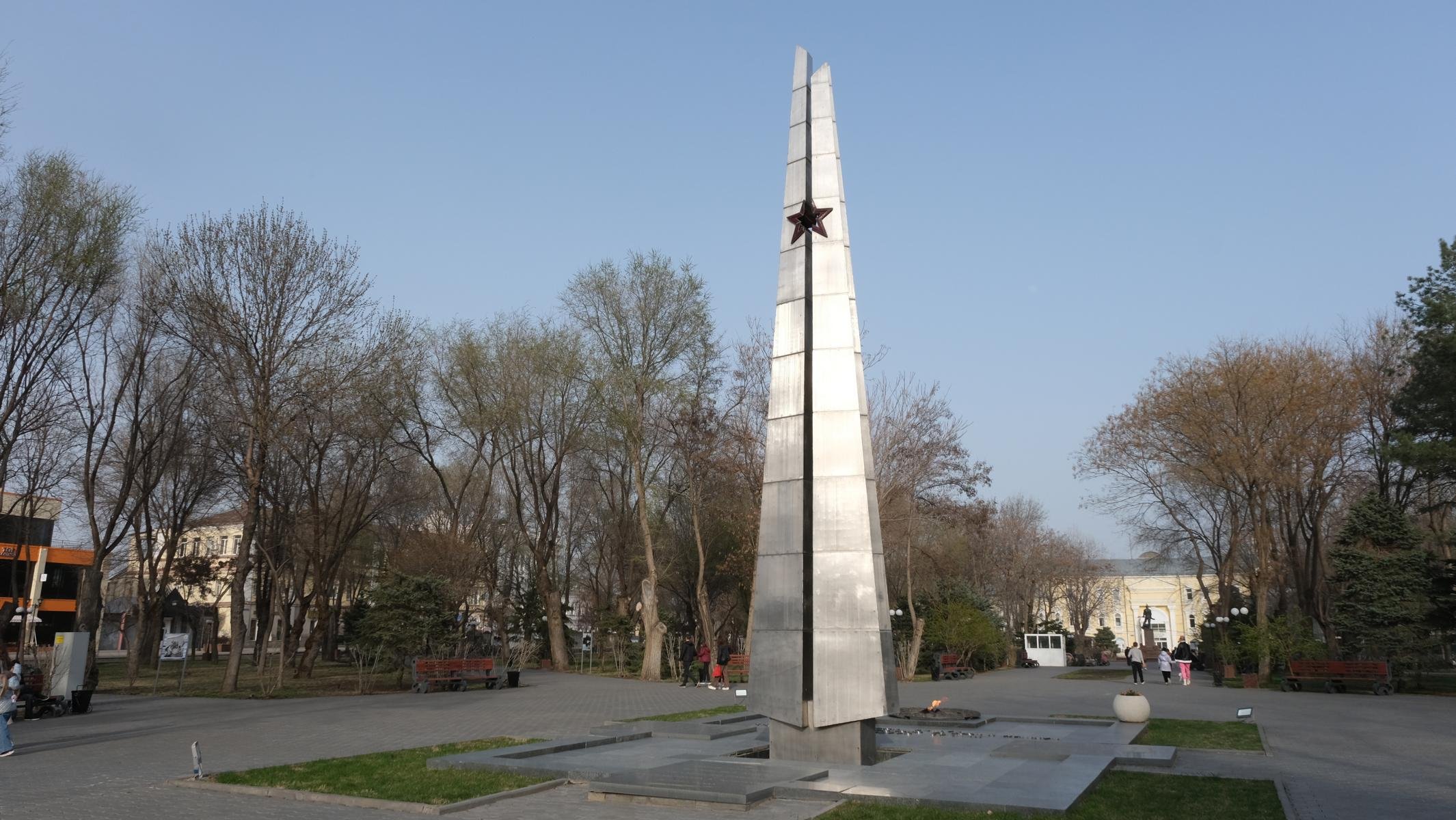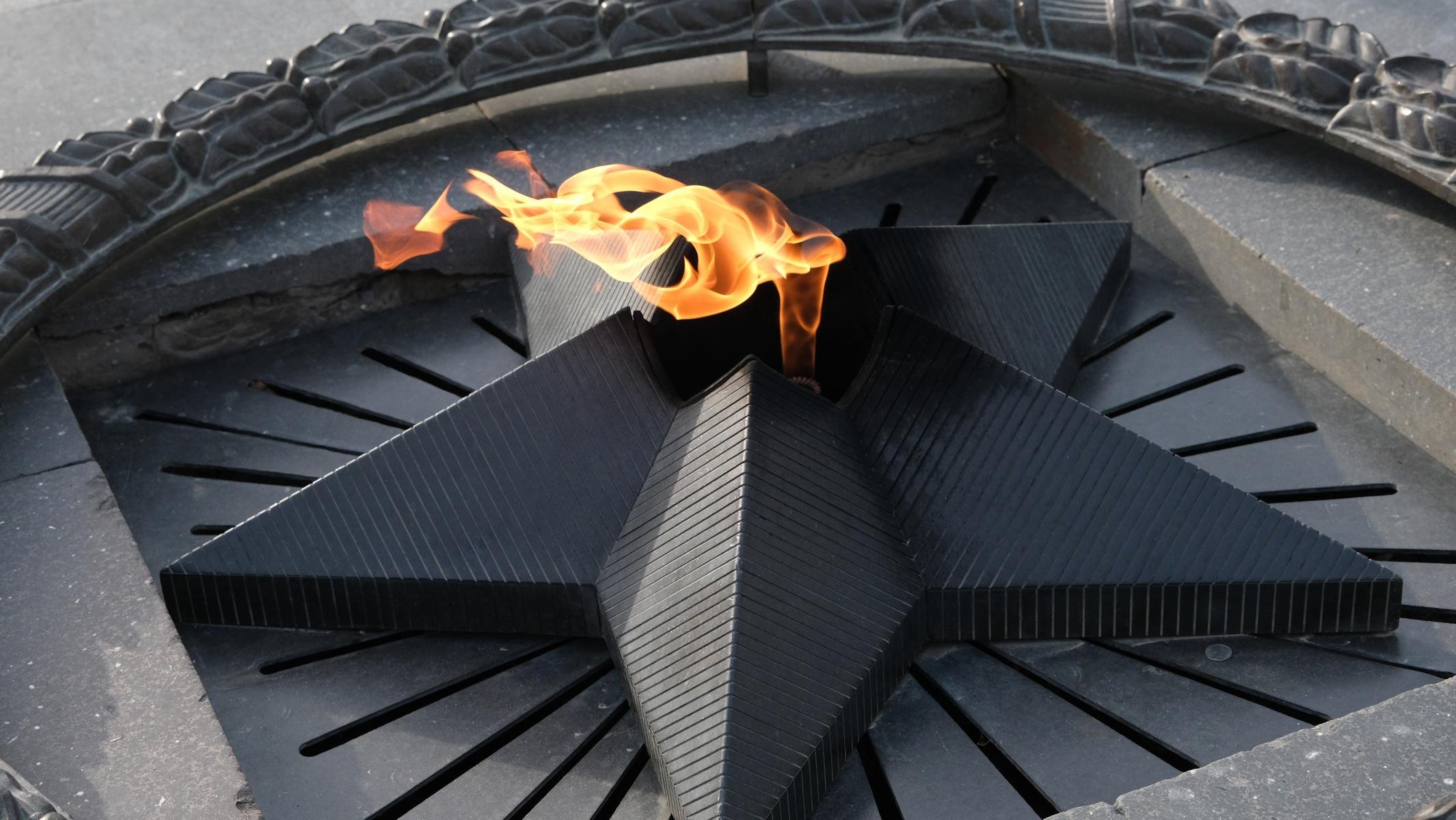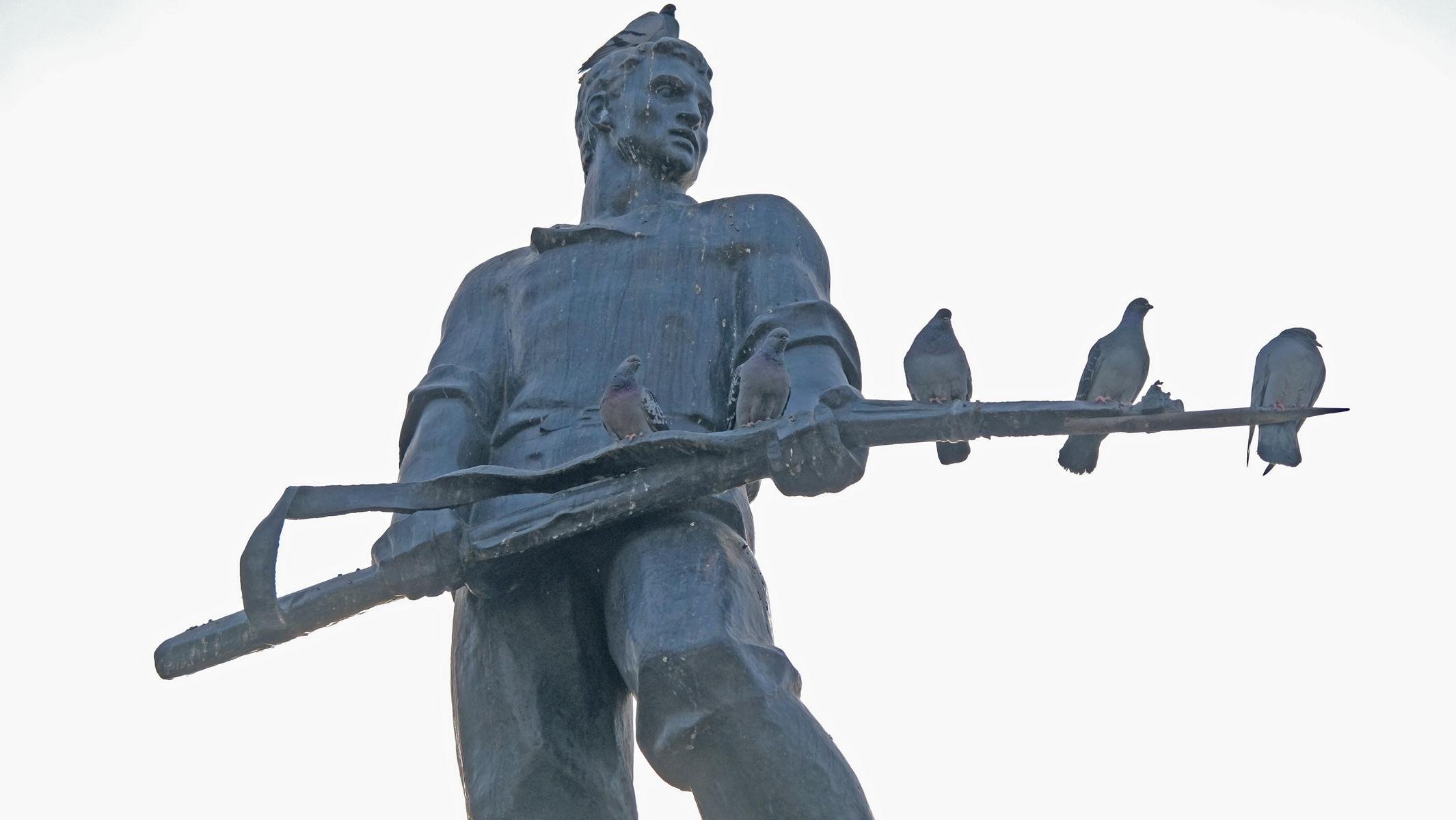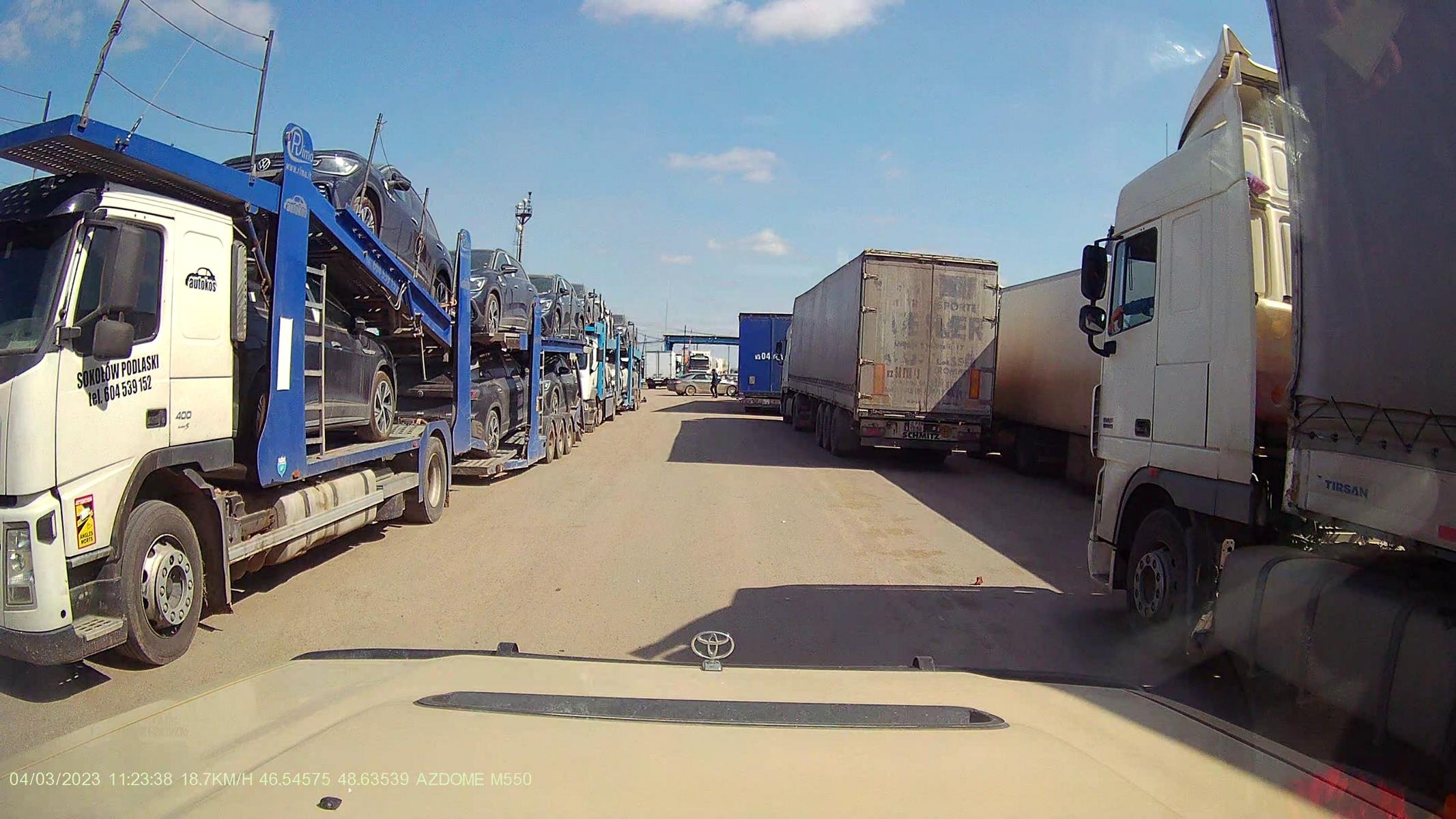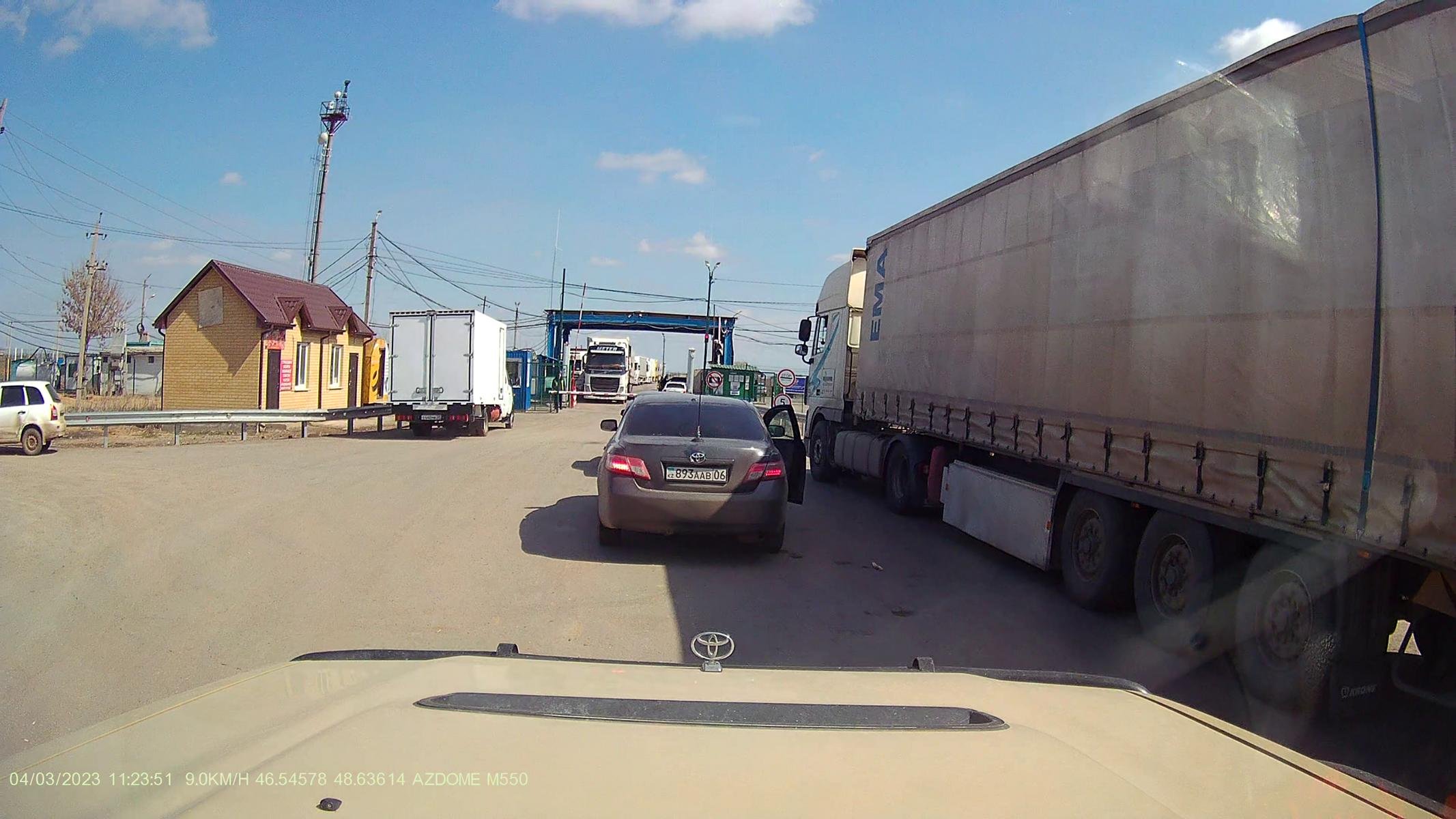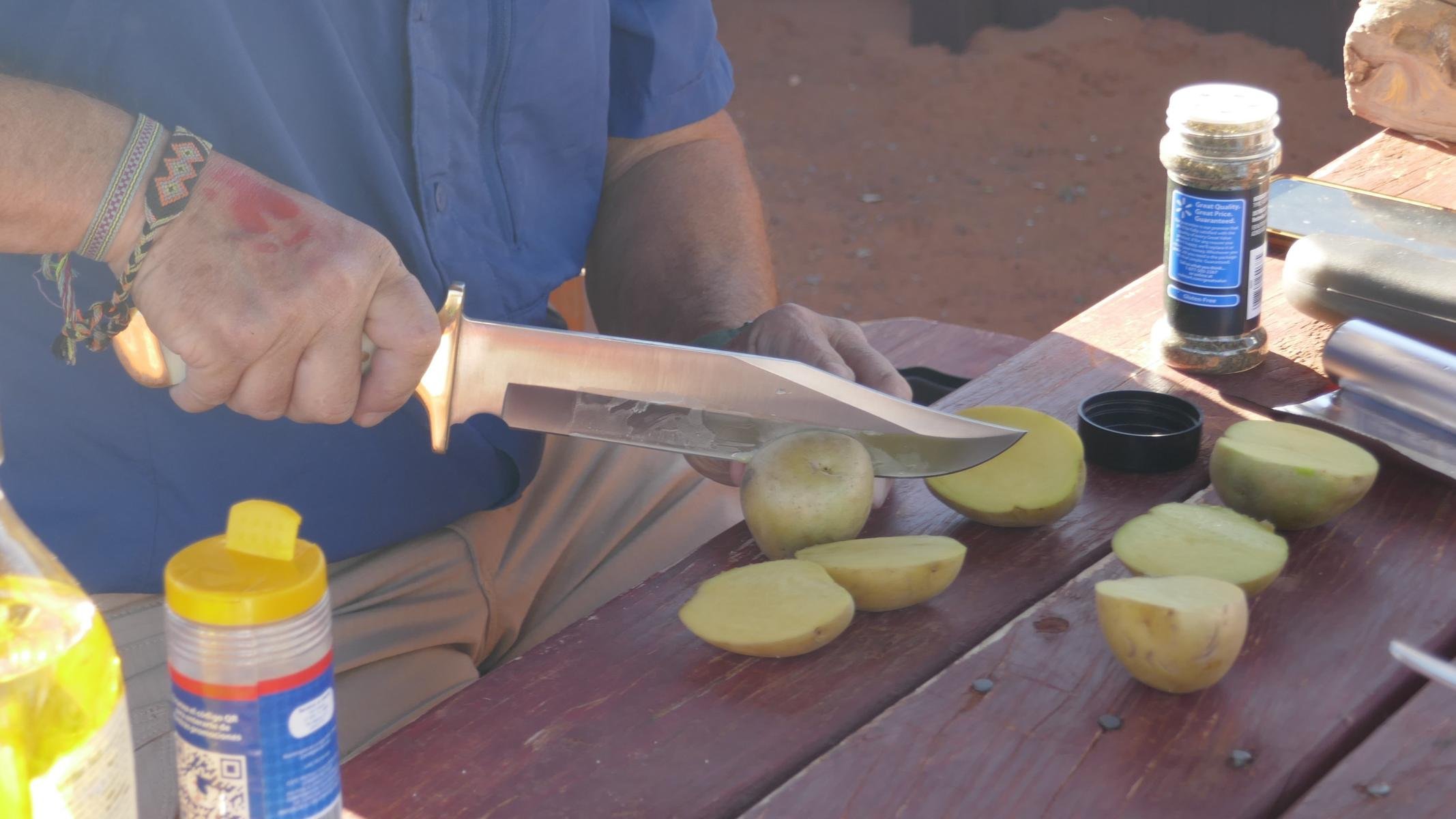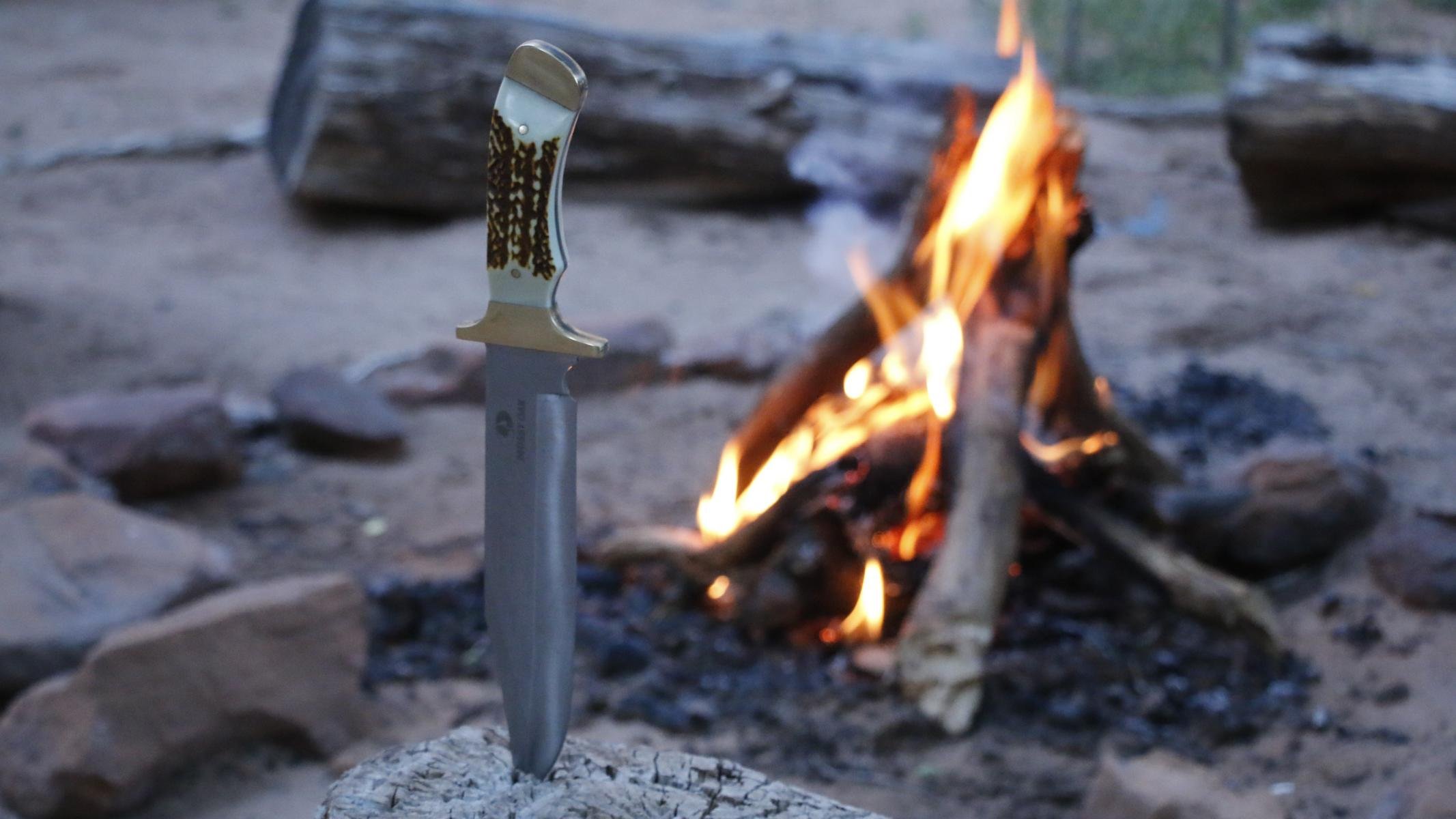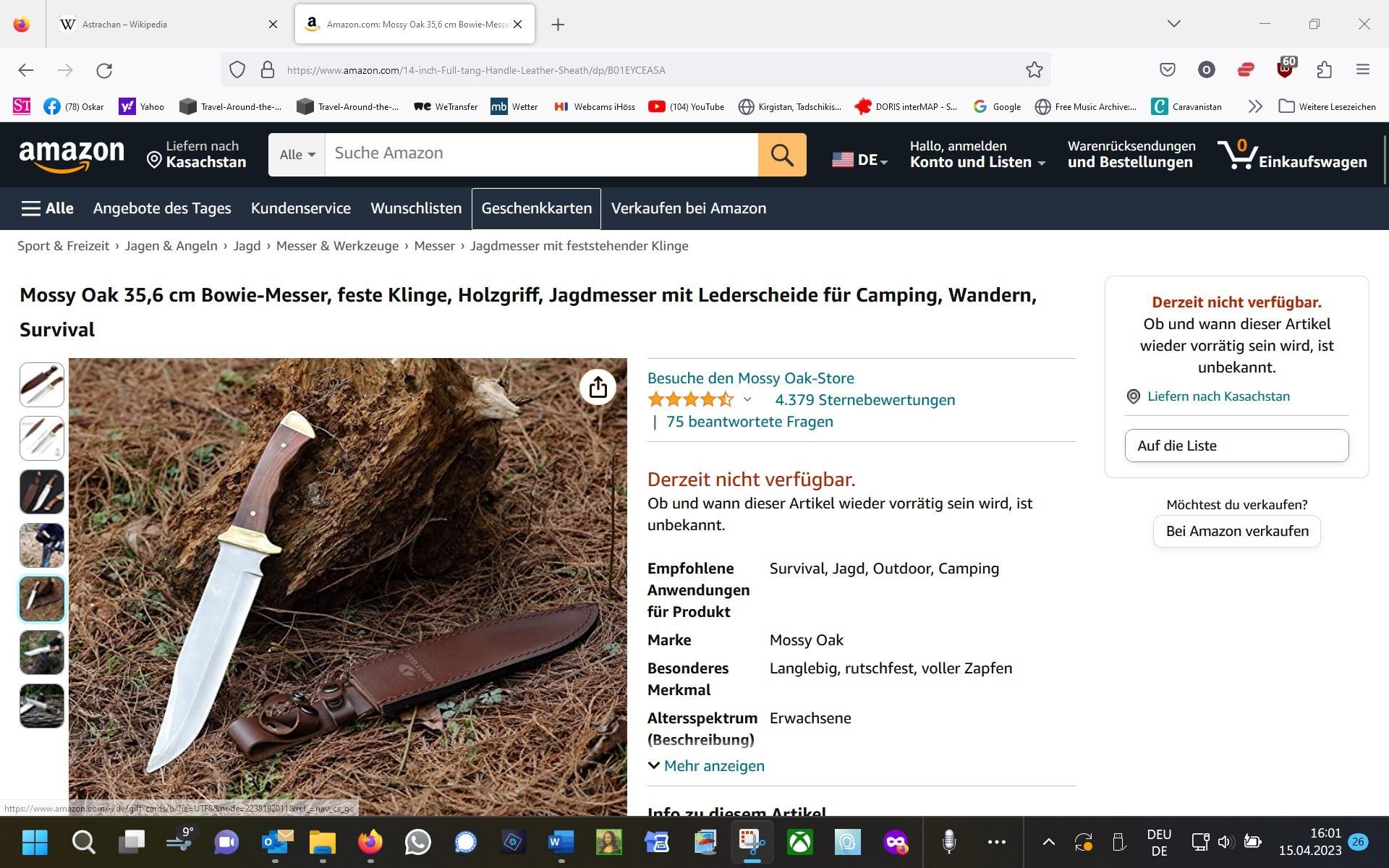The Road to Central Asia – March / April 2023
Die Fahrt nach Zentralasien – März / April 2023
On 19th March 2023 we resumed our journey around the world. This year`s travel destination is Central Asia. The blue line in the map below shows the planned travel route for 2023. After a tiring five-day / 3,400 km / 2,000 mi drive we arrived in Tbilisi / Georgia where we stayed a few days. As the land border to Azerbaijan is still closed (officially due to Covid???) we could not drive the usual route via Baku and take the ferry across the Caspian Sea. Instead, we had to make a huge detour through southern Russia. On April 4th, having driven 4,500 km / 3,000 mi we crossed from Russia to Kazakhstan and two days later passed the Ural river which commonly is considered the border between Europe and Asia. Our current location is Aktau / Kazakhstan indicated by a violet circle in the map below.
Am 19. März 2023 setzten wir mit dem Auto von Micheldorf / Österreich aus unsere Reise um die Welt fort. Unser Ziel für 2023 ist Zentralasien. Die blaue Linie in nachstehender Landkarte zeigt die für 2023 geplante Reiseroute. Nach fünf Tagen / 3.400 km kamen wir in Tiflis / Georgien an, wo wir einige Tage Pause machten. Da eine Einreise auf dem Landweg nach Azerbaijan nach wie vor nicht möglich ist (offiziell wegen Covid ???) konnten wir nicht die übliche Route nach Baku und weiter mit der Fähre über das Kaspische Meer nehmen. Stattdessen mussten wir einen großen Umweg durch Süd-Russland rund um das Kaspische Meer fahren. Am 4. April 2023 und 4.500 gefahrenen Kilometern reisten wir von Russland kommend in Kasachstan ein und überquerten zwei Tage später den Ural Fluss, der allgemein als die Grenze zwischen Europa und Asien angesehen wird.
Coming from Austria, we drove the “Balkan route” via Slovenia, Croatia, Serbia, Bulgaria (apart of a small section it is all highway) to Turkey where we crossed the Bosporus. We then followed the Black Sea coast and crossed near Batumi into Georgia.
Von Österreich aus fuhren wir die „Balkanroute“ über Slowenien, Kroatien, Serbien, Bulgarien (mit Ausnahme einer kurzen Strecke ist alles Autobahn) in die Türkei und überquerten den Bosporus. Der Schwarzmeer Küste folgend reisten wir nahe Batumi in Georgien ein.
On the road we met three guys from Belgium who are undertaking an interesting project: Odyssée Orient https://www.facebook.com/profile.php?id=100086378463545. As a fund-raising project and “to bring a smile to Cambodia” Guillaume, Guilheme and Thèau are driving an iconic Renault R 4 (built in 1987) from Belgium to Cambodia. It must be quite an adventure: three big guys plus all the luggage and camping gear cramped into this small car driving across two continents😊.
Unterwegs trafen wir drei Belgier, die ein interessantes Projekt implementieren: Odyssée Orient https://www.facebook.com/profile.php?id=100086378463545. Für ein Charity Projekt und um ein „Lächeln nach Kambodscha zu bringen“ fahren Guilhem, Guillaume and Théau in einem 1987er Renault R 4 (Auto mit Kultstatus) von Belgien nach Kambodscha. Es muss ganz schön beengt sein, zu Dritt mit allem Gepäck einschließlich Camping Ausrüstung in so einem kleinen Auto quer durch zwei Kontinente zu reisen.
In Georgia we met old friends: the Austrian Ambassador Thomas Mühlmann and his family, the Swiss Ambassador Heidi Grau and Sabine Machl the UN Resident Representative for Georgia. In addition we visited Matthias und Marika, an Austrian / Georgian couple who settled in a small village in Georgia two years ago. And we visited a Georgian family, Anna and Suliko, who had been expelled from Austria four years ago and are close friends of some of my paragliding buddies. They prepared excellent Georgian food for us.
In Georgien gab es ein Wiedersehen mit alten Freunden und Freundinnen: Dem österreichischen Botschafter Thomas Mühlmann und seiner Familie, der Schweizer Botschafterin Heidi Grau und Sabine Machl, UN Resident Representative in Georgia. Außerdem besuchten wir Matthias und Marika, ein österreichisch / georgisches Paar, die sich vor zwei Jahren in einem kleinen Dorf in Georgien niedergelassen hat. Und wir lernten Anna und Suliko kennen, eine georgische Familie, die vor vier Jahren aus Österreich ausgewiesen wurden und gute Freunde von meinen Paragleitkollegen sind. Bei ihnen genossen wir ein exzellentes georgisches Essen (Supra).
Coincidently we happened to have the chance to attend the opening of an exhibition in honour of Austrian/Bohemian peace and women´s rights activist Bertha von Suttner, who lived in Georgia between 1876 and 1885 and in 1905 was the first women awarded the Nobel Peace Prize. The exhibition was arranged by the Austrian Ambassador Thomas Mühlmann. The location of the exhibition was the beautiful chateau of Zinadali, where today in the extensive park a beautiful Radisson Hotel is located.
Zufällig hatten wir die Möglichkeit der Eröffnung einer Ausstellung zu Ehren der österreichisch/böhmische Friedens- und Frauenrechtsaktivistin Bertha v. Suttner beizuwohnen, die zwischen 1876 und 1885 in Georgien lebte und im Jahre 1905 die erste Frau war, die mit dem Friedensnobelpreis ausgezeichnet wurde. Die Ausstellung wurde vom österreichischen Botschafter Thomas Mühlmann im Schloss von Zinadali veranstaltet. Im ausgedehnten Schlosspark steht heute auch ein wunderschönes Radisson Hotel.
Being from Austria and enjoying skiing we, of course, had to use the opportunity to go skiing in Gudauri / Greater Caucasus. Even by European standards, it is a nice skiing area equipped with Doppelmayr and Poma ski lifts which bring you to an altitude of 3,276 m / 10,800 ft. There are even mountain ski huts where they even serve mulled wine. In particular it is a great free riding and ski touring area.
Als Österreicher*in, die gerne Schifahren, nutzten wir natürlich die Gelegenheit für einen Schitag in Gudauri im Hohen Kaukasus. Selbst nach europäischen Standards ist es ein sehr schönes Schigebiet, das mit Doppelmayr und Poma Sessel-/Gondelliften ausgestattet ist, die einem auf 3.276 m hinauf befördern. Es gibt sogar Schihütten mit Glühwein. Das Gebiet ist auch besonders geeignet zum Schitourengehen und Freeriden.
Progressing further north through the Caucasus to Russia we had to drive over the Cross Pass (2,395 m / 7,860 ft) during a snowstorm. Anticipating the Azeri border remaining closed, we had already applied for Russian tourist visa in Austria, which we got without problems. On 31st March we entered Russia at the border crossing near Vladikavkaz. Avoiding Chechnya and Ingushetia for security reasons, the following 1,100 km through Southern Russia led through flat land and the only surprise was the large number of police check points. However, all police officers acted professionally, were friendly and we were never asked to pay bribes. A special highlight was crossing a 200m wide ponton (toll) bridge which spans one of the many arms of the Volga delta. Occasionally one can still find statutes of Lenin and Stalin in the villages along the road.
Weiter in Richtung Norden (Russland) mussten wir den Kreuzpass (2.395 m) während eines Schneesturms überqueren. Bereits in Österreich hatten wir wegen Azerbaijans geschlossener Grenzen russische Touristen Visa beantragt, die wir ohne Probleme erhielten. Am 31. März reisten wir in Russland beim Grenzübergang nahe Wladikawkas ein. Wir umfuhren aus Sicherheitsgründen Tschetschenien und Inguschetien und die folgenden 1.100 km durch Süd-Russland führten durch weitgehend flaches Land. Überrascht waren wir von der großen Anzahl an Polizei-Checkpoints. Die Polizei agierte jedoch korrekt und freundlich und wir wurden nie nach Bestechungsgeldern gefragt. Eine interessante Erfahrung war die Überquerung einer 200 m langen Ponton-(Maut)Brücke, die über einen der vielen Flussarme des Wolgadeltas spannt. Vereinzelt sieht man noch in den Dörfern Statuen von Lenin und Stalin entlang der Straße.
Astrakhan, located at the Volga delta 28 m / 80 ft below sea level, is a city of 500,000 inhabitants. During the expansion of the Russian empire to the east, the area inhabited by the Tartars was conquered in 1554. One of Astrakhan`s touristic highlights is the beautiful Kremlin (which means fortified city centre). Astrachan also is a center of caviar which we enjoyed tasting.
Astrachan, am Wolga Delta 28 m unter dem Meeresspiegel gelegen, ist eine Stadt mit 500,000 Einwohner*innen. Während der Ausdehnung nach Osten wurde das von Tartaren besiedelte Gebiet im Jahre 1554 von Russland erobert. Eine der touristischen Sehenswürdigkeiten Astrachans ist der wunderschöne Kreml (was so viel wie befestigtes Stadtzentrum heißt). Astrachan ist auch ein Zentrum des Kaviars, den wir mit Genuss ausprobierten.
While all our travel went smoothly, we had a first hitch when exiting Russia. A customs official saw my camping knife (an iconic Bowie knife which I had bought in the USA in 2019). He called the police and what followed was a four-hour interrogation and negotiation of the Russian text of the protocol based on the accusation that I possibly owned an illegal weapon. It helped that I have a fair command of Russian. Actually, the police officers were not sure whether this is an illegal weapon and indicated that the knife would be sent to experts for further examination. Initially, the situation was a bit uncomfortable, but I would like to stress that the police and customs officers were not aggressive or intimidating and after four hours we were finally allowed to progress across the border without the confiscated knife. Surprisingly, 10 days later, when we were already deep in Kazakhstan I got a WhatsApp call by the Russian police officer about the result of the examination. He informed me that the knife did not constitute an illegal weapon and that I was free to pick it up at the police station. Now I am considering how? Any suggestions / assistance most welcomed 😊.
Während die gesamte bisherige Reise ohne gröbere Vorkommnisse verlief gab es noch ganz zum Schluss bei der Ausreise aus Russland ein kleines Problem: Ein Zollbeamter fand im Auto ein Camping Messer (Marke Bowie Knife), das ich 2019 in den USA gekauft hatte. Er rief die Polizei und was folgte war eine vier-stündige Einvernahme und Verhandlung über den Text des Protokolls in russischer Sprache basierend auf dem Vorwurf, dass ich eine verbotene Waffe besitze. In dieser Situation half es, dass ich einigermaßen Russisch spreche. Währenddessen musste Ursula im Auto sitzen bleiben. Die Polizisten waren sich übrigens nicht sicher, ob das Messer eine illegale Waffe darstellt und meinten, das bedürfe einer kriminal-technische Untersuchung. Am Anfang war die Situation etwas unangenhem aber ich möchte betonen, dass die Beamten weder aggressiv noch einschüchternd agierten. Schließlich wurde uns nach vier Stunden erlaubt, ohne das Messer auszureisen. Um so überraschender war es dass ich nach zehn Tagen, als wir schon tief in Kasachstan waren, einen WhatsApp Anruf von dem Polizeioffizier erhielt und er mir das Ergebnis der Untersuchung mitteilte: Es handle sich nicht um eine verbotene Waffe und ich kann das Messer vom Kommissariat wieder abholen. Jetzt bleibt nur noch die Frage: Wie? Vorschläge und Hilfe sind mehr als willkommen 😊.
At least entering into Kazakhstan was no problem then and in the following weeks we extensively explored the area west of the Aral Sea. Learn more about our adventures there in the next travel blog.
Zumindest die Einreise nach Kasachstan lief dann reibungslos und in den folgenden Wochen bereisten wir ausgiebig das Gebiet westlich des Aralsees. Mehr über unsere Abenteuer in Kazakhstan erfahren sie im nächsten Reise Blog.
